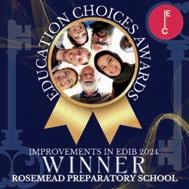
































HOW BUILDING RESILIENCE SETS CHILDREN ON THE PATH TO HAPPINESS AND SUCCESS
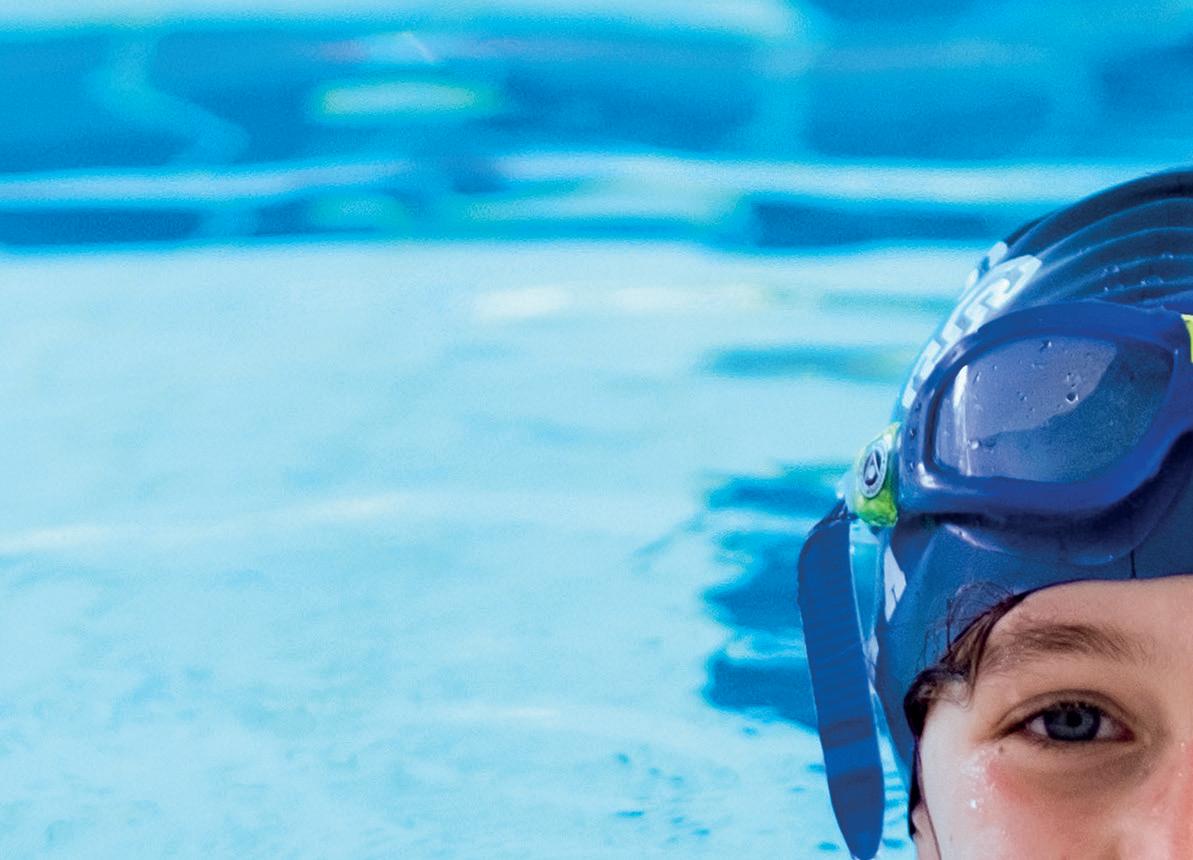
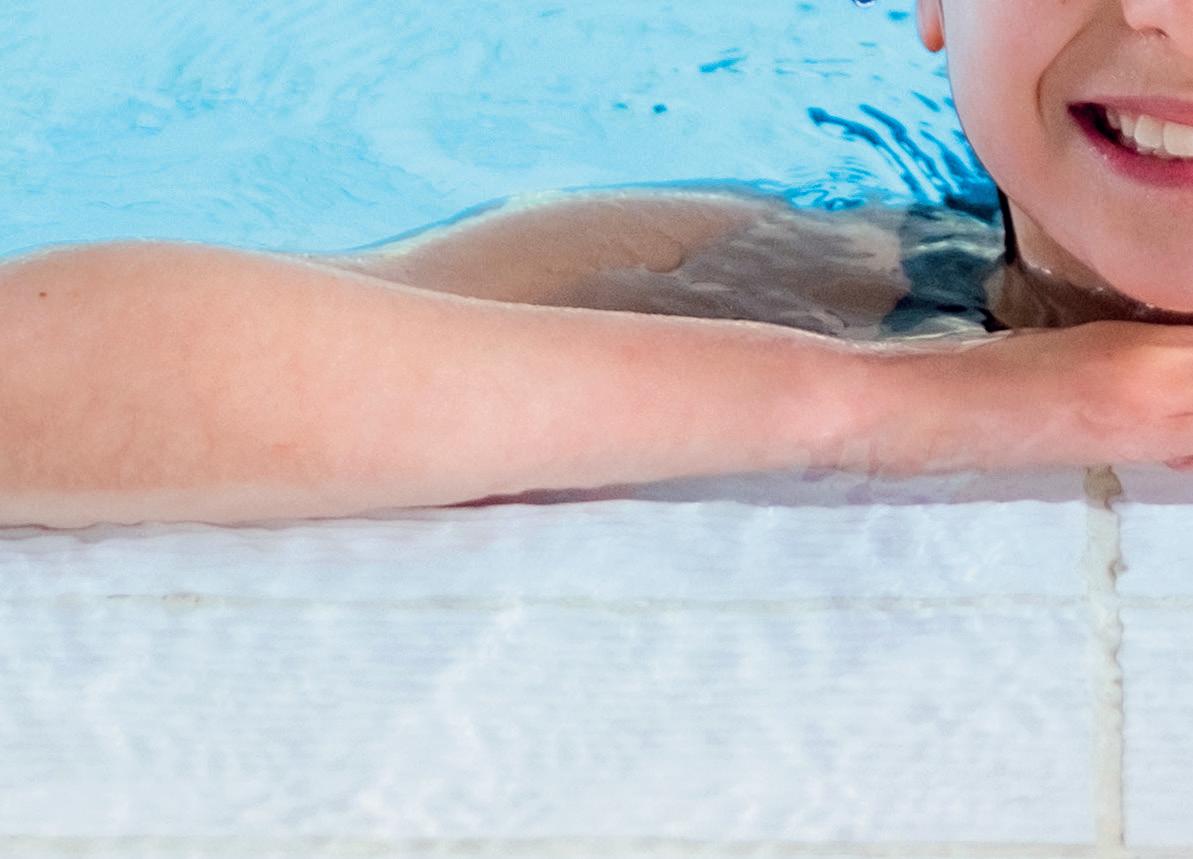

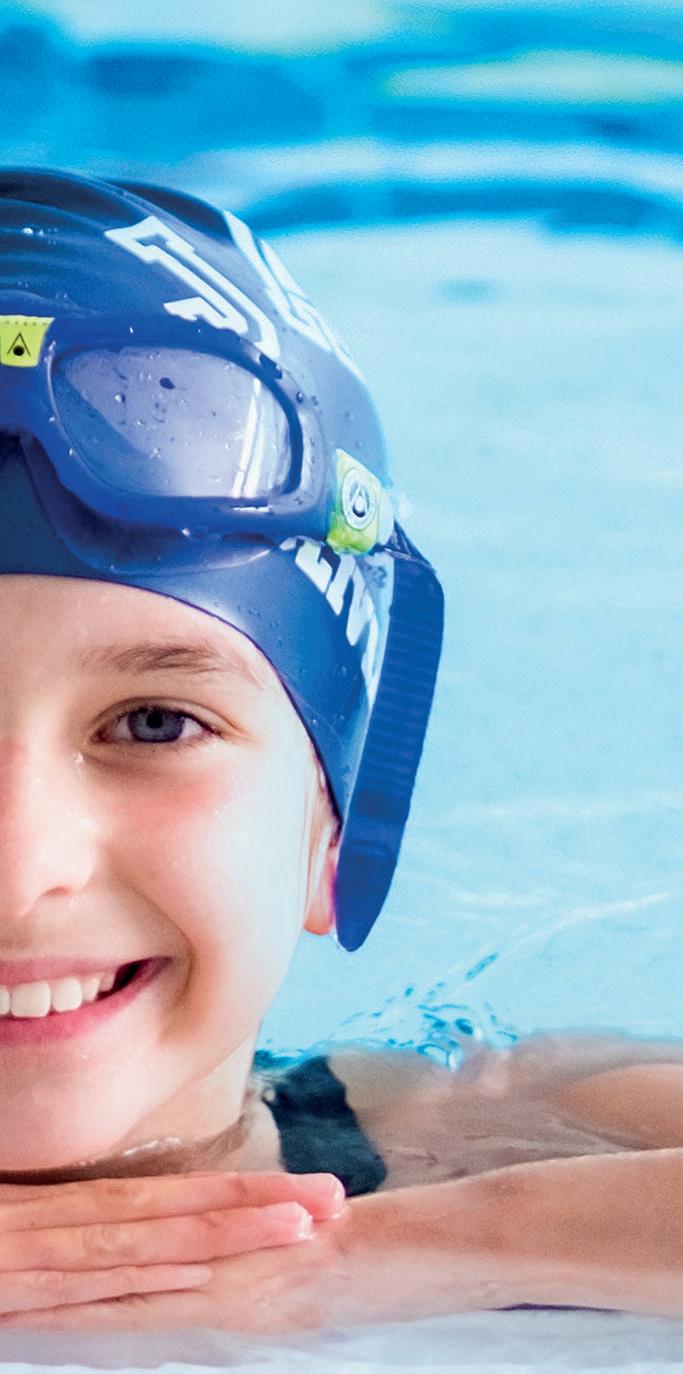








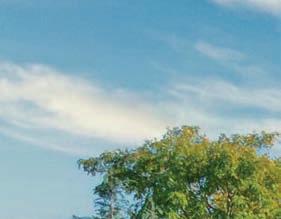
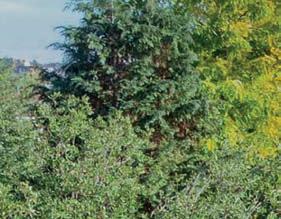
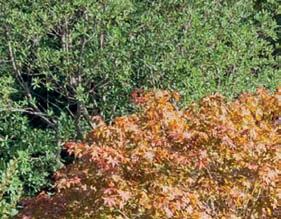
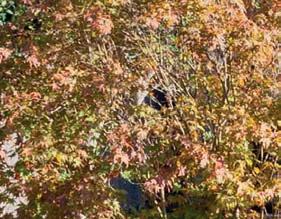

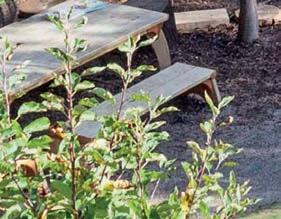
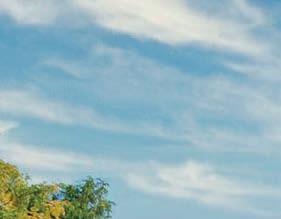
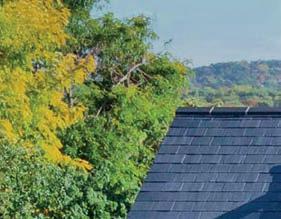
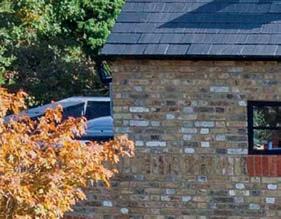
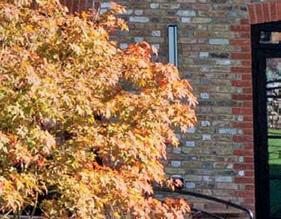
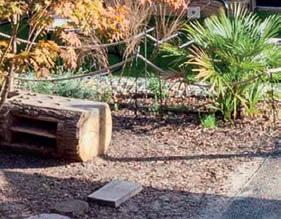
MONDAY 18 TO THURSDAY 21 NOVEMBER · 9.30AM
MONDAY 18 TO THURSDAY 21 NOVEMBER · 9.30AM

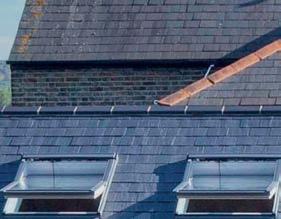
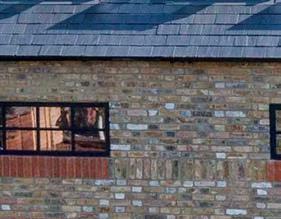

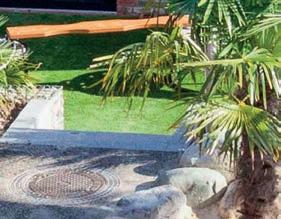

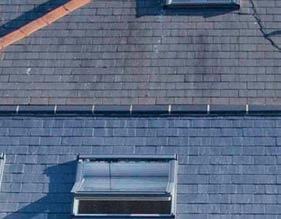
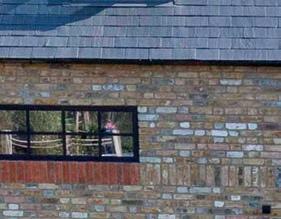

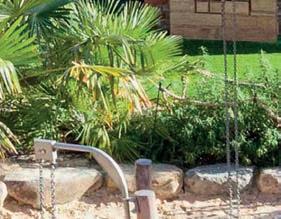


Join us with your two-year-old for a playful peek into our unique Kindergarten life.
Join us with your two-year-old for a playful peek into our unique Kindergarten life.
For parents and their 2-3 year-old child (born between 1 September 2021 and 31 August 2022).
For parents and their 2-3 year-old child (born between 1 September 2021 and 31 August 2022).
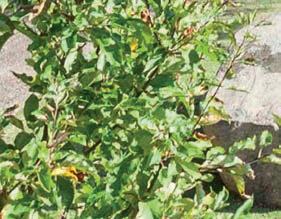
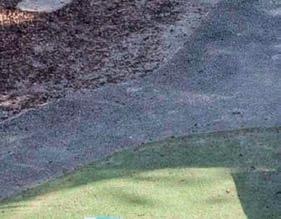
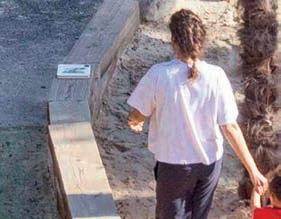
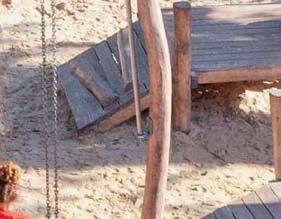

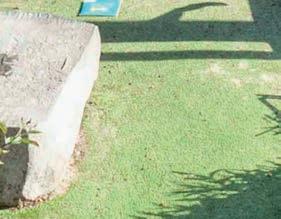
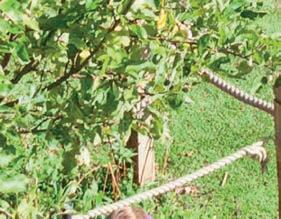
Parents of younger or older children can also see the school in action by joining one of the regular tours. Visit hernehillschool.co.uk for
Parents of younger or older children can also see the school in action by joining one of the regular tours.
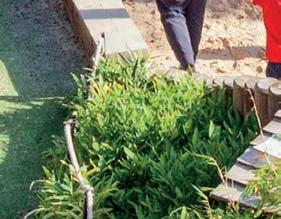
Visit hernehillschool.co.uk for further details and to book
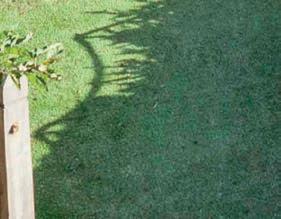
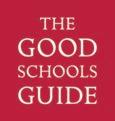

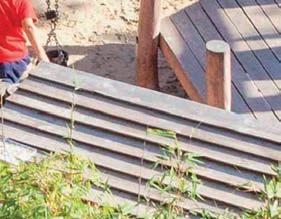
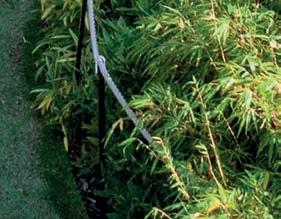

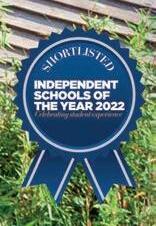



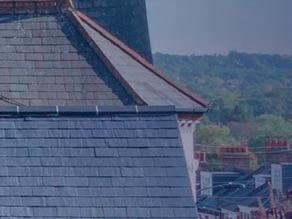
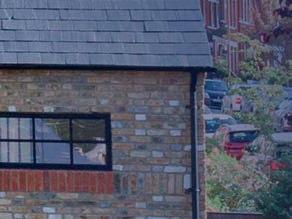
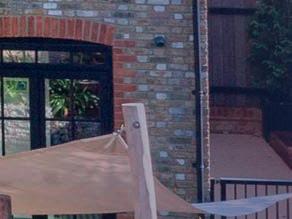
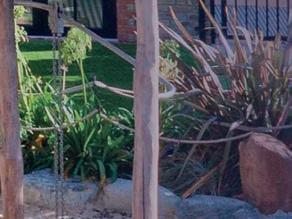
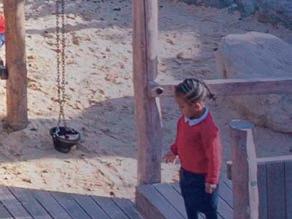
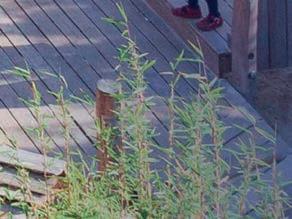



See website for July ‘24 parent survey results
See website for July ‘24 parent survey results


We attach great importance to the views of our parents. They are close to all we do and witness first-hand how their children progress, and to what extent we deliver against our ambitious stated aims.
The staff are so nurturing, and they weave learning into play in the most wonderful way. Our daughter has relished every moment she has been in Kindergarten.
The staff are so nurturing, and they weave learning into play in the most wonderful way. Our daughter has relished every moment she has been in Kindergarten.
Kindergarten parent
Kindergarten parent
We attach great importance to the views of our parents. They are close to all we do and witness first-hand how their children progress, and to what extent we deliver against our ambitious stated aims.
Asked in our most recent (July 2024) confidential survey about their overall satisfaction with their child’s experience at Herne Hill School over the past academic 98% responded that they were either ‘very satisfied’ or ‘satisfied’, with the vast majority being ‘very satisfied’ (85%)
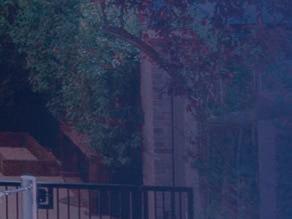
Asked in our most recent (July 2024) confidential survey about their overall satisfaction with their child’s experience at Herne Hill School over the past academic year, 98% responded that they were either ‘very satisfied’ or ‘satisfied’, with the vast majority being ‘very satisfied’ (85%).
In the light of our parents’ understandably high expectations, we are proud of their strong endorsement of our provision and of their many complimentary comments.
In the light of our parents’ understandably high expectations, we are proud of their strong endorsement of our provision and of their many complimentary comments.



Embedding key values and developing ‘the whole child’ through a unique, continuous five-year curriculum
} Embedding key values and developing ‘the whole child’ through a unique, continuous five-year curriculum
Focusing exclusively on cutting edge
Early Childhood Education (age 2+ to 7+), the most crucial period in a child’s life
A true gem where children can flourish, find their love for learning, and grow friendships and self-confidence.
A true gem where children can flourish, find their love for learning, and grow friendships and self-confidence.
Pre-Reception parent
Pre-Reception parent
Te school has so many strengths: A friendly community tailored for young people. Outdoor space to imagine and play. Attention to progress and meet learning goals.
Te school has so many strengths: A friendly community tailored for young people. Outdoor space to imagine and play. Attention to progress and meet learning goals.
Reception parent
HHS is a magical fairyland that we never want to leave!
HHS is a magical fairyland that we never want to leave!
Year 1 parent
Year 1 parent
} Focusing exclusively on cutting edge Early Childhood Education (age 2+ to 7+), the most crucial period in a child’s life
Transitioning seamlessly from playbased to more structured learning
} Transitioning seamlessly from playbased to more structured learning
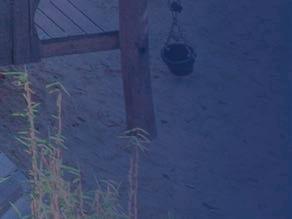

Expert staff embracing the ethos of under which children thrive with enthusiasm
} Expert staff embracing the ethos of Love · Care · Excellence under which children thrive with enthusiasm
Extensive wrap-around care from
} Extensive wrap-around care from 7.45am to 6pm


The school manages to inspire the children on a daily basis. They have a magical experience at HHS, where they learn to strive in a nurturing environment.
The school manages to inspire the children on a daily basis. They have a magical experience at HHS, where they learn to strive in a nurturing environment.
Year 2 parent
Year 2 parent
Report just released - see website
Reception parent 2024 ISI Inspection Report just released - see website
hernehillschool.co.uk
enquiries@hernehillschool.co.uk
020 7274 6336










Writer, producer and actress
Born to English parents, Colette Hiller trained as a dancer in New York before acting. She appeared in the original London production of Annie and the sci-fi classic Aliens, as well as many plays. Then she switched to creating – as a BBC producer and designer of cultural projects. In this issue she talks about her latest book, created to help children fall in love with words of substance and precision.

Writer, comedian, producer and podcaster
Raised in Hong Kong, Dan Schreiber's big break came, aged 19, when he met John Lloyd and signed up as a QI elf. His long association with the worlds of fascinating facts and humour includes Radio 4's The Museum of Curiosity, the long-running podcast No Such Thing As A Fish and We Can Be Weirdos, which launched last year. In this issue he discusses Impossible Things, his new book encouraging children to 'just suppose...'.

Headteacher, Herne Hill School
Ngaire Telford grew up in New Zealand, training as a teacher at Victoria University before working with primary-age children. A er moving to London, she taught in the state sector before being drawn to Herne Hill – initially when seeking a school for her own children. A passionate advocate of the importance of Early Childhood Education, in this issue, she discusses how it builds foundations for success in learning and life.
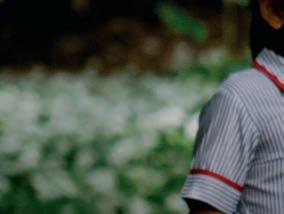
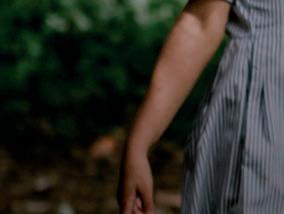
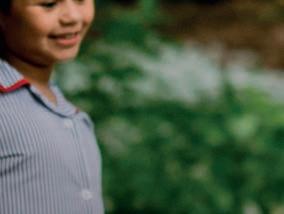
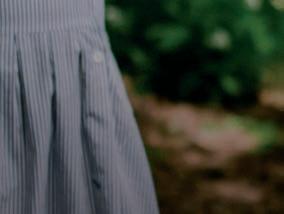
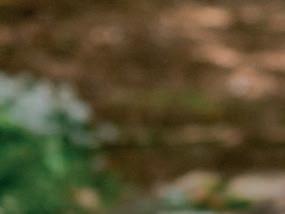
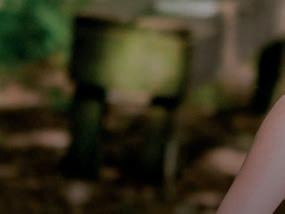
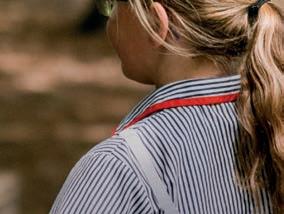
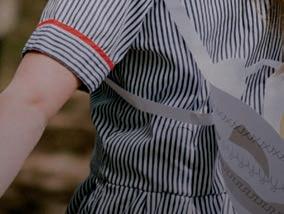
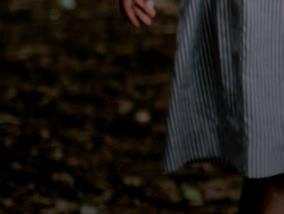

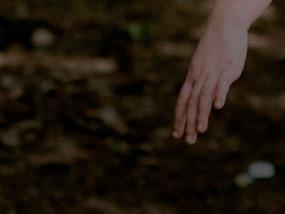

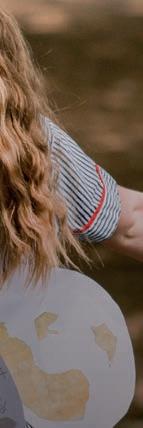

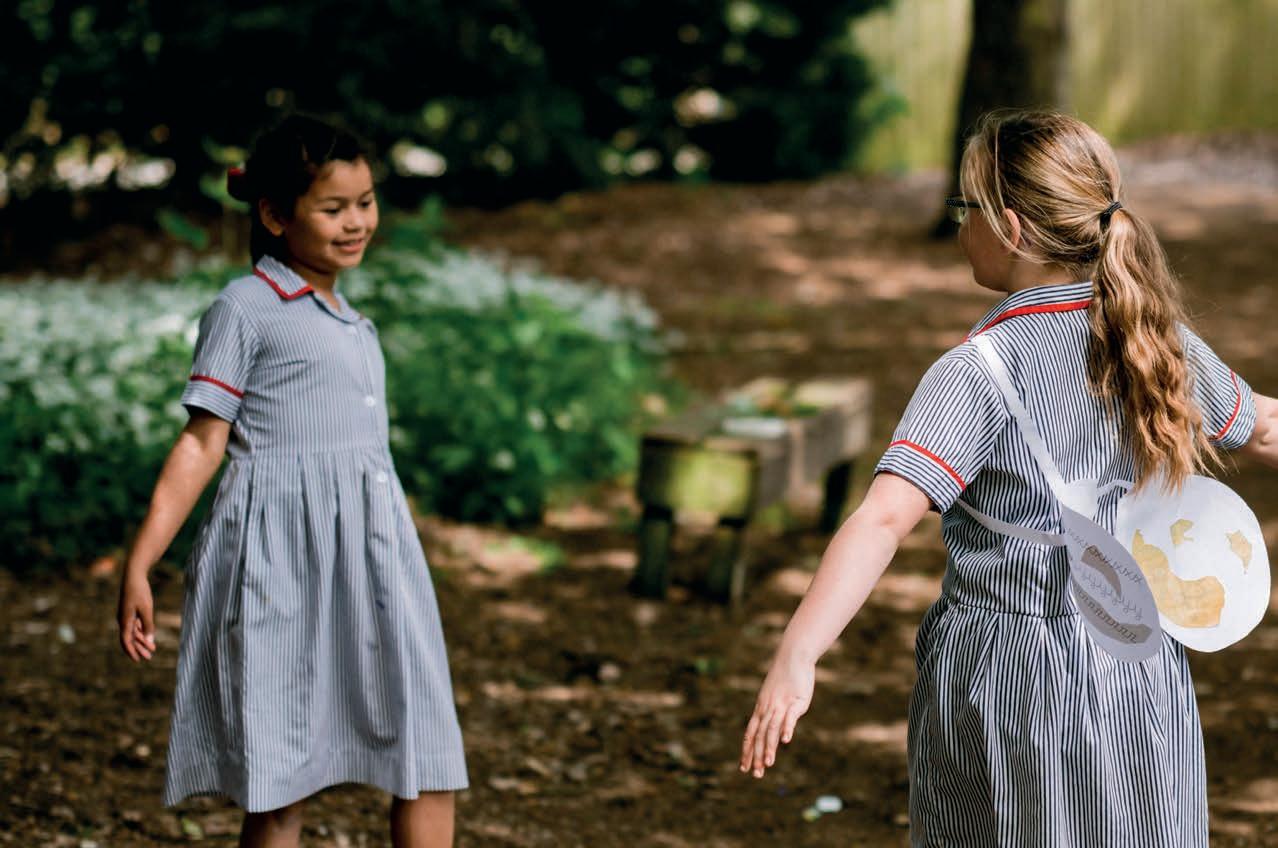
PREPARATORY SCHOOL


Find out more about the inspiring,enlightened & intellectually rigorous education offered by Streatham & Clapham High School for girls aged 3-18




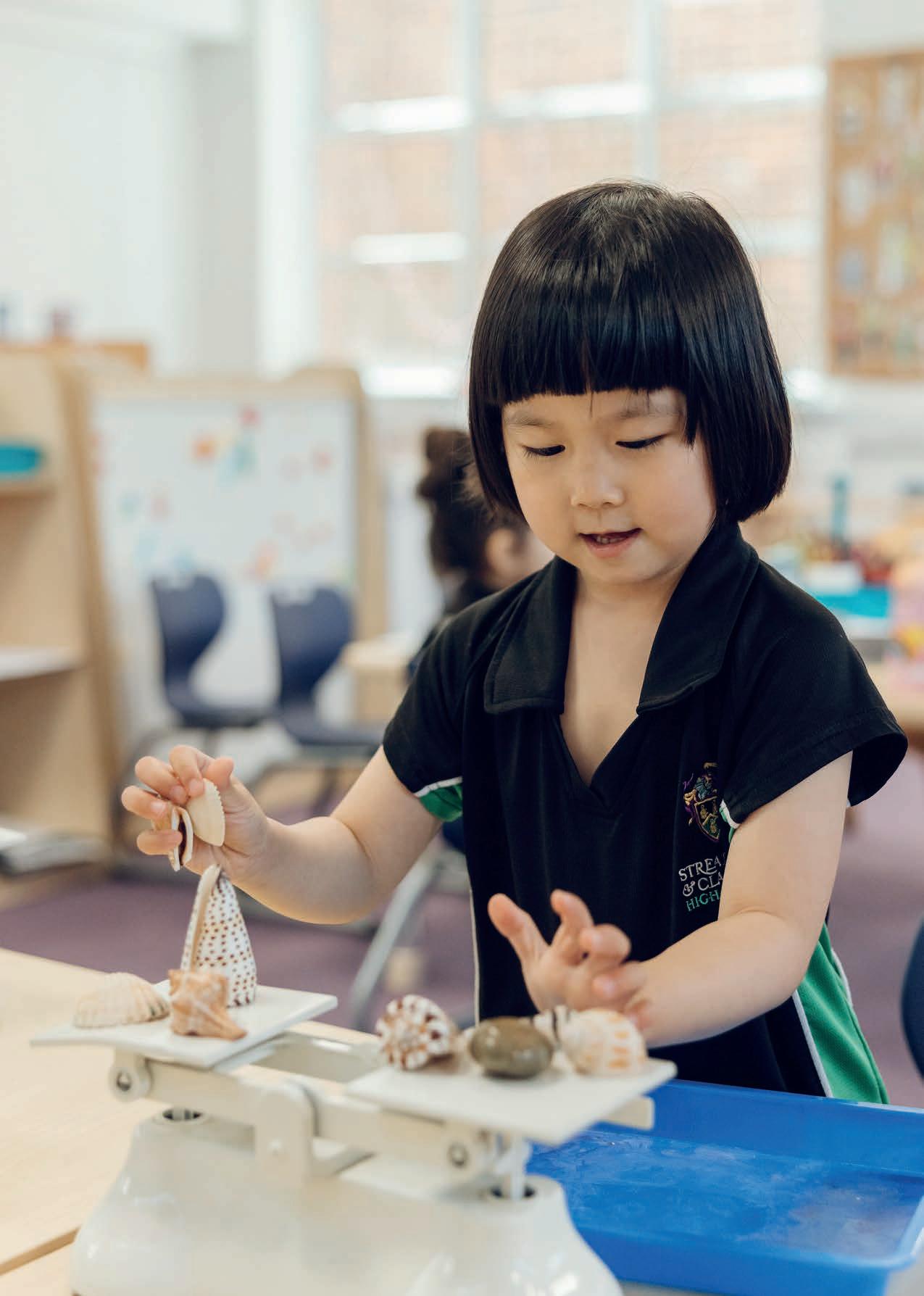
Change is all part of life, but at this time of year we are acutely aware of transitions as our children move up or take on the challenge of a new school. This has informed two key themes of this issue: resilience and growth.
Our cover and focus feature bring both these vital elements to the fore as we speak to JAGS (James Allen’s Girls’ School) to learn more about its
to understand that failing or getting it wrong is not a bad thing, just a necessary step on the road to success.
On that note, it was a delight to talk to Donncha O’Callaghan, Irish rugby legend but also the self-confessed inspiration for his new novel Disaster Dad (page 64).
In fact, he’s one of several inspiring authors who sat down with us – including the fascinating QI elf, podcaster and producer Dan Schreiber (page 80). Schreiber’s Impossible Things is a wonderful reminder that so often it is the strange, obscure, even downright crazy
“FAILING OR GETTING IT WRONG IS NOT A BAD THING, JUST A NECESSARY STEP CHILDREN GO THROUGH ON THE ROAD TO SUCCESS”
winning approach to building community, fostering confidence and helping girls to become forward-thinking and optimistic learners. Read more on page 16.
We also speak to five schools about their strategies for growing resilience (from page 46). With outdoor and personalised learning firmly in the mix, another strategy these schools share is helping children
investigations that fire up imagination and curiosity in the young. This is an important phase – this self-directed learning. And who knows where becoming an expert in something weird or wonderful may lead as they grow and find their subjects and strengths.
Libby Norman EDITOR
Out
How JAGS develops
Herne Hill School on why early years is the best investment in
Francis Holland Preparatory School's spacious
Four
St Margaret's Junior School on the
Teacher Maryam Hassan's debut story about finding your feet in
Colette Hiller's book taps into children's innate gift for language with words of
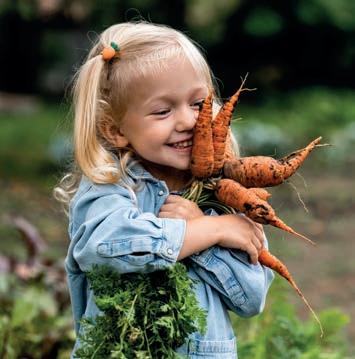
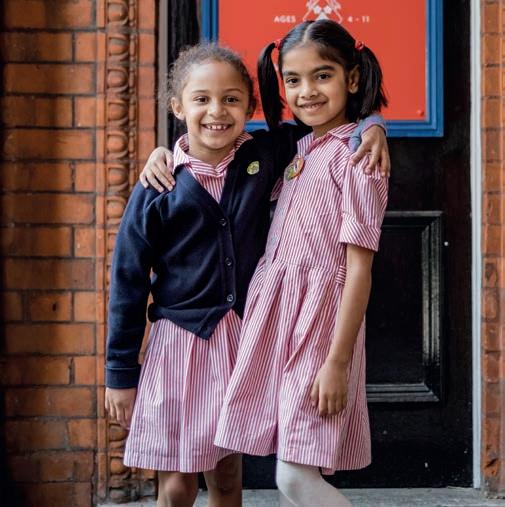
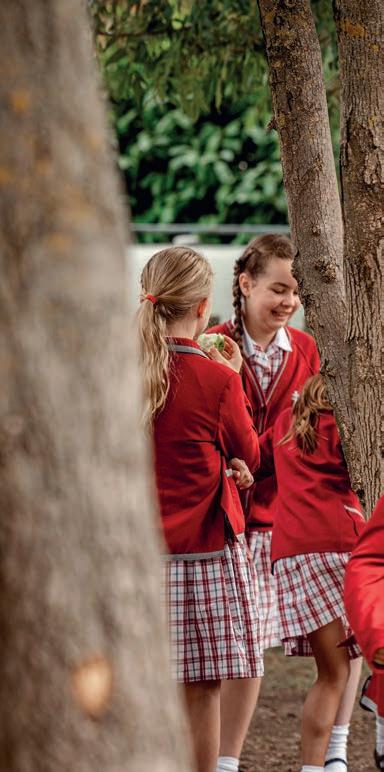
Five
Cranleigh Prep on a
St Catherine's Prep School,
Lucy
TASIS England on teaching strategies for healthy relationships, for
Parkour
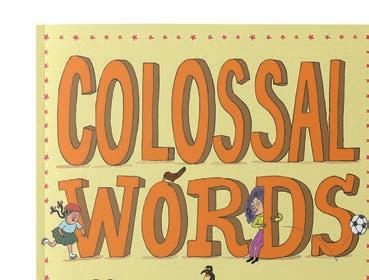
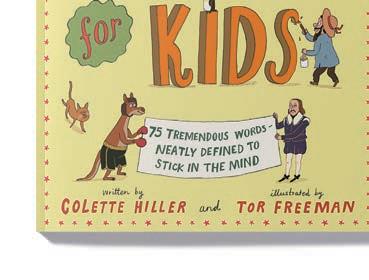



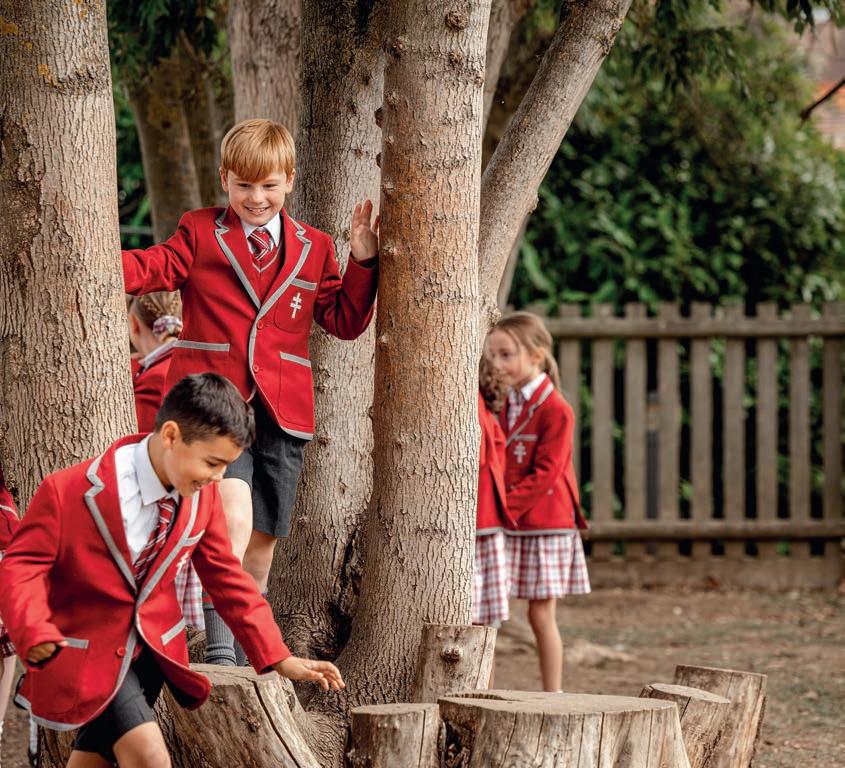





















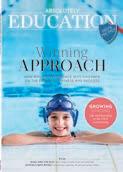

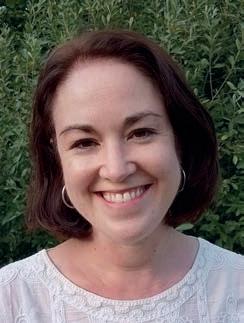
Allison Saunders has been appointed Head of Notting Hill & Ealing High School. Currently Senior Deputy Head at St Catherine’s in Twickenham and, prior to that, Deputy Head at St Helen’s, Northwood, she is a Cambridge graduate who has also worked in Civil Service and consultancy roles. She takes up her role in the summer term.

Emanuel School has appointed Ravi Kothakota as Head from September 2025. Currently Deputy Head: Pupils, he says: “I am delighted to be given the opportunity by the Governing Body to build on the exceptional work of Rob Milne, leading Emanuel towards an exciting future and the next stage of its development as a leading co-educational school”.
Inspired Education has revealed plans for Wetherby Pembridge, a co-ed Senior opening in September 2025 and located in a purpose-built school site in Olympia, London. The school will be led by Nick Page, whose background includes leadership roles at Westminster and Harrow, and will accommodate 475 pupils aged 11-18.
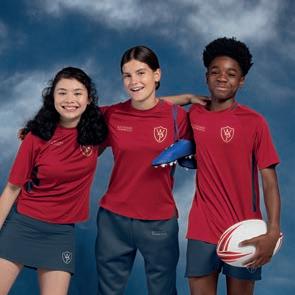
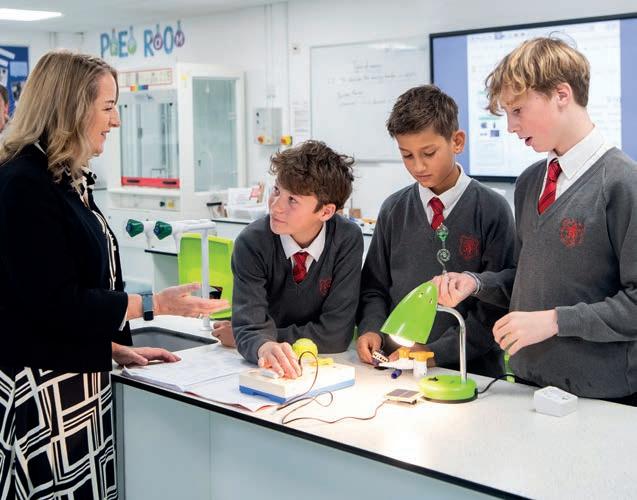
Science was out of this world at Shrewsbury House School when boys celebrated World Space Week. They were able to step inside a mobile planetarium and journey through the cosmos. The Surbiton prep is also celebrating as its Executive Head Joanna Hubbard (pictured) recently picked up a Best Head of a Prep School award.
St Dunstan’s Education Group and The Villa School & Nursery have a new partnership, giving children at The Villa the opportunity to transition to one of St Dunstan’s prep schools at 7+. St Dunstan’s Head Nick Hewlett says: “Parents will now be able to benefit from the new partnership without the worry of a stressful 7+ experience”.
Hazlegrove Prep’s King John Oak is on the Woodland Trust’s Tree of the Year Award shortlist. Oaks can live for over 1,000 years and support more wildlife than any other native tree – the UK is also home to more ancient oaks than the rest of Europe combined. Hazlegrove’s mighty oak measures 10.74m around its trunk.
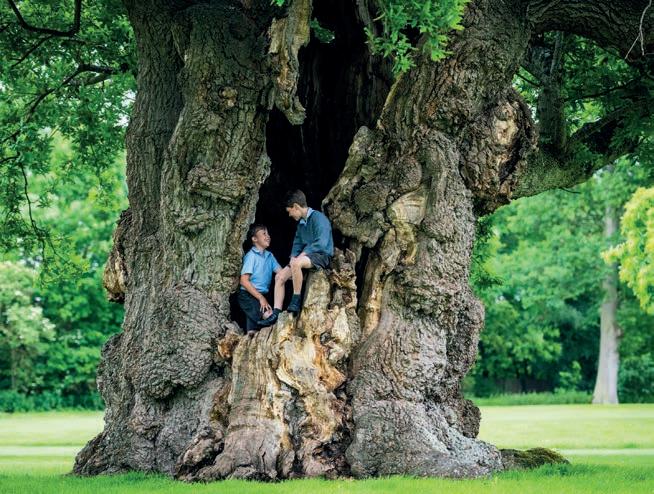

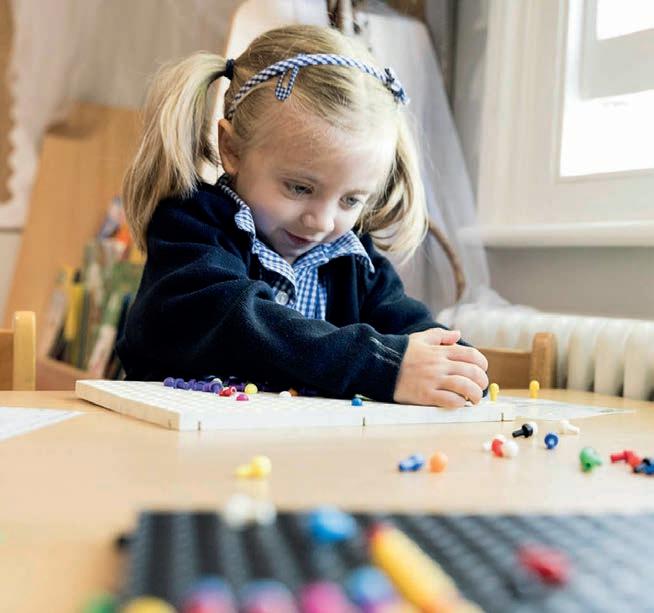
Aysgarth Prep in North Yorkshire made history in September by welcoming 34 girls into the Prep. With a nearly 150-year tradition of day and boarding education for boys, the school is embracing co-education right through Years 4–8. Aysgarth has been welcoming girls to its Pre-Prep for 30 years.
Four Ballard School, Hampshire alumni competed at the Paris Olympics.
Rower Matt Aldridge won bronze in the men’s coxless fours. Emma Wilson (pictured) won her second windsurfing bronze in the iQFoil class. Sailor Hannah Snellgrove won two ILCA class races in her sailing debut, while Tim Nurse played for Team GB hockey.
It’s been an exciting start to the academic year for Worth School. The Catholic co-ed located between London and Brighton, recently welcomed Marisa Bosa as Senior Deputy. It is also celebrating two recent awards accolades as Best Boarding School of the Year finalist and Best Alumni Mentoring.
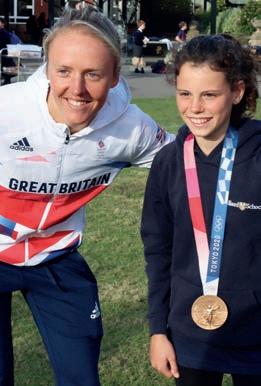
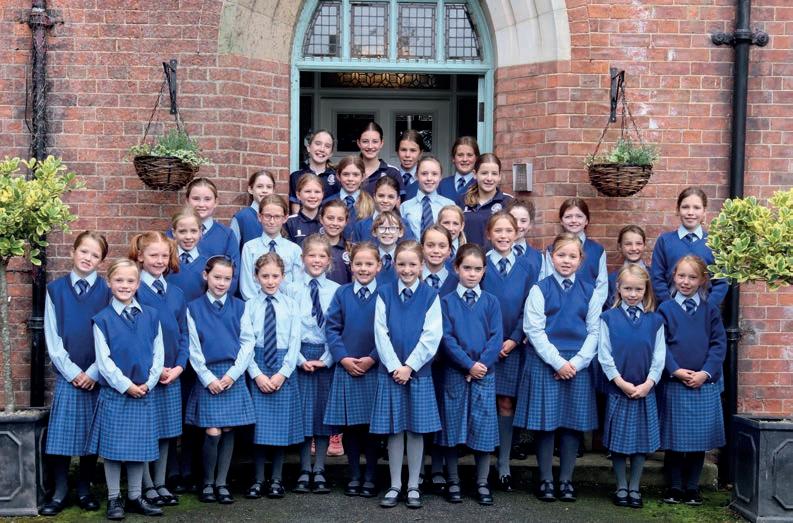

The Cathedral Choristers from CCCS Boys’ Prep School, Oxford went on tour to California recently, appearing at concerts, services and alumni events in Los Angeles, San Francisco, Palo Alto and Monterey. “The boys sang brilliantly,” says Sophie Biddell, Director of Music.

Hanford Year 7 pupil Fleur won the final of the Shetland Pony Grand National at the recent Moreton Show. Fleur was also named ‘Rider of the Day’. She was cheered on by her team, Cherhill Shetlands, which races all over the country to raise money for charity. This year’s charity is the Bob Champion Cancer Trust.
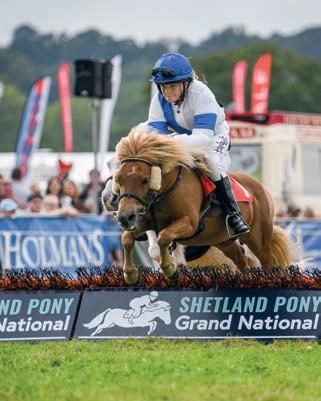
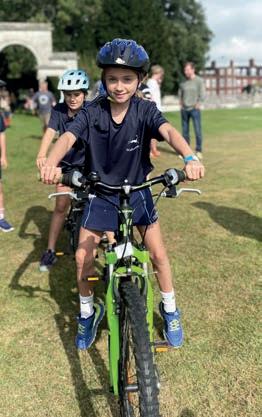
Walhampton Prep hosted its first triathlon in September, with 106 participants aged 7 to 13. Competing in teams, each child covered the swim, bike and run distances as a relay. The event raised funds for the school’s Foundation Trust, which provides bursaries to broaden access. It is planned to make this an annual event, opening up to local schools next year.

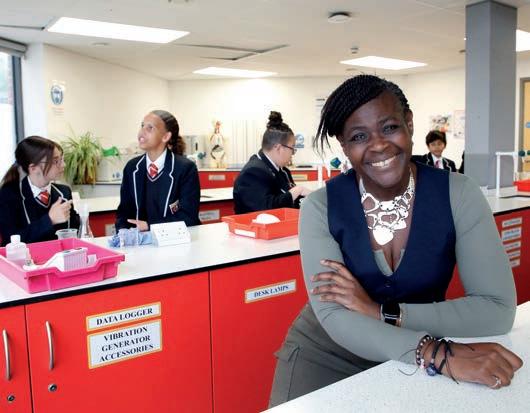
Dame Maggie AderinPocock and Professor Brian Cox have joined with The Royal Society to showcase experiments with students in the latest round of Brian Cox School Experiments, accessible on its YouTube channel. The videos explore robotics for astronauts, microplastic pollution and green energy.
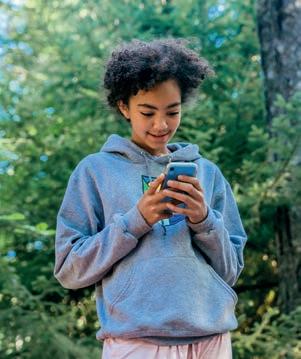
Forest School has a new Warden from September 2025, when Claire Tao takes up the role. Her background includes City of London School for Girls. She led Merchant Taylors’ Girls’ in Liverpool from 2018, becoming Executive Head across the Merchants’ family of schools in 2021. She succeeds Marcus Cliff Hodges, who will be retiring a er 20 years in the role.
First News relaunched its Look Up! campaign in September to warn of the dangers of phone use around roads. Last year, over 4,500 pedestrians aged 15 and under were injured –that’s a classroom a week. Children were reminded not to be a SMOMBIE (that’s smartphones + zombies).

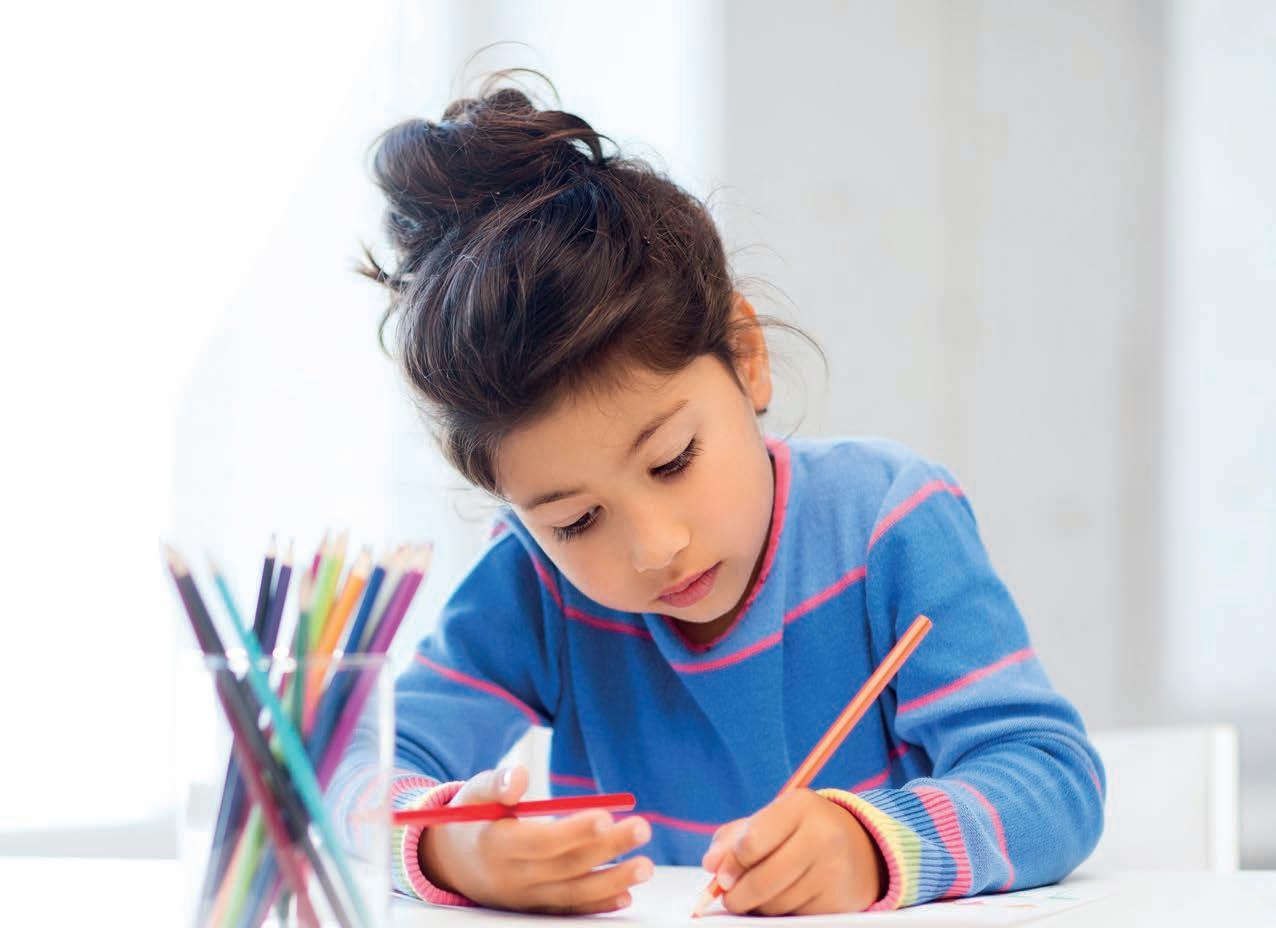
The 4 Plus is becoming an increasingly popular entry point for leading independent days schools as it allows children to avoid the pressures of the 7 plus or 11 plus entry point. Many parents misunderstand how to pass the 4 Plus assessment and believe that it is about attainment measures like phonics or numeracy knowledge. In fact, schools are looking to measure a child’s potential and their readiness for school.
Schools like Highgate, North London Collegiate, Haberdashers’, JAGS, Alleyn’s and Dulwich College are looking at children’s ability to listen and focus, their separation anxiety and ability to settle, their collaboration and kindness, their critical thinking, their spatial reasoning, their perseverance in the face of adversity and their ability to talk to adults.
At Mentor Education we have a dedicated programme for the 4 Plus based upon our 4 Plus Pillars. We have experienced teachers who are either already at these independent schools or have a successful track record of getting children in. We assess children and help them to improve, and give their parents the tools to play with their child in a way which will help them pass the 4 plus. Normally these selective schools take around 10% of applicants: our success rate is 60%. We only accept a limited number of children per school. Please contact us to arrange a consultation.
hello@mentoreducation.co.uk or 0208 883 2519
Find out more at www.mentoreducation.co.uk



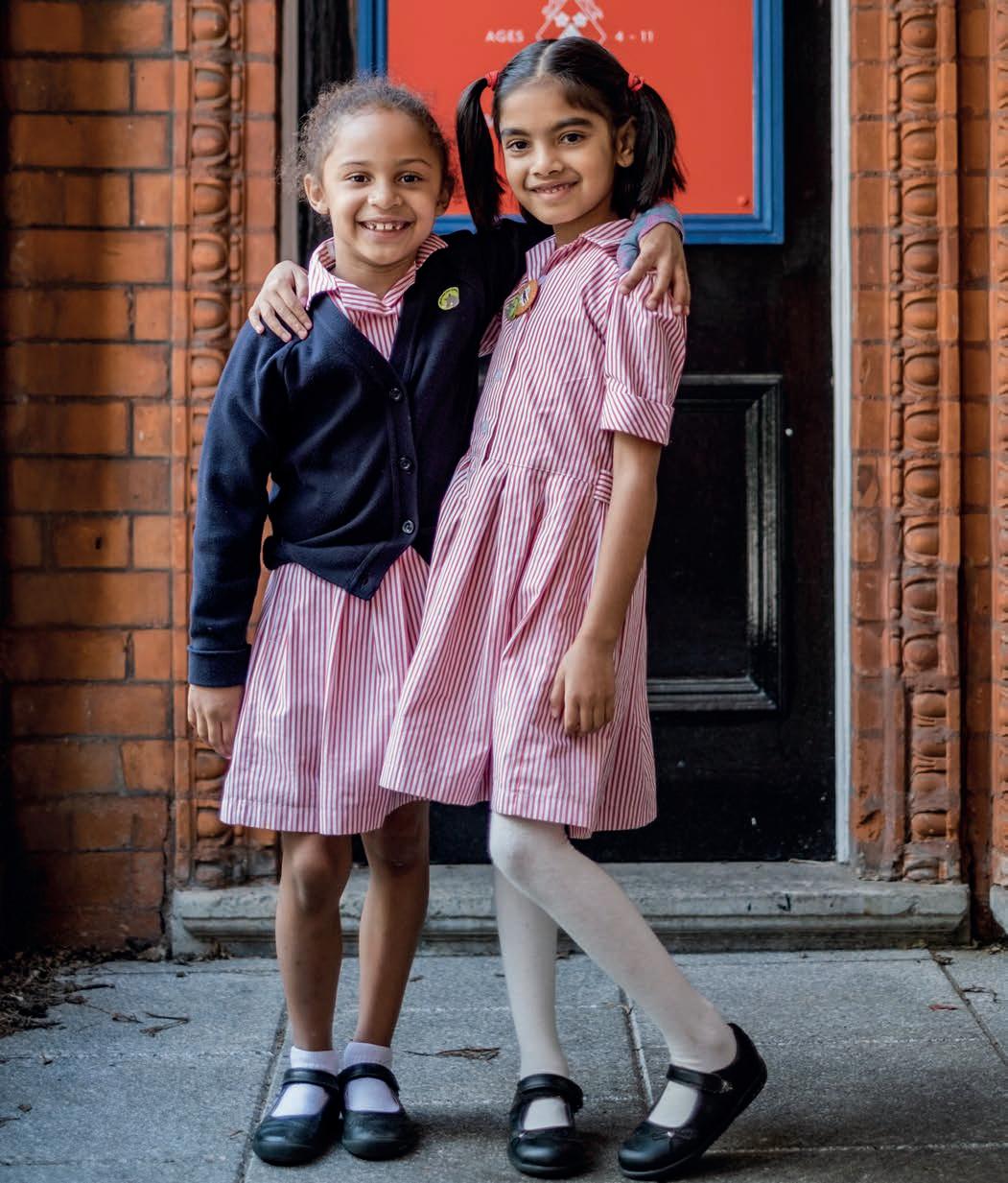
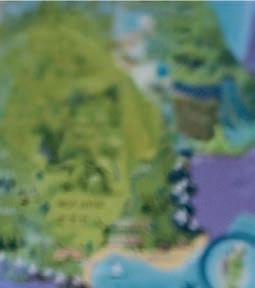
JAGS Head of Junior School Victoria Goodson and Head of Pre-Prep Elizabeth Channon on how their approach develops forward-looking and confident girls, ready for success at senior school and beyond
JAGS o ers specialist teaching from earliest years. How does this help to develop both curiosity and strong learners?
Our pupils are curious and enthusiastic learners who show passion for new knowledge from the earliest stages. Through our specialist teaching provision, they fully explore a variety of subjects, building strong foundations and confidence for future learning.
We consider the diversity of our pupils to be one of our greatest strengths and many of our pupils speak more than one language prior to joining us. From Reception, our pupils take part in French immersion lessons, which help spark an interest in language and improve language development. In Year 6, this is built upon further through lessons in Latin.
Likewise, our specialist Music teaching inspires pupils to develop a genuine love
and curiosity of Music from Reception. The provision now features a new Strings programme for pupils in Year 2 who learn to play the violin, cello or double bass as a group, with the development of musicality and a love of music as the core aims of this provision. We believe there is no better way to learn music than playing an instrument. Pupils support each other and engage with a growing confidence each week.
Our specialist Sports and Swimming lessons provide the highest quality of coaching. We believe that sport is for all and our programme is broad. Enjoyment and functional skills are fundamental elements, built upon as children progress. Pupils enjoy specialist swimming lessons from Reception. In the Junior School, there is something for everyone – pupils play hockey, football and cricket. They enjoy gymnastics, dance, yoga, badminton basketball and can even take part in skateboarding classes or rock climbing.
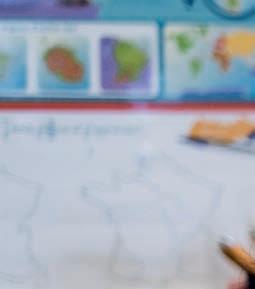
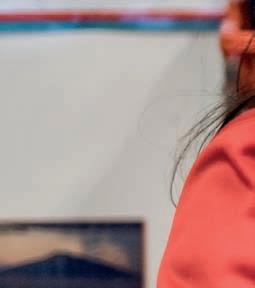
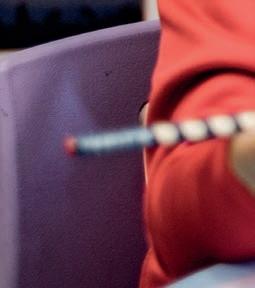

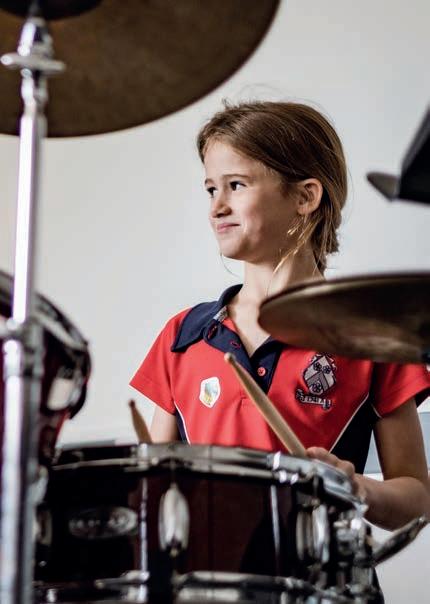

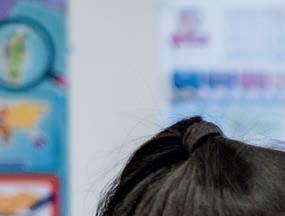
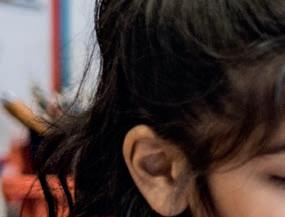
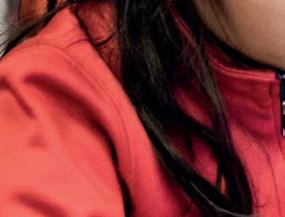
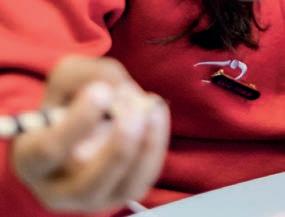


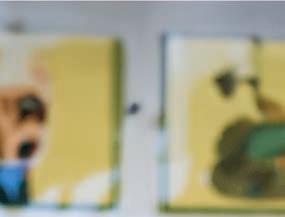

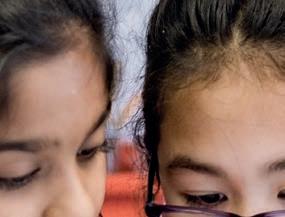
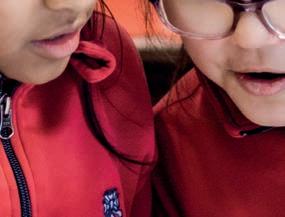
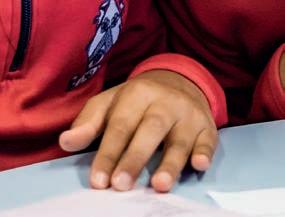

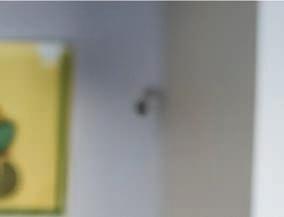
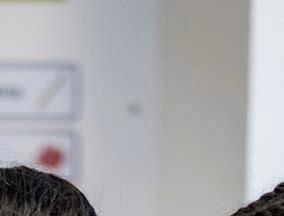
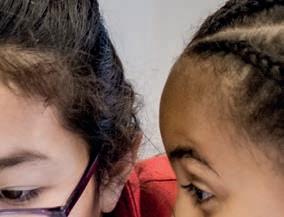
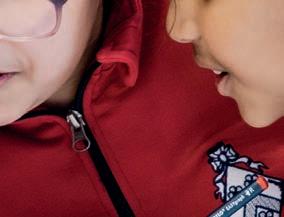
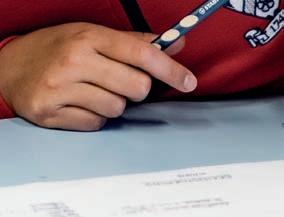


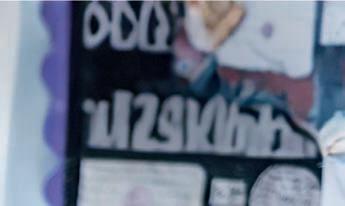

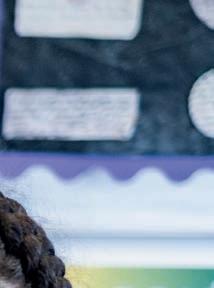
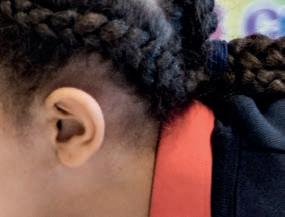
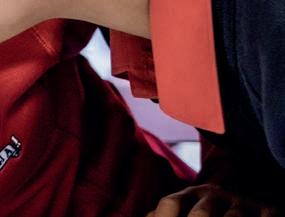


“AS AN ALL-THROUGH SCHOOL, JAGS PROVIDES STABILITY – A CONSISTENT VISION WITH SHARED VALUES AND ETHOS. WE ARE BOTH FORWARD-LOOKING AND FORWARD-THINKING”

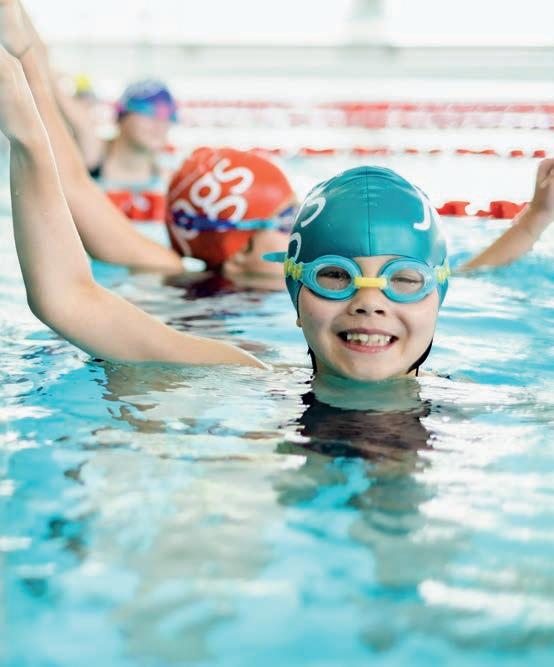
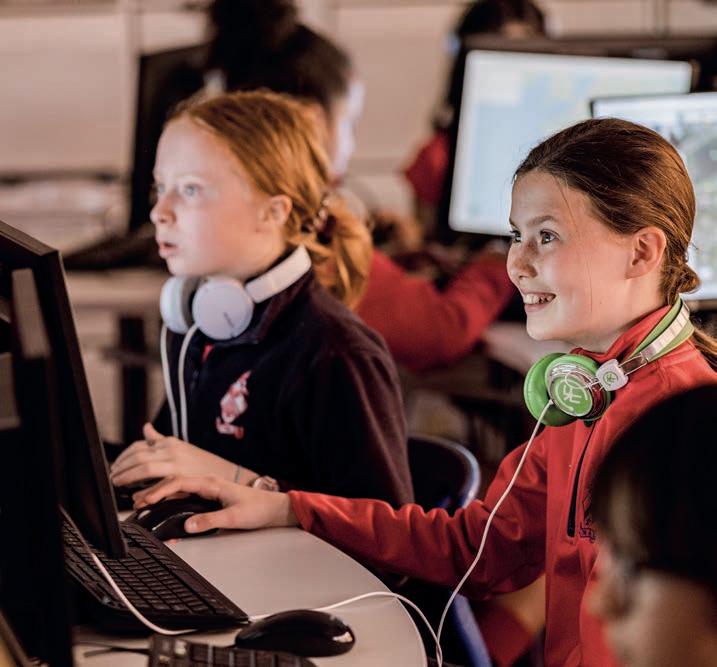
Outdoor learning is an important part of the mix. How do nature-led experiences foster growth in early years?
It is an integral part of our o ering, with Forest School and Eco lessons also running from Reception. We are somewhat unusual in that, despite our proximity to central London, we are lucky to have an extremely green 22-acre site which features our Copse and extensive Botany Gardens. This provides the perfect setting for pupils to fall in love with nature.
We know that young children learn best through play and hands-on experiences. Our specialist Forest School programme teaches children not only about the outdoor environment but also about the essential skills that are needed for us all to thrive. Children learn to collaborate, to take turns, to try new experiences and to use their problem-solving and enquiry skills.
JAGS o ers education from 4-18. What are the key benefits, and how does the progression process work?
From the moment our pupils join
JAGS, they are taught in an environment which empowers them, which encourages them to be risk takers, and which shows them there are no limits. Whether they are taking cues from our older girls during mentoring sessions or by those who visit as part our Inspiring Female speaker series, pupils are constantly exposed to a stream of positive influences.
As an all-through school, JAGS provides stability for its pupils, a consistent vision with shared values and ethos. Be it the Pre-Prep, Prep or Senior School, each fosters a genuine sense of individuality and lack of stereotyping. Our schools are both forward-looking and forward-thinking.
There are also economies of scale which come from educating so many pupils, all of whom benefit from our exceptional facilities. This includes our 22 acres of grounds, a state-of-the-art sports hall complete with gymnasium, 25-metre swimming pool and climbing wall. Elsewhere, the Prissian Theatre o ers the perfect arena for both lessons and stage shows.
Pupils automatically progress from the Pre-Prep to the Prep, and it is the school’s expectation that all pupils will continue through to the Senior School. This removes the pressure of the uncertainty of the 11+ exam and allows our pupils to continue to enjoy their learning in a meaningful way.
Community, diversity and sustainability are key principles at JAGS. How do these important principles play out in school life?
These values provide a through line for our pupils – from Reception to the Sixth Form. Our pupils bring great richness of culture and experience into our school and we delight in sharing this with them. Cultural and religious festivals, assemblies and celebrations are regularly shared within our school, often with the engagement of our parent body.
From the moment they join, pupils are empowered to take an active role in the community and understand the positive impact they can make. They are given the autonomy to choose charities important to
“WE CONSIDER THE DIVERSITY OF OUR PUPILS TO BE ONE OF OUR GREATEST STRENGTHS – MANY SPEAK MORE THAN ONE LANGUAGE PRIOR TO JOINING US”




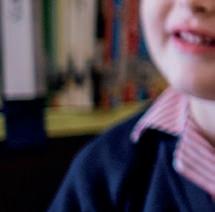
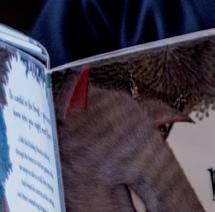
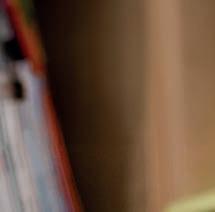
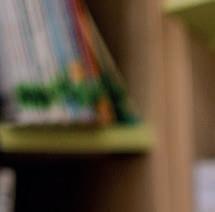
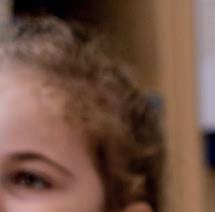

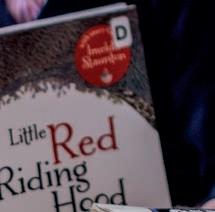
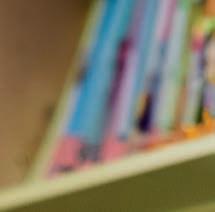


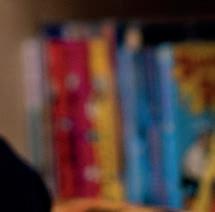
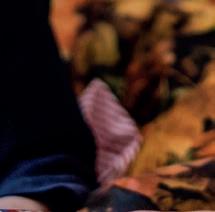

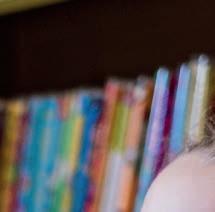
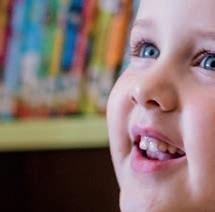
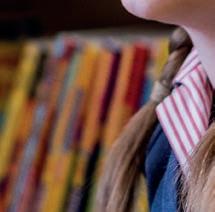
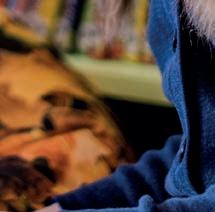
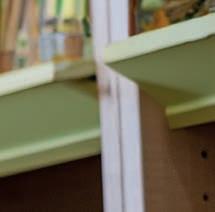
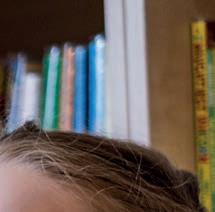
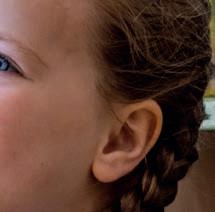
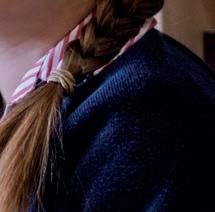



them, help organise fundraising events and make a real di erence. Pupils also learn the value of being part of a community. We work closely with other local schools, hosting large community events such as The Big Sing, author talks and other visiting speakers.
This sense of responsibility is also extended in our approach to sustainability. Designated Eco Champions across JAGS help set the agenda and work alongside our Sustainability Lead to bring in sweeping changes. For example, girls enjoy using our on-site composter to reduce our food waste
and improve their knowledge of practical ways to live more sustainably.
You o er wraparound care. What benefits does it bring for families?
We know from experience that families appreciate the flexibility our Breakfast and After-School Clubs provide for their dropo and collection arrangements.
Breakfast Club begins at 7.35am. Pupils from Reception to Year 6 can join us for a hearty breakfast which sets them up for the day. Our After-School Club runs until 6pm
and includes a light tea. A wide range of cocurricular clubs run before and after school.
There’s a very relaxed approach to the wraparound care – parents can pre-book After-School Club or enroll their child on a more ad-hoc basis. We are flexible to meet the needs of our close-knit community. Our pupils really enjoy the time to unwind and play together and we have dedicated wraparound care sta with whom our pupils develop positive relationships.
jags.org.uk
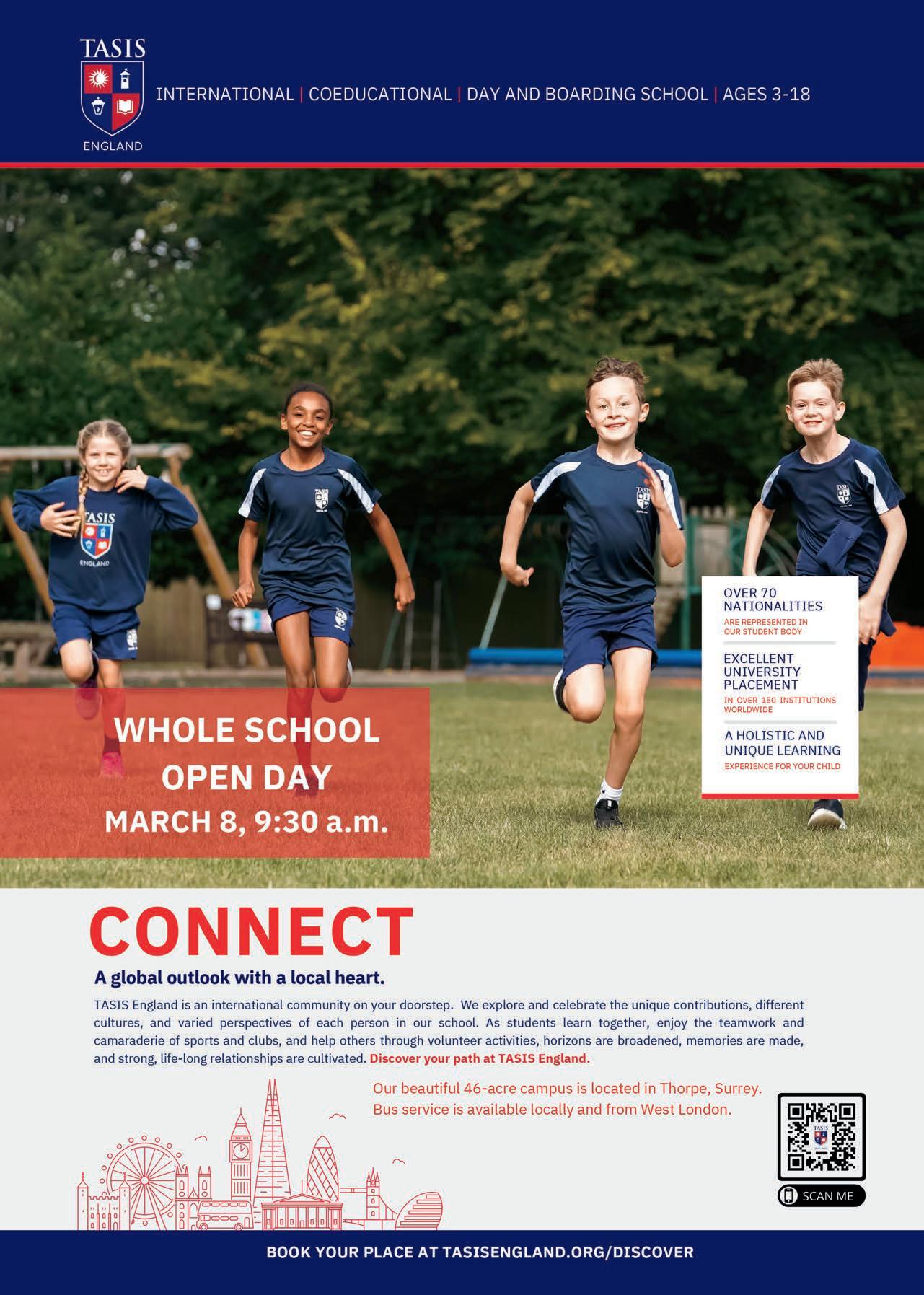
If you had to choose just one point to invest in your child’s education, Herne Hill School argues that the very best return is in the early years
Areport published by the Institute for Fiscal Studies in September 2021 found that the gap between private and state school spending per pupil had doubled over the previous decade, widening to about 90%. This gap will have undoubtedly increased over the past three inflationary years and is unlikely to reduce significantly near-term, even with the government’s promised additional funding for education.
The flip side of an independent education having become so much better funded is that it is increasingly una ordable for many parents – at least not for the entirety of a child’s school years.
As a result, more parents with some (but limited) funds available for private education are likely to be considering dipping in and out of the independent
“The Early Childhood Education (ECE) period, which runs through to the age of 7-8 o ers by far the greatest return on investment”
sector. But into which educational cycle is it best to invest? Fortunately, the answer has become clearer than ever. Multiple research studies from around the world show that the Early Childhood Education (ECE) period, which runs through to the age of 7-8 and requires a special pedagogical approach, o ers by far the greatest return on investment – not least because longitudinal studies have shown that advances achieved by that age tend to ‘stick’ and last a lifetime.
Once ahead, one stays ahead. This is not only beneficial in terms of subsequent educational stages, future health and earnings as an adult, but also for society
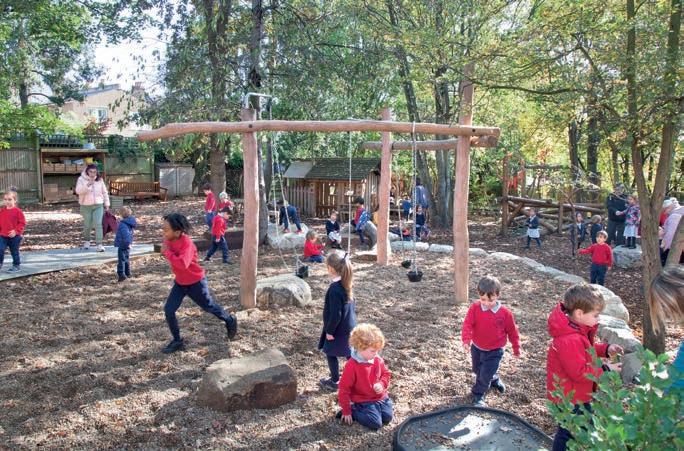
at large. American research found that for every dollar spent on high-quality early childhood programmes, society gains up to $7 through increased productivity and reduced costs associated with remedial education, healthcare and criminal justice.
Over the past three decades, advances in neurobiology, behavioural and social sciences have proven unequivocally what Aristotle predicated centuries ago: ‘Give me a child until he is 7, and I will show you the man’. We now know with certainty that it is indeed by 7 that foundational skills, values and personality are established. The fundamental reason underlying ECE’s importance is how our human brains develop. A newborn’s neural connections (synapses) form at a mind-boggling speed of up to a million per second, peaking at the age of 2-3, which coincides with the ideal time to start in a kindergarten, either part-time or full-time.
From then, a drastic ‘pruning’ of synapses sets in. Children discard the ones they do not need and strengthen




those which help them thrive in their environment. Overall, we lose about half of our synapses by adulthood, with the curve being steepest in the months and years following the peak. It is the steepness of this curve, and its mirror image of steep learning trajectories, which explains why continuity through 7+ in a familiar highquality setting o ers optimal development. Our age range at Herne Hill School directly reflects the science and matches the worldwide accepted actual range of ECE, which carries on for two years after conclusion of the English EYFS. We are fortunate to be able to channel our parents’ hard-earned investment solely into this pivotal stage of development. It also enables the children to become the oldest at the school in a co-ed environment, thereby honing their leadership skills and sense of social responsibility. They move on from us equipped academically and emotionally to meet life’s next opportunities and challenges.
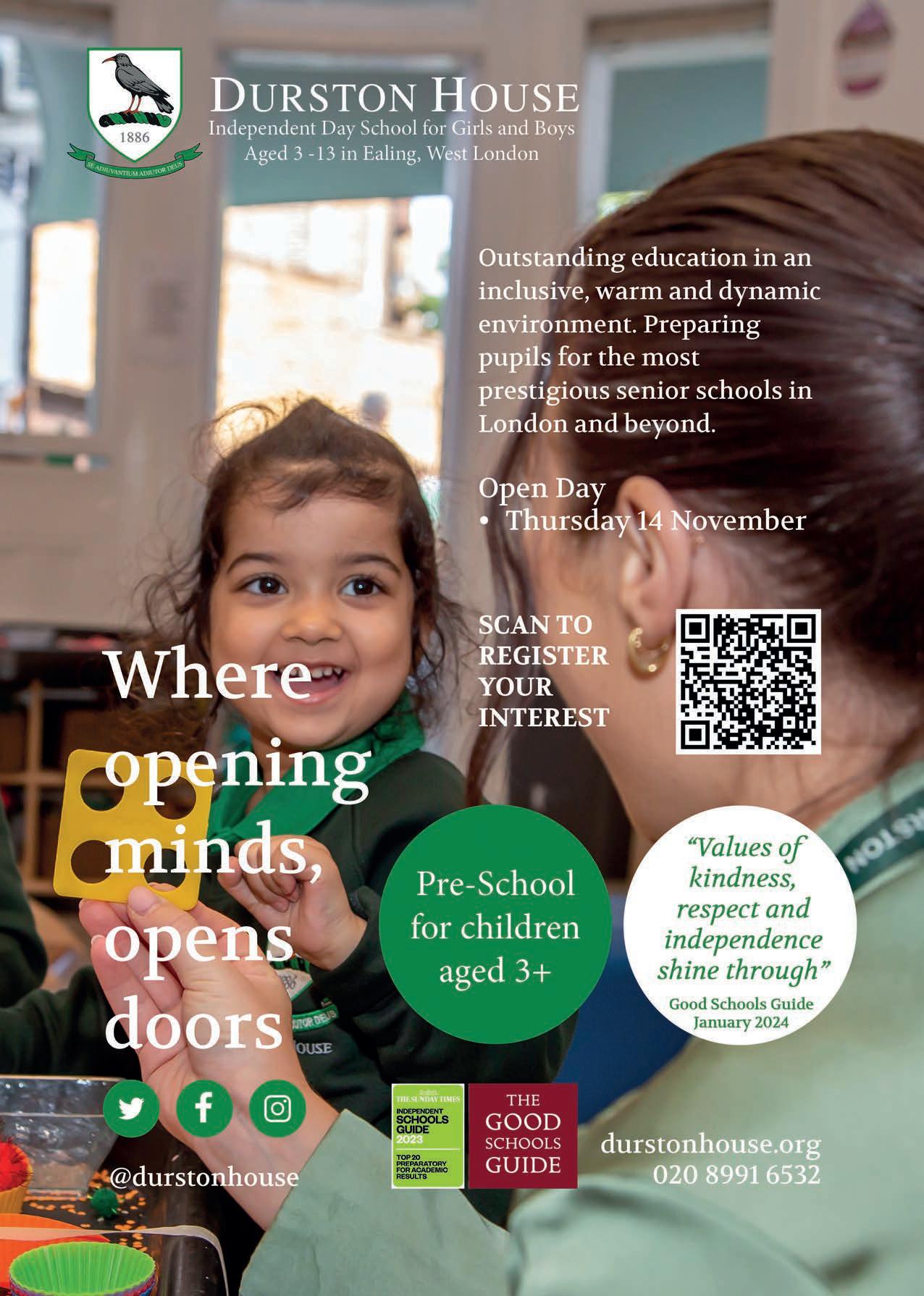
Earlier this year, one of the teachers at Windlesham House School su ered a near-fatal allergic reaction to an unknown substance shortly after she arrived at school. Billie-Jo Button, who teaches maths at our prep school, began to feel unwell as soon as she arrived in school. She had felt lightheaded and not herself that morning. She later recalled that other members of sta were trying to have conversations with her and she couldn’t focus at all. She could, however, feel the lack of oxygen taking hold.
After the bell had rung, Billie-Jo noticed that her ears and nose were swelling. The swift response of our school’s medical team, led by our onsite nurse Kate Hooper, alongside our Anaphylaxis Kitt from Kitt Medical, played a crucial role in managing a very frightening situation.
After the incident, Billie-Jo told me, “Our school nurse Kate said I really needed my EpiPen, but I only had one with me because I try to spread my pens out to cover all bases. I administered the pen while Kate was on the phone to the ambulance. After some
“It’s hard to imagine what a worst-case scenario might look like unless you have been through it and witnessed it yourself”
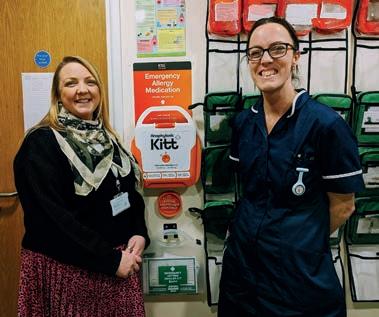

time, I still wasn’t improving. I could hear my wheeze, and the ambulance was saying they couldn’t get to us for 20 minutes. That’s a long time in an allergy situation.”
At that point, Kate used a second adrenaline pen, which she got from the Anaphylaxis Kitt installed on the wall of the medical room, and this managed to keep Billie-Jo stable until the ambulance arrived. Since the incident, I have been keen to highlight the scenario to other schools and to raise awareness of the importance of having a good supply of adrenaline pens in school in case of emergencies like this.
As schools, we’re always aware that some children have allergies. They carry their adrenaline pens and we make sure our schools are nut-free, but it’s hard to imagine what a worst-case scenario might look like unless you have been through it and witnessed it yourself. It was a very scary moment seeing someone fighting to breathe. In total, three adrenaline pens were


administered to Billie-Jo, as well as the use of an automated external defibrillator, before she was taken to hospital. Thankfully, she has made a full recovery and is now back teaching in school again.
Billie-Jo praised Windlesham House for its quick reactions and for being equipped to deal with the situation. She added: “Some people don’t realise how serious these reactions can be. It’s also tough to drop into conversations without either underplaying it or making people scared. It’s not a choice for me, I have to be safe”.


If any positives have come out of this frightening situation, it is the need to highlight the importance of sta training around allergies and how vital it is to have access to a good supply of adrenaline pens in schools. All of our sta have been trained and understand how to administer the pens. I would urge all schools to do the same because you never know when such an incident will occur.

Anaphylaxis needs urgent treatment. Enter one young design engineer who saw a problem he could solve
The severe allergic reaction experienced by Windlesham House Prep teacher Billie-Jo Button made the news earlier this year and is a reminder that, as Head of Windlesham House Ben Evans notes (see previous page), being prepared for severe allergic reactions is vital. Like many brilliant ideas, Kitt Medical came about as a result of a problem that needed a solution. Founder and CEO Zak Marks knew all about the risks of anaphylaxis – he has a severe nut allergy first discovered at the age of five. In his final year of a design engineering degree at Loughborough in 2020, he set about creating something for public spaces that could save
his or someone else’s life. As he described it: “just like a defibrillator, but for allergies”. James Cohen became co-founder and COO in 2021 and together they piloted the Kitt Anaphylaxis Kitt through a handful of schools. Funding followed, and by 2023 the Anaphylaxis Kitt service had been launched. It is now found in over 400 schools and businesses.
Each Kitt is provided as part of a service, which means training, CPD and restocking of adrenaline pens before expiry or after use – some 8,000 people have been trained to use a Kitt so far. Having an adrenaline pen to hand that is in date is a critical issue, say the team at Kitt Medical,
Over half of severe allergy sufferers are carrying out-ofdate pens or have forgotten to carry their pens with them
pointing to studies showing that over half of severe allergy su erers are carrying out-of-date pens or have forgotten to carry their pens with them. Bearing in mind that around a fifth of anaphylaxis cases in UK schools will be first-time incidents – meaning no pen – reliable equipment and the knowhow to assist are critical.
Each Kitt has auto-injectors containing two sizes of adrenaline pens. The training gives full guidance on how to use them and procedures to follow. There’s an online portal so incidents can be reported afterwards (and the Kitt will be restocked).
The Kitt’s usefulness has been recognised with both a London Mayor’s Entrepreneur Award and a Santander X Launch award, both in 2022. When he won the mayoral award, Zak Marks noted: “Even though I carry two adrenaline auto-injectors with me wherever I go, I’m still terrified that one day the worst might happen to me. I often thought that I wished they had the equipment where I was going – but they can’t just have this stu lying around, going out-of-date, and with nobody knowing how to use it”. With a Kitt on the wall, both anaphylaxis training and in-date adrenaline pens are problems solved.
kittmedical.com

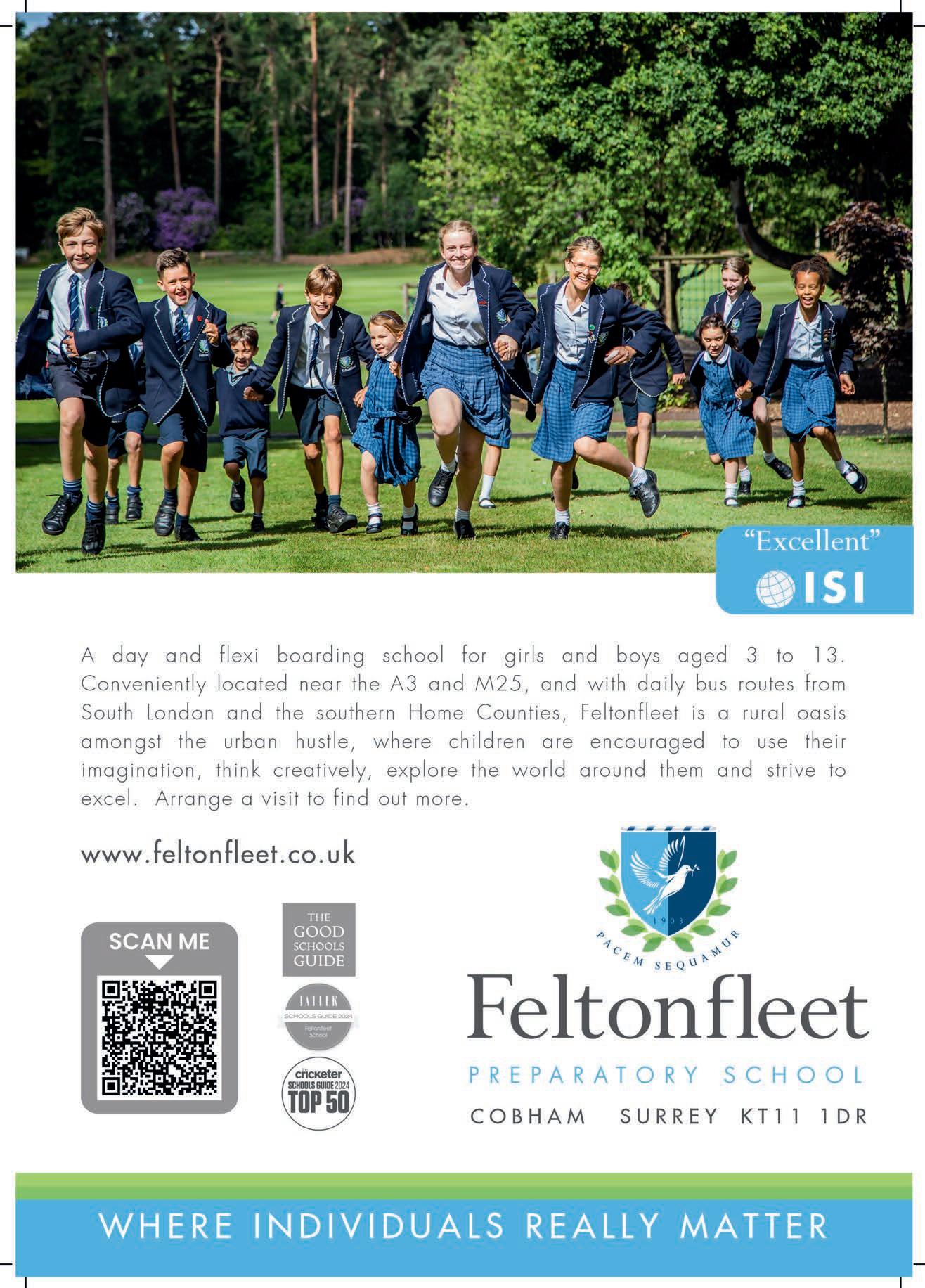

With much excitement, Francis Holland Preparatory School welcomed pupils to a spacious new Chelsea home at the start of the school year
Moving to a new place is always exciting and, for sta and pupils of Francis Holland’s Junior School at Sloane Square, there was extra excitement. They have relocated close by to an iconic Victorian Grade II listed building in Manresa Road, just o the King’s Road. The school is now known o cially as Francis Holland Preparatory School.
The first day of the new school year on 5th September was a celebration
for pupils, parents and sta . The Right Reverend Doctor Emma Ineson, Bishop of Kensington, was guest of honour and described Francis Holland Prep as a place of love, learning and joy before leading the whole school in a prayer and blessing. She then cut a ceremonial ribbon to declare the school o cially open.
This move has more than doubled the space previously occupied by girls aged 4-11, meaning places can be o ered to over 100 more pupils. By September 2026, the prep will o er two-form entry, with 280 girls. Extra space means it can also further strengthen the educational o ering, both
academically and pastorally. This enables greater opportunities to spread out and o er additional specialist provision in music, sport, drama, art and other co-curricular activities. Of course, the relocation also frees up more space in FHS Sloane Square – enabling further curriculum enhancement there for the Senior girls.
While the prep school has expanded, planning for class sizes of 20 enables it to maintain the same level of individual attention for each child within a nurturing and friendly environment, says Francis Holland Schools Trust. The new school site extends to 20,000sq ft and was formerly
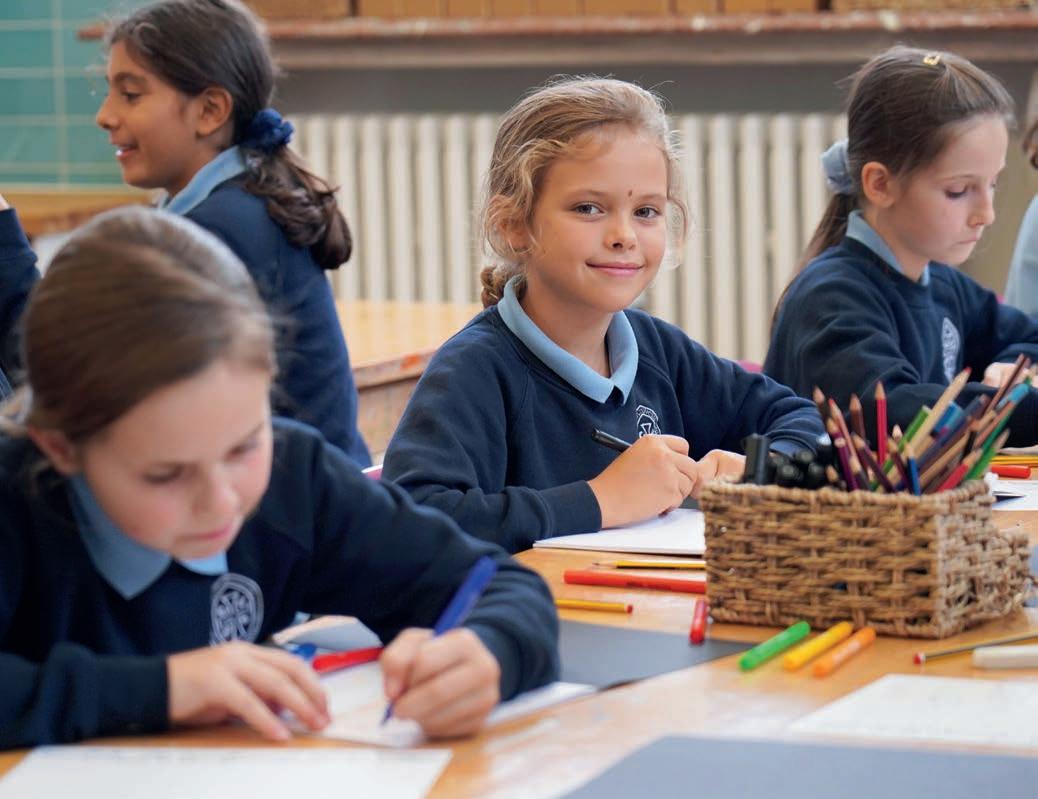
the home of The Hampshire School. The building, which dates back to 1890, includes the old Chelsea Library – a local landmark building with a delightful frontage and glorious spaces.
Facilities at the new school site include a large hall with staging for shows, assemblies and special events. There’s a specialist STEAM facility and an extensive outdoor play area – a real asset in central London, although, of course, there are many green spaces beyond the school across this enclave of south-west London.
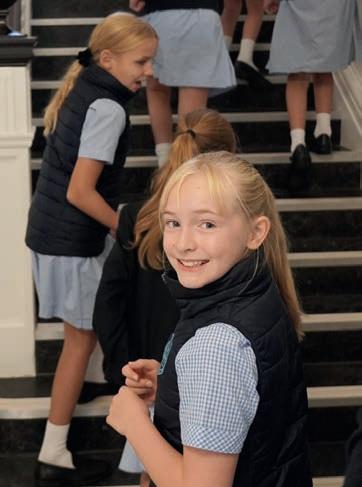
“This move has more than doubled the space previously occupied by girls aged 4-11 – places can be offered to over 100 more pupils”
The new location is designed to provide outstanding preparation for leading seniors, including the two FHS schools in Sloane Square and Regent’s Park. Francis Holland Prep Head Suzy Dixon (who also headed up the Junior School) says:
“The move to Manresa Road provides the perfect environment to cultivate lively, thoughtful and questioning pupils who can debate with gusto, reflect
on the world around them with care and empathy, solve problems creatively, and appreciate the bigger picture”.
Although it no longer shares a location with its big sister, Francis Holland Prep will maintain its particularly close association with Francis Holland, Sloane Square, with specialist sta continuing to teach at both schools. It’s anticipated that many pupils will continue to choose to move on there from the Prep at 11+.
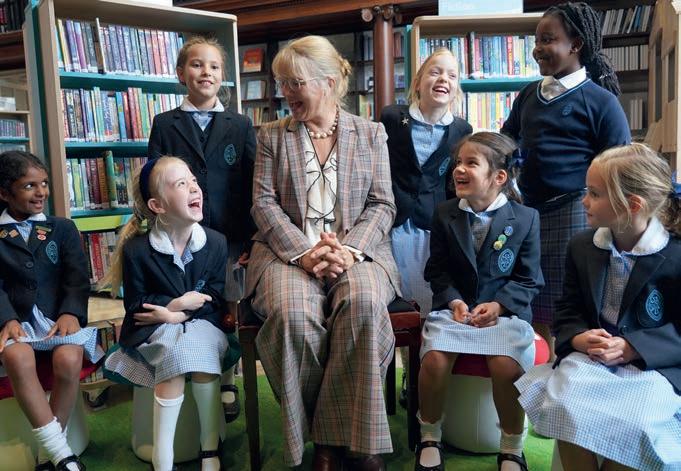
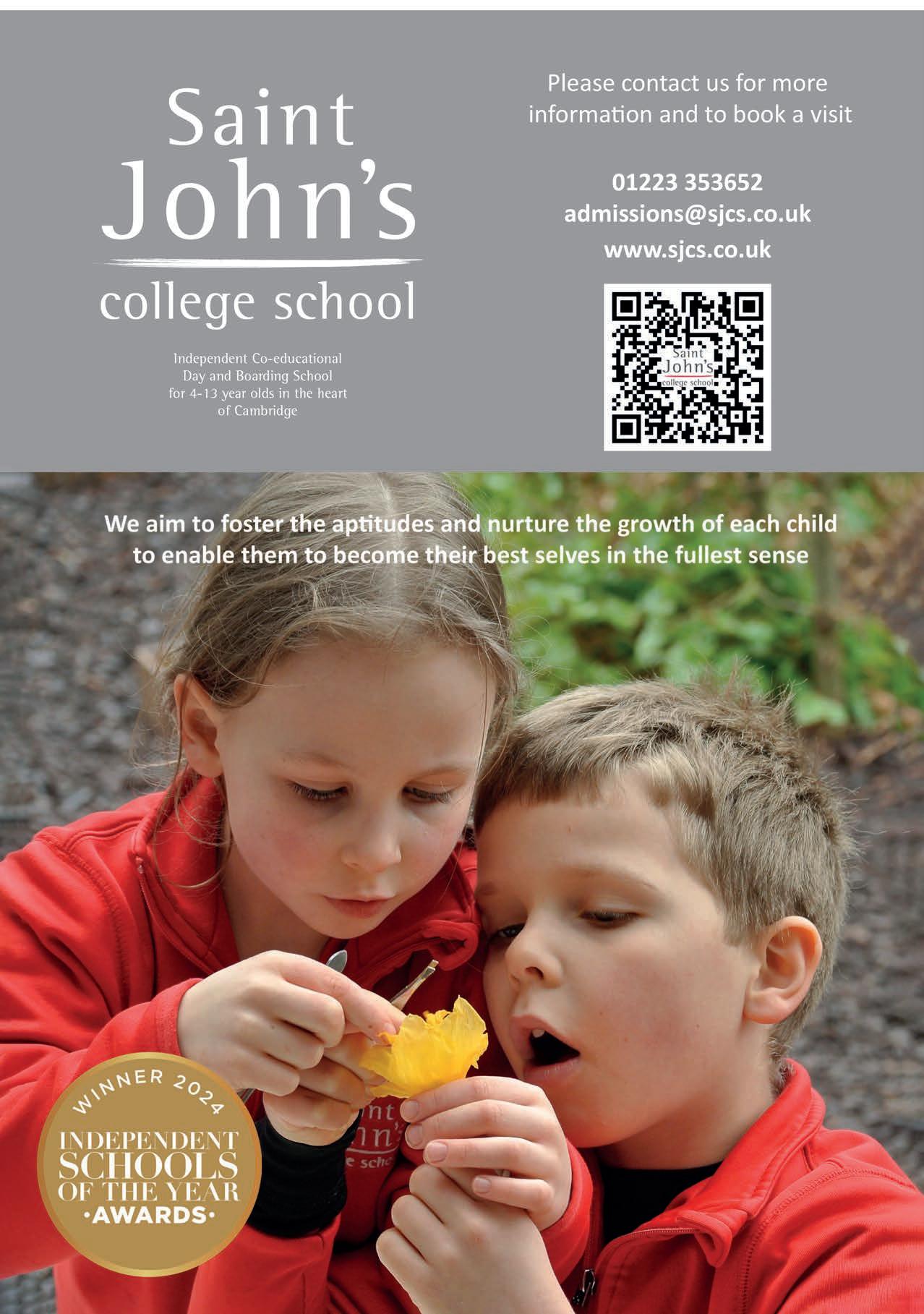

The Academic Director of QE on how STEM subjects deliver transferable skills to benefit all students, wherever their passions lie
Fostering an understanding of STEM from an early age teaches transferable skills such as critical thinking, problem-solving, exploration, collaboration, and innovation. Children, particularly younger children, are built to learn through exploring their environments, so encouraging this at an early age creates a passion for independent learning and the ability to tackle challenges confidently and creatively.

At Queen Ethelburga’s Collegiate (QE), we o er a wide range of STEM subjects throughout all school years and levels. Alongside that, the school o ers a broad range of extracurricular STEM activities. These include opportunities such as the Practical Science CREST Award, Critical Thinking Club, Advanced Mathematics Club, QE Motorsports, the annual Suturing Workshop, Psychology Club, and the Medicine and Veterinary Society.
Our students can send items to space annually as part of the Mars Balloon national initiative and collaborate with local students on QE Volcano Day and QE Bath Bomb Day. Students also compete in a variety of national competitions, including Cambridge Chemistry Challenge, UK Biology Challenge and the University of Warwick National Scientific Challenge.
For those students looking to apply to medicine, dentistry and veterinary courses, we host a mock MMI interview as part of the Early Applicant Programme –supplementing this with weekly one-to-one application support. Other vital applicant experiences, such as volunteering in local care homes, alumni seminars, work
“Students with a good grounding in STEM adapt to many different environments – analysis and creative thinking give them an advantage”
experience support and regular talks from a retired GP, are also part of this programme.
We know that students with a good grounding in STEM skills are able to adapt to many di erent environments, where technology, analysis, creative thinking and creating solutions to problems give them an advantage. This may be a STEM field or a di erent pathway, such as art and design.
Many of our students are interested in pursuing STEM-related pathways. This year, 133 students have received conditional o ers for science-based degrees, while a further 101 have conditional o ers for mathematics, computer science or engineering-based degree courses. Another cohort of students are hoping to embark on design and architecture courses.
QE is built on encouraging students to ‘be the best they can be with the gifts that they have’ and so we are dedicated to encouraging students wherever their passions lie. We o er a variety of lessons that meet di erent learning styles and needs, also encouraging extracurriculars that support individual ambitions.Our rich mix of classes, clubs, events, seminars, competitions, and leadership roles provide ample opportunity for students to challenge themselves while also finding their path. By focusing on each individual and their needs, we deliver our curriculum and extracurriculars in a way that enables young people to get the most out of their time at QE. This is why, alongside 100 enrichment activities, we seek out beneficial opportunities that o er something unique.
A recent example of this would be our project to create, release and choreograph the hit song and music video, ‘Feels Like Home’, alongside the record production, DJ and songwriting duo Billen Ted.

KEVIN OLDERSHAW Academic Director
Based in the heart of Windsor, Upton House is a thriving Nursery, Pre-Prep and Prep School for boys and girls aged 2-11 years NACE & IAPS Accredited School
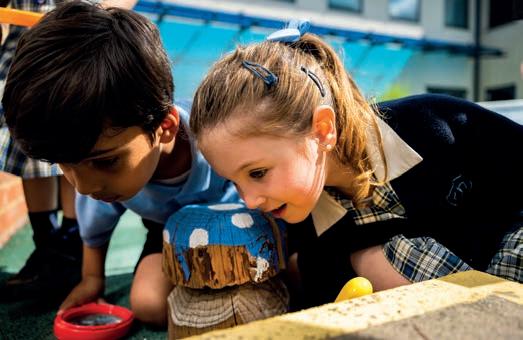
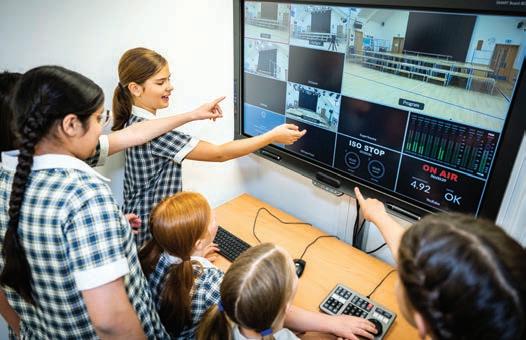
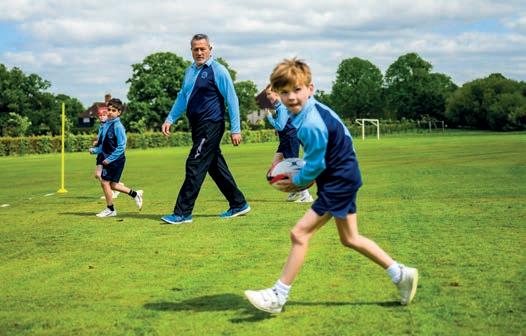

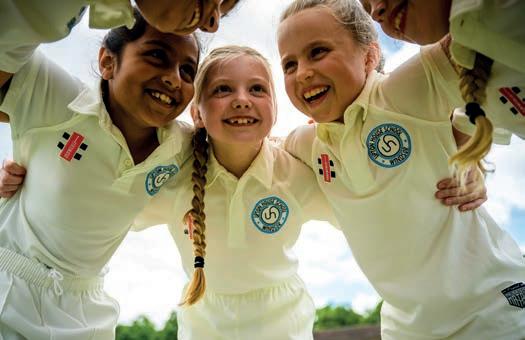
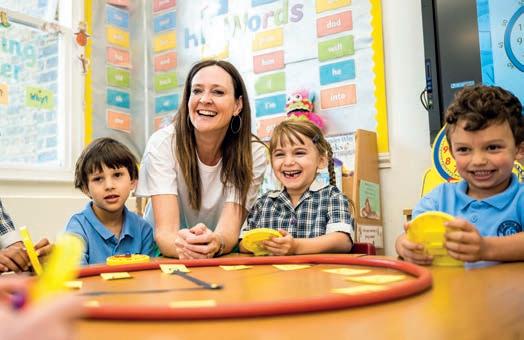
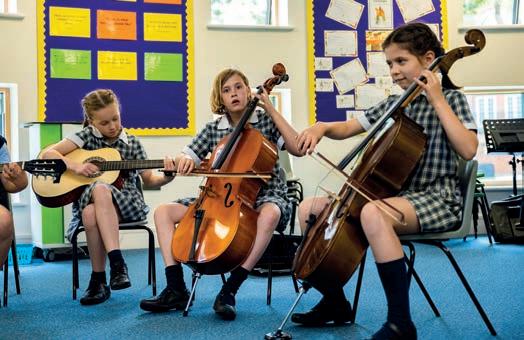
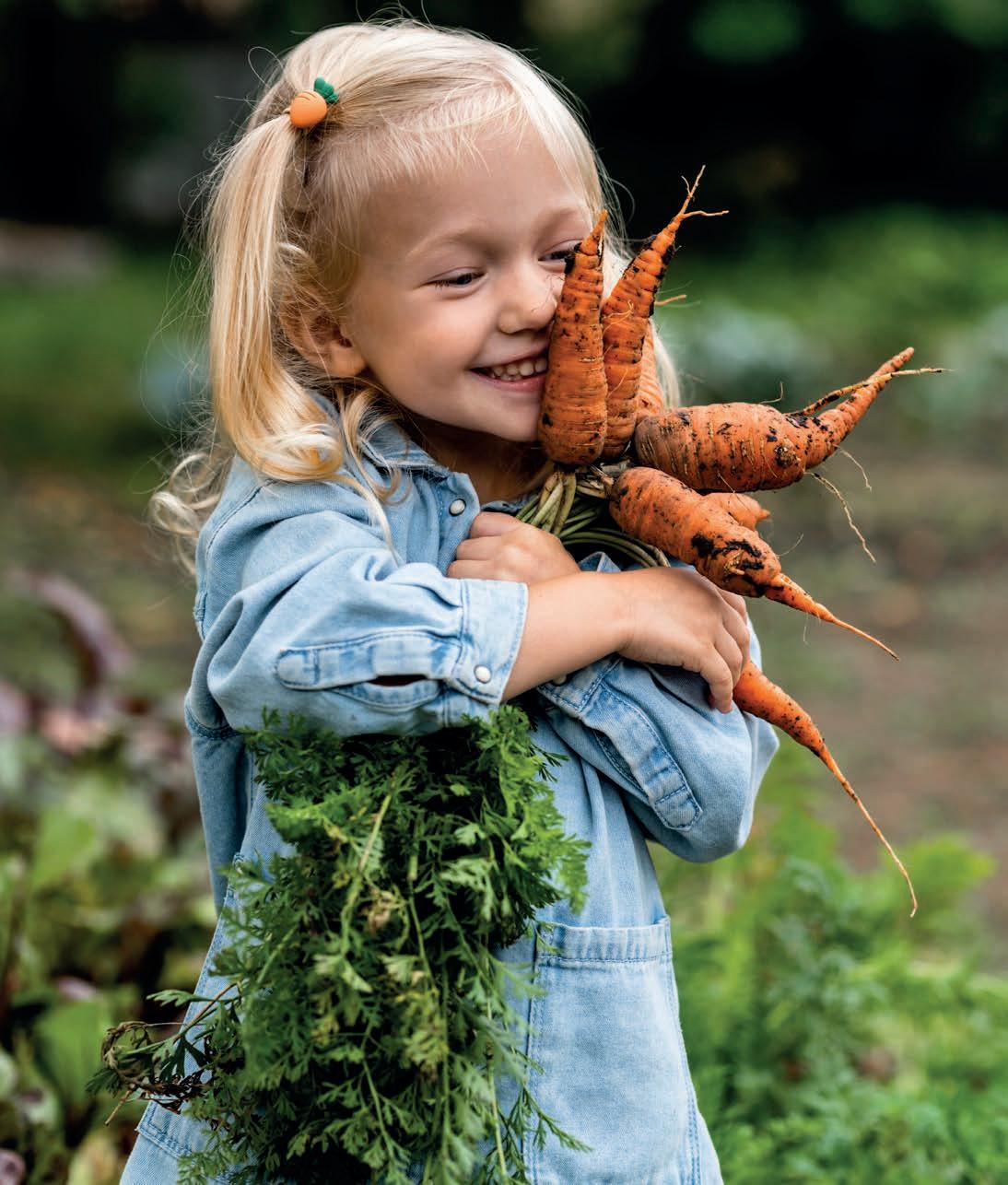
Play is an essential part of early years development. Here are four essentials for ensuring playtime is both fun and supports learning
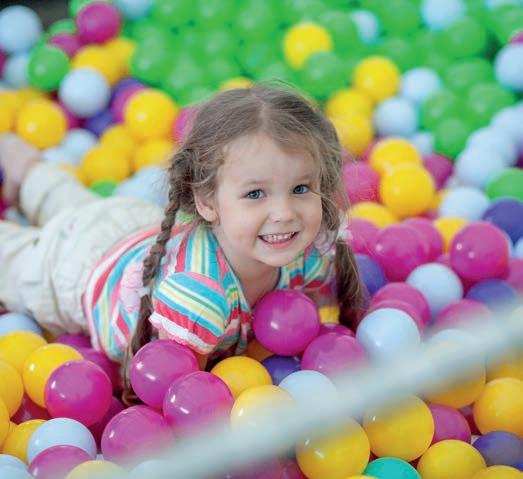
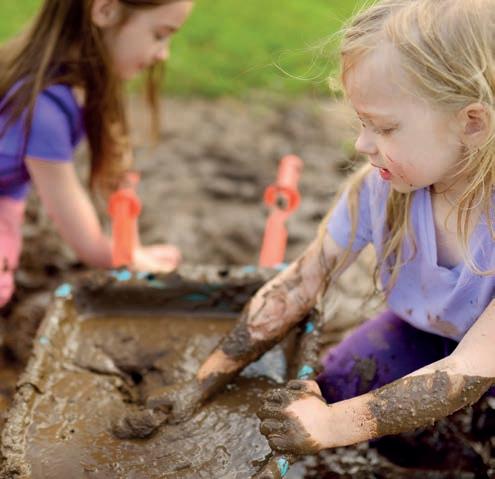
There’s a tendency, still, to distinguish play and learning, but one leads on to the other – especially in early years –helping to build connections, confidence and creativity. This is a critical time in brain development, as neural connections are forged to build everything from speech and language to motor skills, so there is no such thing as time wasted in play. There are, however, some things guaranteed to ensure games that are both fun and fruitful, preparing the ground for happy times at nursery and pre-school.
As many nursery practitioners will attest, self-directed play is the most important play. In environments informed by, for example, Montessori and Steiner early years theories, that’s seen as the foundation for building key skills – from confidence to self-expression, problem solving and collaboration. Self-directed play is not just letting children run amok. You design a space where they can be watched and kept occupied – but after that it’s up to them. This is why it’s also sometimes described as child-led, free or open-ended play. While favourite toys may certainly be in the mix if that’s what your

child wants, the most creative free play often takes place when ‘non-specific’ items are incorporated. Laying out household bits and pieces and things your child has collected – cardboard tubes, bits of ribbon, pebbles, leaves, pinecones, feathers – is a great idea. The most mundane objects can be incorporated into engaging adventures.
2. SET UP MESSY GAMES
Exploring textures and materials found in nature is endlessly exciting and also develops curiosity, problem solving and motor skills. That’s why mud kitchens are now a feature of so many nurseries’ outdoor play areas.
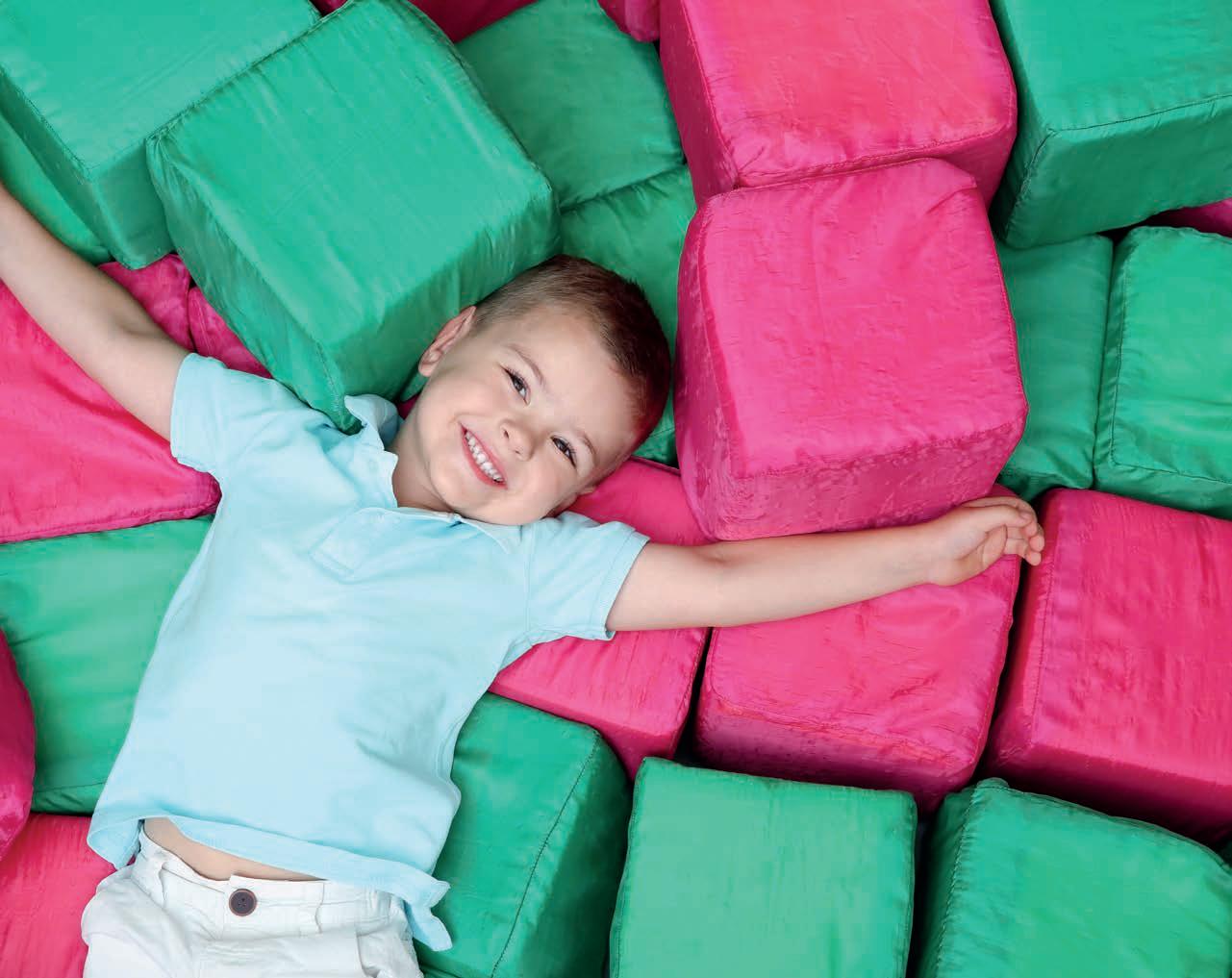
Exploratory play with water or sand is just as much fun and it’s easy to rig up an outdoor play kitchen, sandpit or water play zone.
Giving kids the freedom to get messy is important. Overalls and a pair of wellies are perfect in cooler weather, while in summer (with appropriate shade) it’s just old clothes. When the weather is too foul for outdoor fun, an indoor messy zone using tarpaulin or a dust sheet can let them explore with finger paints or modelling dough.
A small garden area is a real bonus for messy fun. There’s a fair amount of evidence emerging about the wellbeing benefits that can follow when small hands come in contact with soil and explore nature through planting, growing and watering.
3. FIND PLAYMATES
Giving children social skills starts with playing around other children. Toddlers rarely socialise as we adults understand it. From around two, they may engage in onlooker play – watching other children playing but not joining in. Other engagement follows, including parallel play and associative play, when they are playing close to others and
“THERE’S A FAIR AMOUNT OF EVIDENCE ON THE WELLBEING BENEFITS THAT FOLLOW WHEN SMALL HANDS COME IN CONTACT WITH SOIL”
either doing unrelated or similar activities. All these phases are easily supported. We sometimes have raised expectations, setting up playdates and expecting very young children to ‘get on’, but that’s not how they operate so it’s best to avoid loading stress (on you and them) to ‘behave’. Regular visits to soft play areas, playgrounds and informal or formal meets really do help on the journey to co-operative play. From around age four, children will typically start to play, for the most part sociably, in a group setting.
4. FEED THEIR PASSIONS
There’s a certain stage that every parent encounters – obsession. In o cial parenting parlance this is called ‘hyper fixation’, but we know it as that craze for fire engines, diggers,
fairies, dinosaurs, or whatever it is that inspires an all-encompassing passion.
Usually, this phase kicks in at around three – during a time when young children are starting to express themselves and also engage in truly imaginative play. Most parents find it impossible to resist, anyway, but delivering books, toys and entertainment that fuel their obsession is definitely a positive. They may dream dino or fairy and create stories and elaborate make-believe games using their favourite animal or object. This is a way of developing connections, ideas and narratives about the world and will also give your child a bond with other children (and adults) who are willing to engage by talking about their favourite thing in the world.

Falcons School in Putney is a co-educational nursery and prep school for pupils aged 2-11, fostering critical, creative, and independent learning in a supportive environment with exceptional pastoral care.
www.falconsschool.co.uk
Emma Gray, Head of St Margaret’s Junior School in Bushey, Hertfordshire, on the importance of teaching young children about good food
NHS Digital reported in 2018 that just 18% of children aged between five and 15 years ate the recommended five or more portions of fruit and vegetables a day. The results were similar for both girls and boys. Yet fruit and vegetables provide the cornerstone of a healthy diet, containing essential vitamins and minerals that support a child’s rapidly growing body and developing brain.
Introducing young children aged between four and six years to the benefits of healthy eating has to be done in a way that is interactive, memorable, fun and enriching. It is important that any sessions are short and engaging but emphasise key messages around food in a way that children understand. At our school we are working with a qualified nutritionist who delivers regular sessions to our younger pupils, and we have found that they are slowly but surely making the connection between eating real food and experiencing good health.
Over the last few months, the children have been exposed to a number of fun activities which are helping them to identify a wide range of seasonal fruit, vegetables and herbs – as well as learning why they should include them in their diet. The weekly workshops use a combination of storytelling, colour coding and craft activities to emphasise key messages around healthy food. The stories usually follow an interactive discussion with the children
“Younger pupils are slowly but surely making the connection between eating real food and experiencing good health”
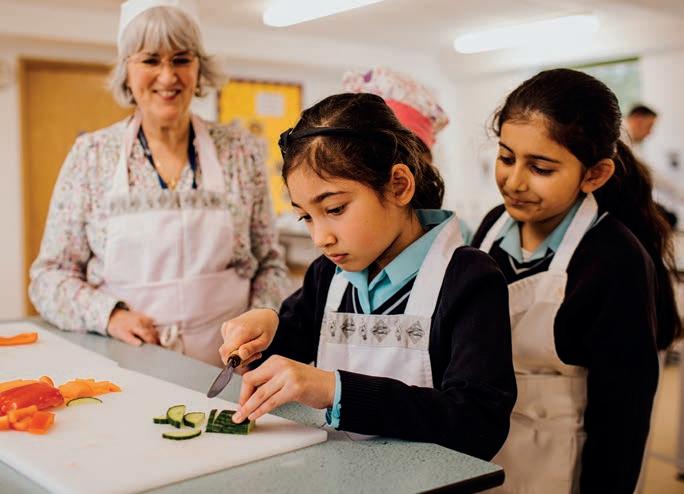
about a particular food, and then they participate in a craft activity related to it.
The format for each workshop is 25 minutes maximum. That is long enough to retain attention. These sessions usually begin with a story about a tiny harvest mouse who has found herself living in a human house. She is a character that the children have come to know and love. The mouse spends her time nibbling leftovers and gains a superpower from every piece of fruit or vegetable she eats. Each week, the children discuss that superpower and finish the session with an activity that focuses on that particular food.
For instance, in a past session the children learned about the benefits of beetroot. When the harvest mouse nibbled some, she gained super strength and managed to escape the clutches of the family cat. The message was – red beetroot contains the mineral ‘iron’ which is needed for muscle strength
and energy – so that means that beetroot can help make you strong. For the craft activity at the end of this session, the children made red playdough out of beetroot juice and then modelled their very own beetroot.
The impact of regular nutrition workshops on our youngest pupils has been very encouraging to date. The children can recount what they’ve learned, and they get lots of hands-on experience with healthy foods. From a communications perspective, the sessions encourage pupil voice and feedback as well as creativity from a young age.

While children are young, it’s so important for schools to exploit this crucial window of opportunity to reinforce the importance of a healthy diet and help them to learn about food and cooking in a way that sparks their interest. The more our children understand about the food they eat, the stronger the foundation for their educational outcomes and future lives.
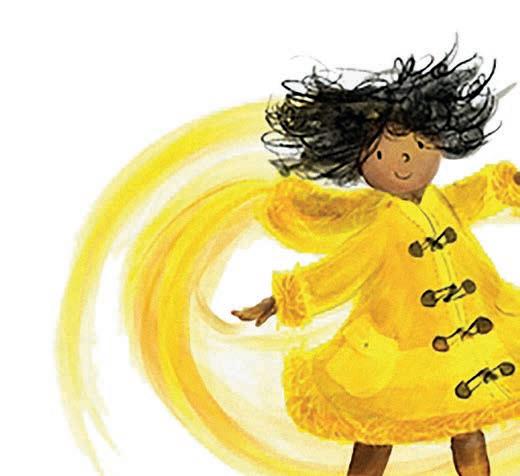

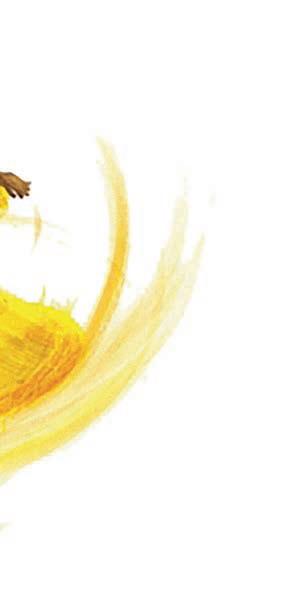
Maryam Hassan’s debut picture book about a little girl finding her way back to light was inspired by teaching children in new lands
Until You Find the Sun was inspired by a chill reality – Maryam Hassan was teaching in cold and grey Chicago in midwinter when a little girl joined her Montessori elementary school. A recent arrival from South India, she was having trouble adjusting. “If you come from there to Chicago, with a polar vortex winter, that is a very large seasonal di erence,” she says. “And the points where she was having a hard time adjusting were when she had to go outside to play.”
To Maryam Hassan, this little girl’s sensory bewilderment was completely understandable – how could she process such a huge change at such a young age? She wrote the very first draft of Until You Find the Sun sitting parked up in her car – it just came to her, and she had to write it down. It’s a poignant tale about Aminah, a little girl whose life is full of “sparkles”, living in a close-knit community
full of gold and yellow – from sunshine and kindly salaams to sweet mangoes.
Then her family prepare her for the journey to a new land, but her beloved grandfather, Da, who has always told her tales of epic adventures in far o lands, will not be coming with them. On arrival in the new place – a cold and wintery city that could be Chicago – Aminah loses her sparkle, overwhelmed by the greyness of it all. That is, until she spots a bright yellow du e coat in a shop and her Mama buys it for her. This new sparklingly yellow coat gives her hope and the next morning she awakens to a clear blue sky with sun reflecting o the white snow and goes out to play. Then she is able to call her Da and tell him of her own adventures in this far-o land.
The text is evocatively illustrated by Anna Wilson, capturing the journey through dark to light. While Hassan is a photographer and painter, as well as a teacher, she knew her story was in safe hands as soon as she saw the wonderful sample illustrations
from Wilson. “I do paint, but I do not think I could illustrate a book ever in my life,” she says. “The only input I had given was how I wanted the family members, to look. What I find in media is that when South Asians are represented, they are very light skinned and, in our families, we are all a mix of di erent kinds of skin tones.”
As a first-generation child of Pakistani immigrants in London, and someone who has taught many children who have joined her classes unable to speak English, Maryam Hassan is really inspired by the idea of helping with transitions. “I was thinking about struggles that children face, especially young children, when they move countries,” she says. “We have this assumption that when children are young they kind of forget about things because they move on very quickly, but I don’t think that’s true. I really wanted to be able to write picture books that help children find comfort in their new surroundings.”
She recalls that in her own ‘90s childhood in London she couldn’t find any media
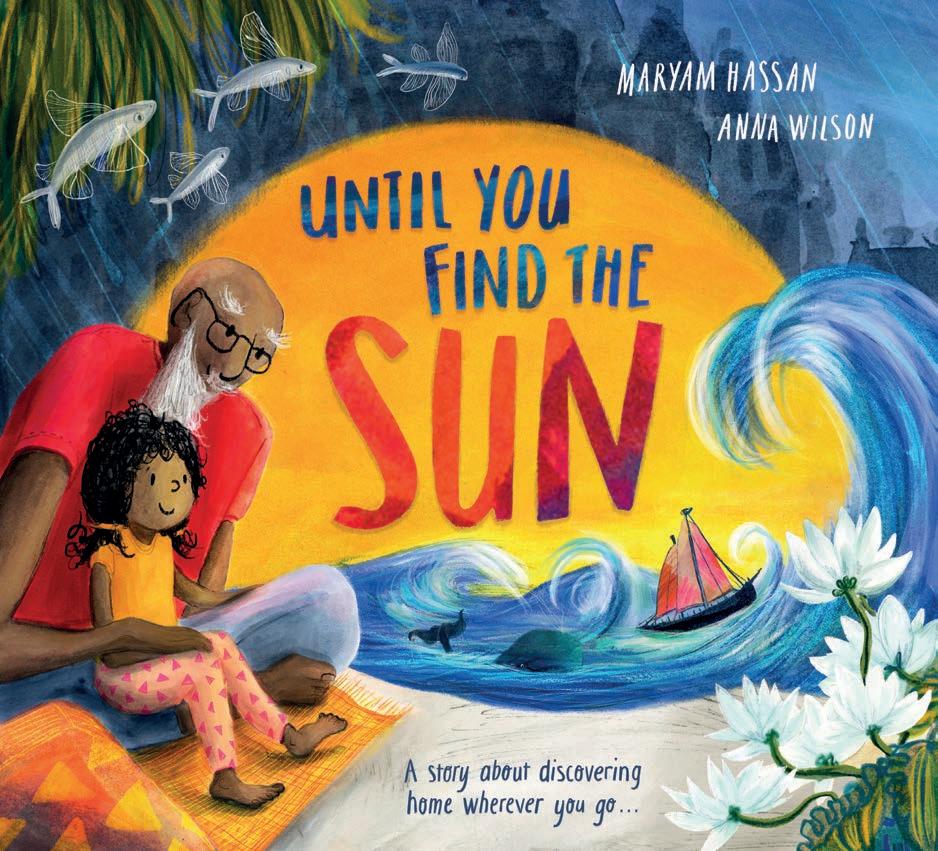
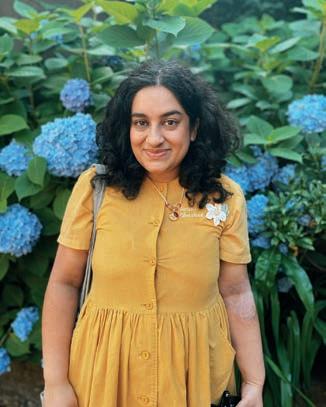
that represented what she looked like or what she was going through – she found her outlet in Western culture, including punk. (She still loves punk.) These days, she reads a lot of fiction, including Young Adult fiction, that reflects a diverse world, but feels there’s still a way to go. “It’s always the hardship of growing up if you’re Muslim and Pakistani, when I want to write about the joy of it,” she says. “Ultimately, terrific
books give young people joy and make them love the cultures that they are from.”
Blending and marrying di erent cultural influences is, of course, a journey many children will go through. But, as far as Maryam Hassan is concerned, whether it be Chicago, Tokyo or London, every child responds to picture books.
“I’ve taught in three di erent countries now, and in di erent kinds of schools, and the thing that is similar in all these schools is that children love books. If there is a story time children will come and just sit.
“When I first moved to Japan, I taught in a Japanese elementary school and any time I brought out a book – it was usually Brown Bear, Brown Bear, What Do You See? or The Very Hungry Caterpillar or Dear Zoo – the children would just sit, and they would all stare at me. The First Graders didn’t really know what I was saying – it was still very early on – but loved to just listen and look at the pictures.
“Books universally bring children together, so when you have new children starting in a classroom story time is a really great way to have them feel secure in your classroom
and be able to share something they can feel connected to right away.”
That is one of the things that inspires Maryam Hassan to keep on writing for young children. Her second book about food (also illustrated by Anna Wilson) is in production, and there’s another in progress about language acquisition – a fiendishly di cult subject to write about for such a young age group, as she admits, but she is enjoying the challenge. This is a chance to distil some of the observations and experiences garnered teaching across three continents.
While they may not share a common language or culture, Maryam Hassan finds that all young children share one very big thing. “They are very open to new people, and they want to know all about you,” she says. “It is so wonderful to teach and learn about them and watch them grow – it’s such a wonderful thing to watch.”
Until You Find the Sun is by Maryam Hassan, with illustrations by Anna Wilson (Hachette Children’s Group, £12.99).


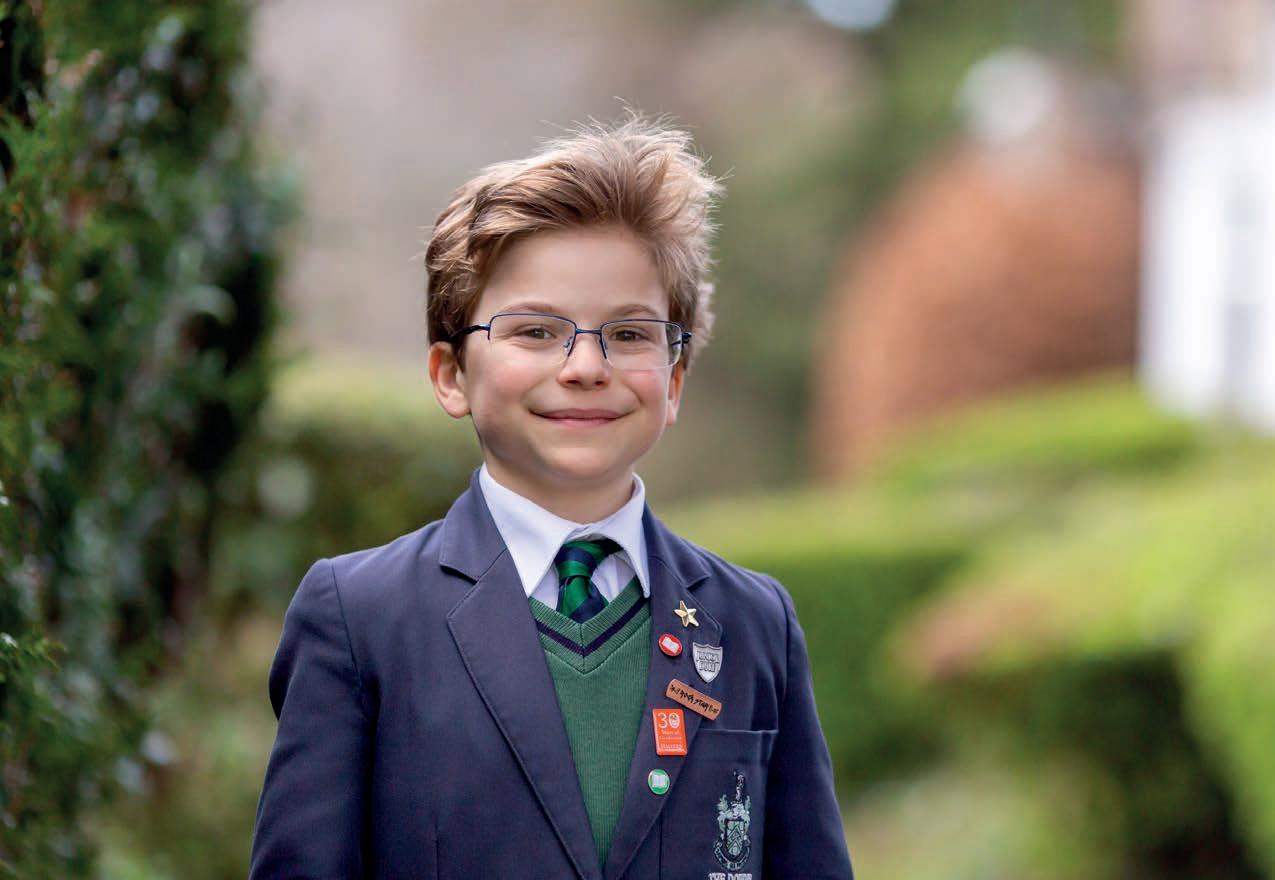








From phonics to physics, at The Downs Malvern, we provide an environment where every child can achieve their potential and thrive. It’s a place where curiosity meets opportunity, and where children learn to navigate their world with confidence –whichever path they choose.

Discover Malvern: Please use the QR code, or visit www.thedownsmalvern.org.uk, to book your private tour.
Kathryn Loh, Head of Year 1 and 2 at Kew Green Prep, on the impact of an approach that develops both children’s reading skills and joy in books
Acommon question and focus from parents at the start of their child’s educational journey, from Early Years into Lower School is ‘when will my child learn to read’.
At Kew Green, the answer to that question embodies more than simply teaching the skill to read words or applying the necessary phonetic and grammatical skills. It remains our mission to instil and nurture a love and passion for reading, hooking the young minds that enter our classrooms so that they eagerly engage with storybooks. This sparks the ability to imagine and explore new worlds and characters, to learn new facts, share knowledge and discover more.
The first three years of school, from Reception through to Year 2, mark a critical period when children develop the foundational skills in reading. This not only enhances their academic progress but also enriches the development of their mind, their personal development and their understanding of the wider world.
Encouraging our young learners to find joy in reading requires a multifaceted approach. This includes exposure to a wide variety of books, an engaging phonics programme, and a positive reading routine both at school and home – with e ective partnership in
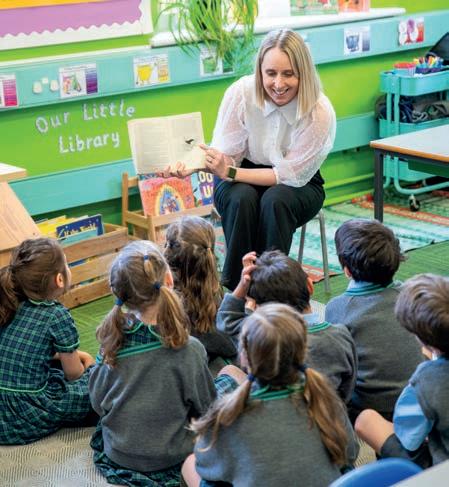
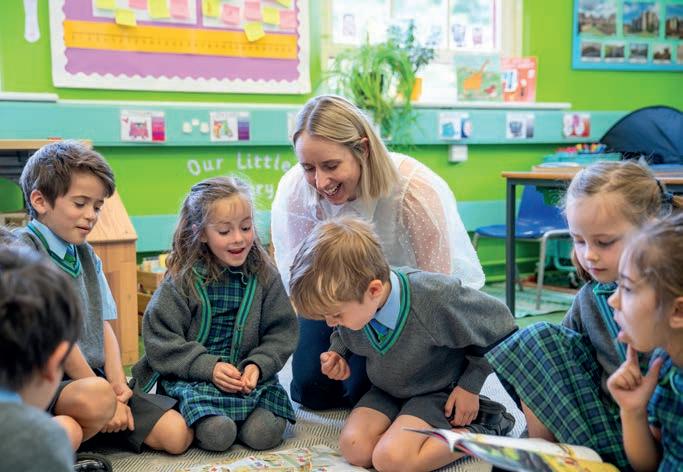
“The impact of an adult reading aloud to a child or group of children should never be underestimated”
place to motivate and encourage our children at every turn of the page.
Most recently at Kew Green we have found success in pivoting to a new phonics programme which leads with a dynamic, fun and in-depth approach. It finds the joy in phonics. The impact of this is that, through carefully crafted lessons which boost engagement, all our pupils are propelling through the early stages of our reading scheme.
For example, by the end of Spring Term last academic year, 84% of our Year 1 pupils were already working within the reading expectations for Year 2 and 33% were assessed as having a reading age of
a child over seven years. Looking beyond the outcomes and data, the phonics programme has unlocked their ability to decode and understand sentences and stories, sparking joy, passion and enthusiasm for reading and writing.
Curating an environment that champions the importance of reading and provides opportunities to read is paramount. A library of diverse books that cover a wide range of subjects and genres is essential for maintaining the interest of curious minds. In our classrooms, we encourage children to choose books from our library, to fill our book corners with their choice of texts. Giving children a choice further engages them in the opportunity to read.
Each class also embraces a ‘wholeclass reader’ – a book read aloud by the class teacher every day. The impact of an adult reading aloud to a child or group of children should never be underestimated – from Early Years right through to Year 6 (and even beyond). A ‘whole-class reader’ gives children exposure to chapter books, also introducing more complex sentence structures, punctuation, grammar, vocabulary and literary techniques.


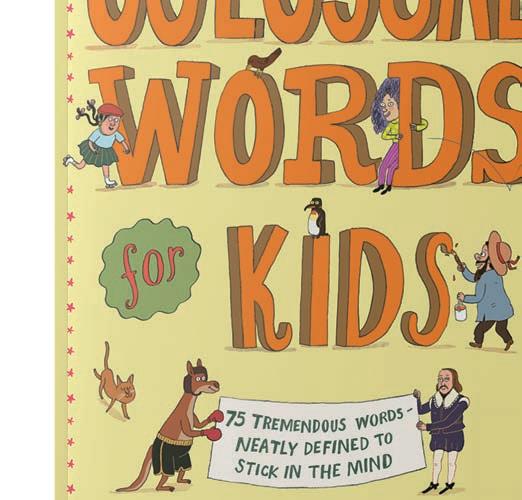






Colette Hiller taps into children’s innate gift for language in her new book by introducing them to words of substance and precision
There’s absolutely nothing sanctimonious or soporific about Colette Hiller’s Colossal Words (although these are two of the chosen ones). Each of the 75 selected for this book has substance – a satisfying word children can get their teeth into and then use to enliven conversation and writing. This is not a dictionary – far
from it – so no dry definitions. Instead, each word has its own page, and is described via an illustrated poem with an accompanying quote or fascinating fact. And these are rhymes to be read out loud to help each word stick in the memory.
So what inspired a book all about words? “Children are natural wordsmiths,” says Colette Hiller. “But despite this, adults often take pains to avoid seemingly sophisticated words – and they really
needn’t. If a child can grasp a concept, they will relish using the word itself. It may seem odd that an eight-year-old might be familiar with the word unbiased, yet what child isn’t absolutely au fait with the principle of fairness – this isn’t a stretch at all.” Then there are the precise words that describe something perfectly in the shortest possible space. “Once you know the word penultimate, you wouldn’t want to say second to last.”

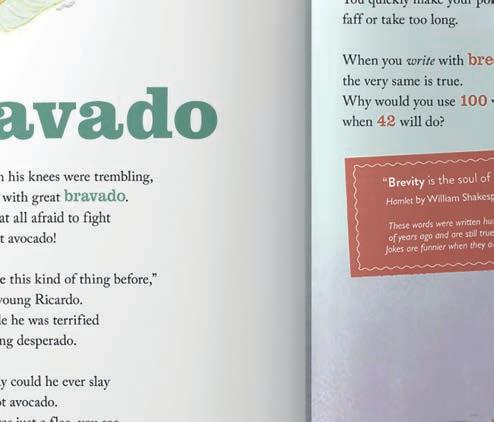
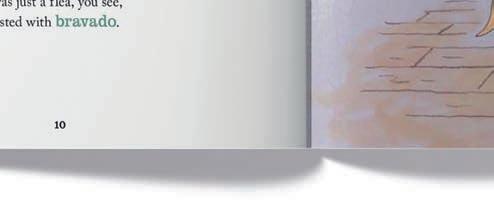
Hiller trialled ten of the words and their poems in the book with pupils at a west London school over three sessions, with satisfying results. “After this, the appetite for language had changed. They were using these words in written and spoken language. Also, you could hear the word retaliate being shouted out across the playground!” Retaliate was, as you’ll have guessed, part of the trial. “Small concept, big word – getting back at someone is something that children know instantly.”
Colette Hiller has always been involved with bringing words to life. Born to English parents in the US, she went to a performing arts high school in New York. She arrived in London as part of the cast of the original stage show Annie (working alongside the likes of Sheila Hancock) and stayed. To fans of the iconic film Aliens, she is remembered for her Corporal Ferro – the pilot who utters the phrase still treasured by gamers of a certain age: ‘We’re in the pipe, five by five’. But theatre was much more her thing,
“Children are natural wordsmiths, but adults often take great pains to avoid seemingly complicated words”
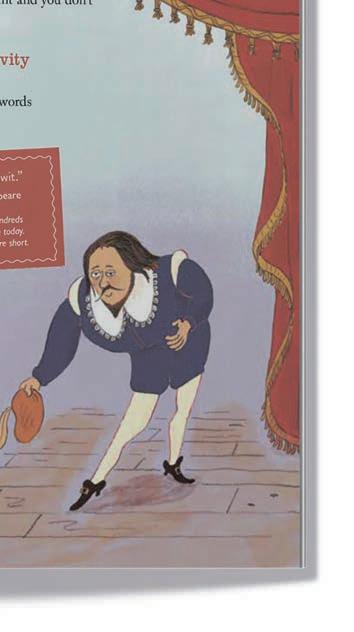
and she spent most of her acting career treading the boards with companies such as the RSC and National.
Even though Colette Hiller is still sometimes asked what it was like to appear in Aliens or Annie, she prefers to talk about what she’s done since. “It was a big part of my life, but it was also a really Eureka moment to understand you could have creative satisfaction not by acting but by creating.” She worked as a BBC producer, mainly within education. “Always on the innovation side, looking at new projects and researching new ideas.” She was also one of the clever minds behind Sing London. Those pianos that grace public spaces in London and other great cities were one brilliant creation and were inspired by the idea of small interventions that make a big place more human-scale and navigable – and more fun.
Perhaps no surprise that Hiller – as the mother of a twin boy and girl – would also turn her mind to fun interventions to help children navigate that great big landscape of language. She created Applehead, a muchloved CD of songs that describes exploring the world as a small person. “I’m interested in making anybody smart,” she says. Her own children were reading by age three –nothing unusual about that, since she was also taught to read and write very young. Colossal Words taps into this same idea of exploring and having fun. “The aim is to
“The aim is to show that you are the rightful owner of these words. This is your language –it’s yours for the taking”
words.
spark a real love of language and to show that you are the rightful owner of these words. This is your language – it’s yours for the taking.” Hiller believes one of the problems around words is that, while we teach very young children lots of them, by the time they are settled in school some of that joy of naming and perfectly describing gets swamped by the rigours of vocabulary and spelling tests (often bunched together).
Of course, children need to learn the workaday words – she calls them “meat and potato” words – but something of the excitement of language can be lost. “We’re always telling them to be descriptive. It’s such a wrong way to do it. It’s ‘be accurate – what do you see?’” Little wonder then that brevity found a place in Colossal Words, with a suitably succinct poem. And, while Hiller has a beef about the wishy-washy descriptive, she enjoys the arrow-sharp nondescript – so that made the cut. She thinks children should learn words that capture nuance, as well as precision. “Why is it a word like dangerous is dull and yet perilous is interesting? It’s to do with shades of meaning.”
While she loves words, Colette Hiller says she is not a great speller and has long used rhymes and verbal tricks to remember tough double letter combinations (she has one for spelling colossal). And she clearly recalls those heartsink moments of childhood when you are told to look something up. “The minute you are looking up words in a dictionary it becomes a chore,” she says. “The di erence here is it’s someone sharing their delight in the word.”
Fittingly, zest is the very last of the 75 – a joyful ending to a book that explores owning your language and finding the perfect word to describe precisely what you see.
Colossal Words for Kids by Colette Hiller, with illustrations by Tor Freeman, is published by Francis Lincoln (£9.99).
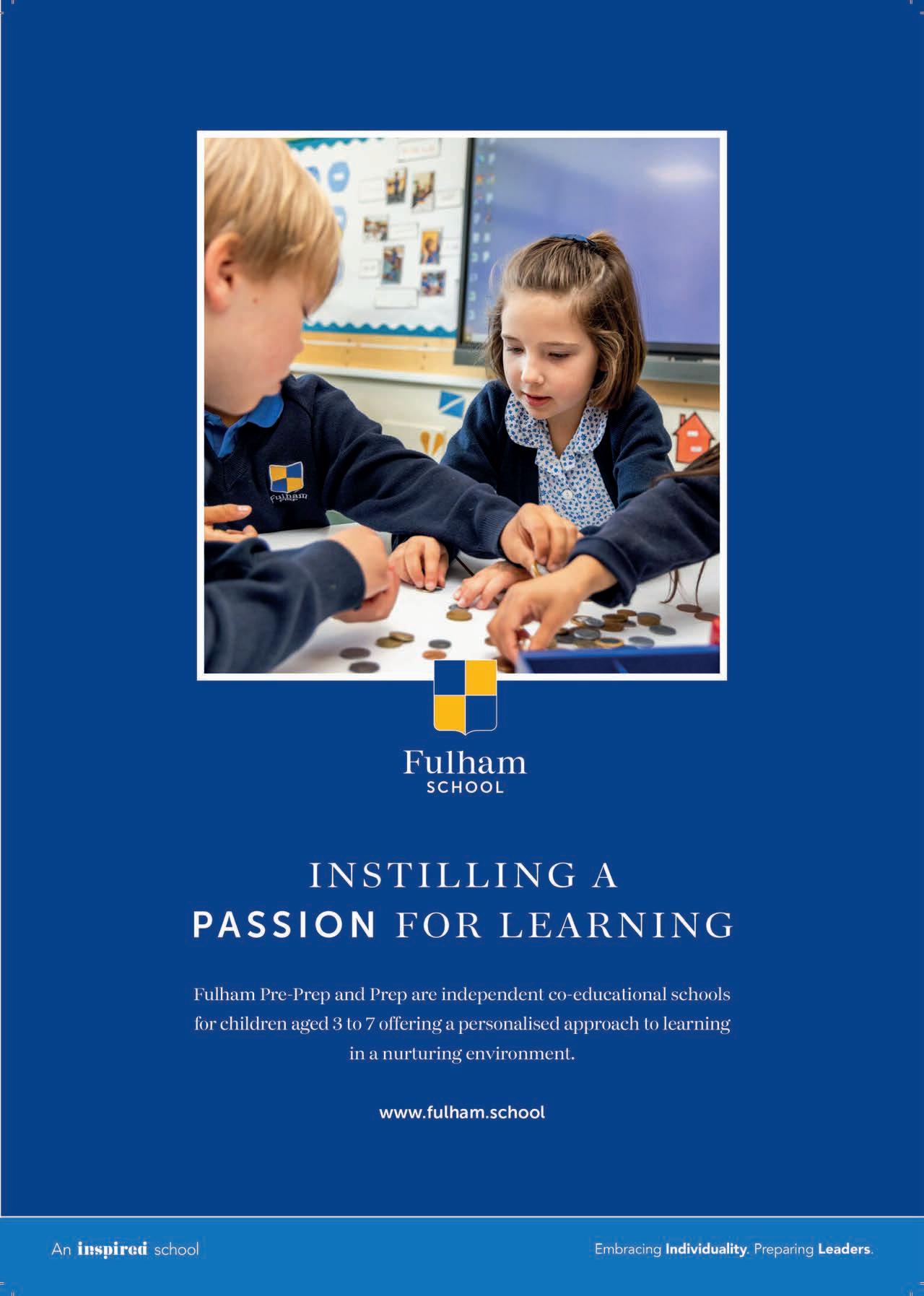
Mentor Education on what parents need to know about the play-based assessments increasingly used by London schools to select reception pupils at 4+
These days, London parents are well aware of the pressures and strains of the 11+ school assessments.
Many are, as a result, interested in getting their children into a great school at an early stage, where hopefully they can stay until they are 18 and avoid the stress of further entrance exams.
We are increasingly being asked to help children do well in the play-based assessments that schools use to select their Reception classes. Our 4 Plus Team, who have all taken part in these assessments in schools, have helped many parents to make a real di erence to their children’s chance of success. Here are some of our thoughts to help you support your child to shine on the day of their 4+ assessments.
Many parents may feel that who passes on a given day is a lottery. However, we have noticed that children who pass one 4+ tend to pass many. By contrast, a child who fails one tends to fail many or all assessments. In other words, schools are consistent in looking for the same attributes and are using the assessment days to identify them.
The first thing schools look for is readiness for school – can your child start learning from early on in Reception or will they need to learn the unspoken rules of school for the whole of their first year? Secondly, schools are looking for aptitude for learning. These skills are largely behavioural, and we guide all our children and parents through what they entail. Thirdly, the most academic schools are looking for some ability to
“Schools are consistent in looking for the same attributes and are successful in using the assessment days to identify them”
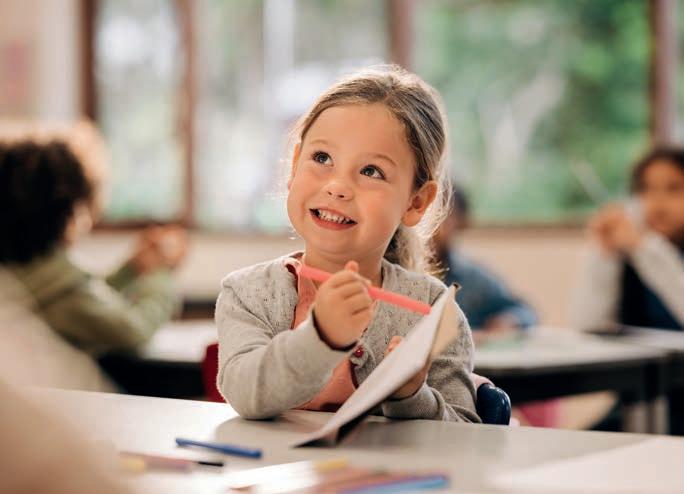
do simple literacy and numeracy tasks. Parents tend to fixate on those parts of the test, but our experience suggests they are significantly less important than behaviours and skills around readiness for learning.
Typically, at an assessment day teachers will come out and call your child’s name and then take them into a classroom – you will not be able to join them. If your child will not leave you and go with the teachers, it becomes very di cult for them to pass the assessment. Indeed, about 10% of children fail at this stage of the day.
In the room, some of the activities replicate a classroom environment. Sometimes there is a group reading exercise followed by a Q&A session. Then there is a series of tests in which the child’s cognitive ability is assessed. These tests appear as games but are usually a puzzle for them to attempt to solve. For this part of the assessment, the child also needs to show that they are able to express


themselves and can explain themselves clearly. Some schools also have some sort of fine motor skills test and a few even have a gross motor skills test.
• Make sure your child can leave you – get them used to this idea in the lead up to school assessments.
• Ensure your child can explain whatever task they are doing – this is something you can practice. Also make sure they can draw your family and then explain who everyone is.


• Visit the school before assessment day so your child is not entering strange surroundings. Make them feel like this will be a playdate and remind them to behave and show good manners.
MARY LONSDALE CEO Mentor Education
• Ensure your child is at their best – not hungry or sleepy –and has been to the bathroom before the assessment. If they are unwell on the day, reschedule for your child’s and the school’s sake.

























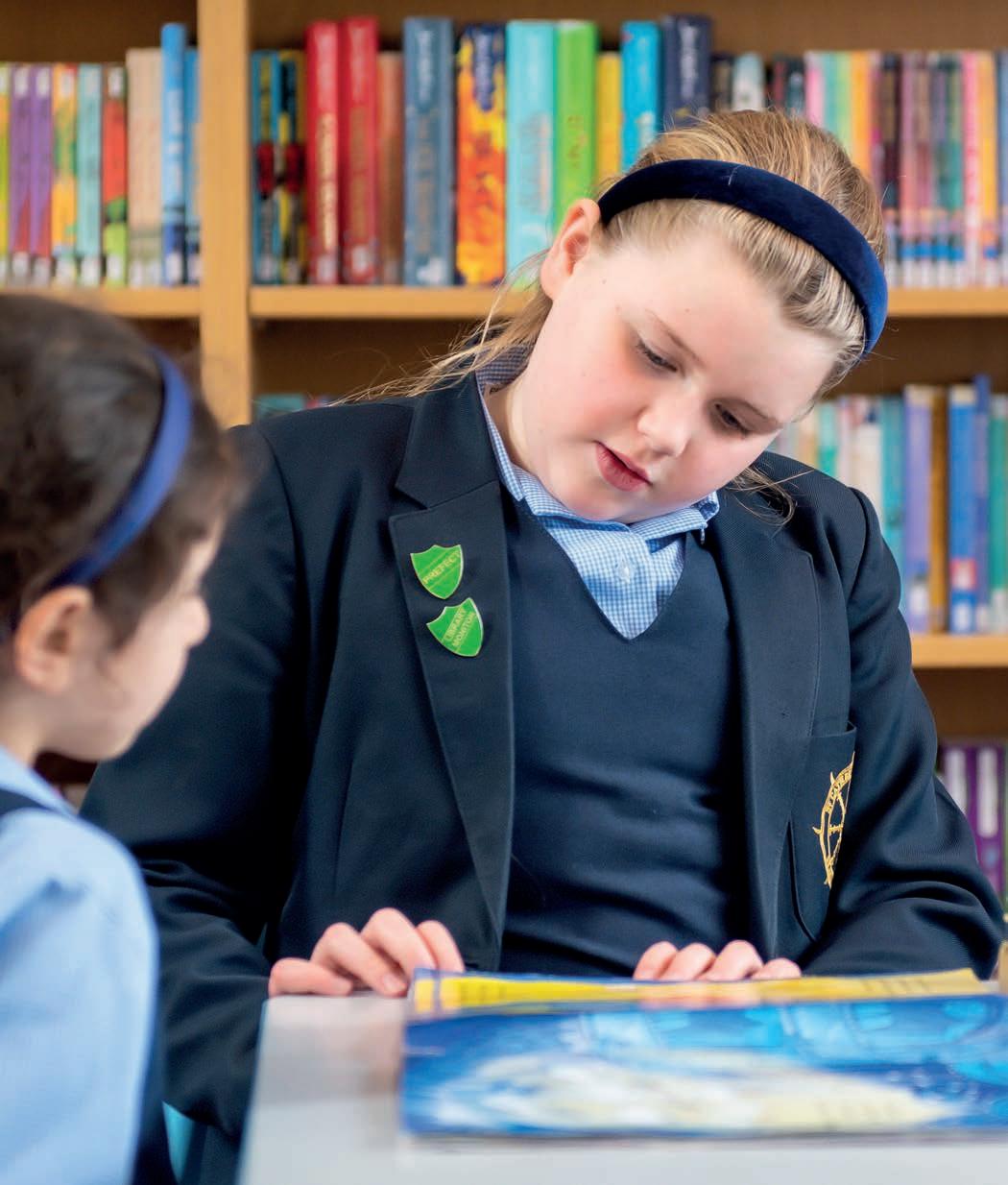
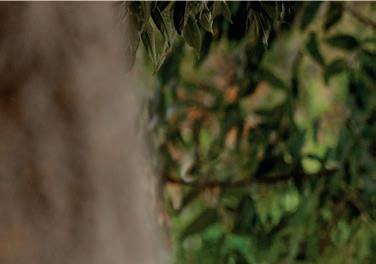
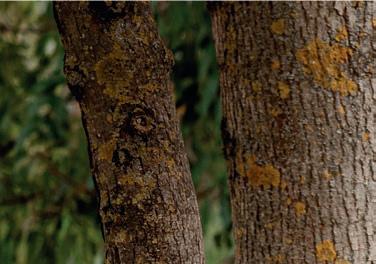
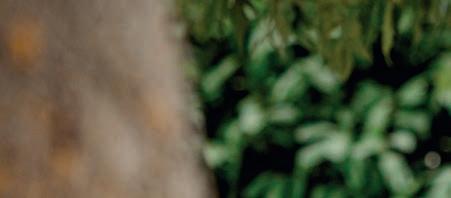
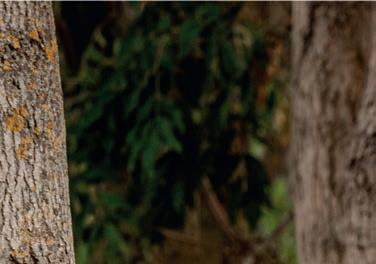
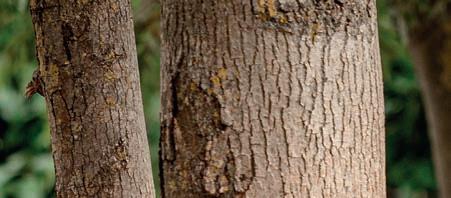
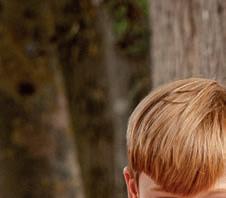

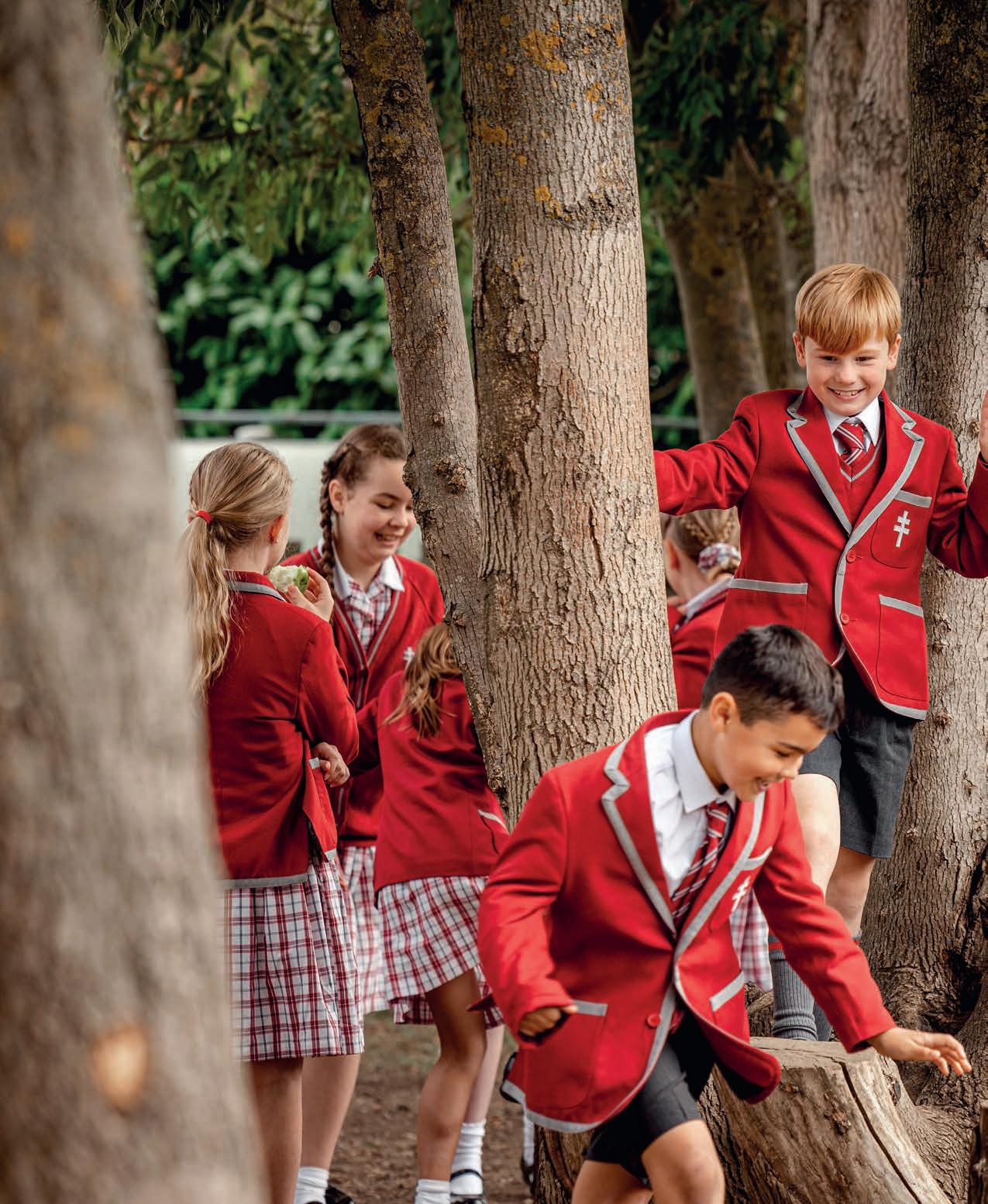
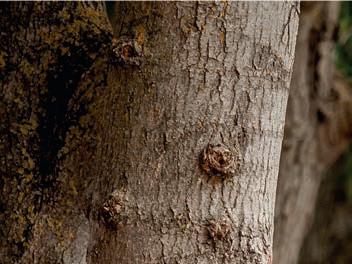
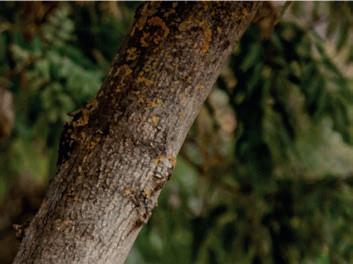
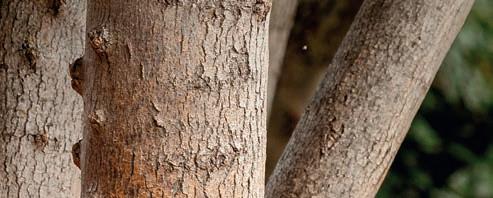
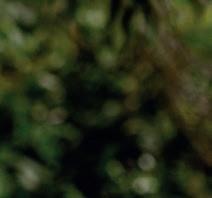

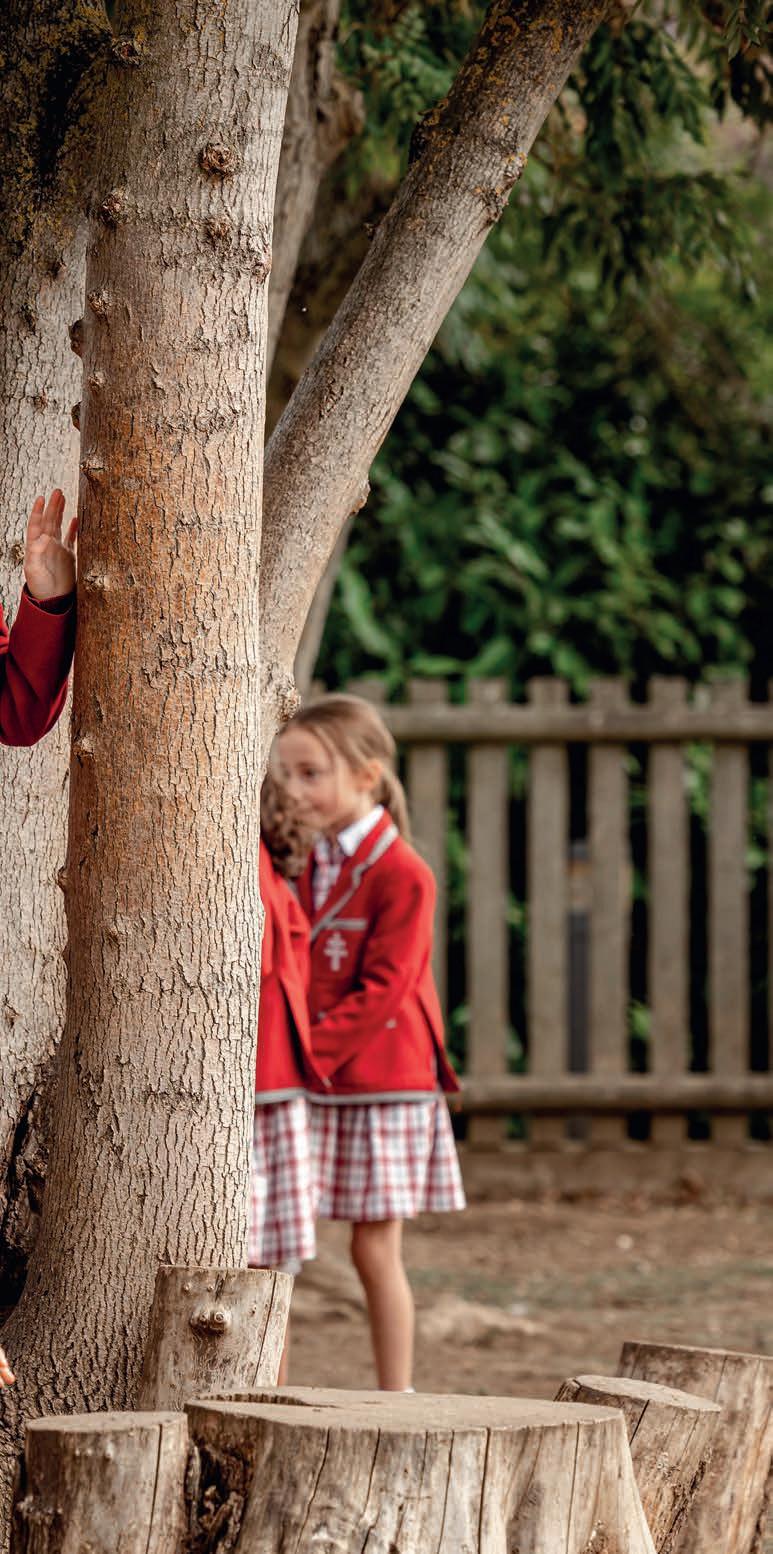
Resilience is a buzz word in education, so how can we help younger children to build confidence and take setbacks in their stride? Schools share their winning strategies
At New Hall in Oxford, the team work to create a culture where mistakes are seen as an integral part of the learning process. Younger pupils are taught that failure is not something to fear, but an opportunity to grow. Teachers emphasise that it’s normal to get things wrong and that the most important thing is the e ort pupils put into trying again.
This is reinforced through classroom discussions, collaborative problem-solving tasks and stories where characters succeed after persevering. Sta employ a growth mindset approach, helping children understand that their abilities can develop through persistence.
To help children identify and build on strengths, they employ a mixture of approaches, including one-to-one teacher discussions, peer assessments, and self-reflection exercises. New Hall pupils are encouraged to think critically about their abilities, what they enjoy, and where they excel. Then teachers help them set achievable goals based on these strengths, gradually building on small successes. The team here find that strengths-based learning is a great way to celebrate individual progress (rather than comparisons to others). This also fosters intrinsic motivation – pupils see the e ort they put in leading on to improvement.
Sport and outdoor learning are part of the toolbox for building resilience. Whether it’s on the playing field, visits to the school farm or outdoor adventures, the activities help children push through challenges, manage
frustration when they can’t ‘get it right’ and also work within a team. The New Hall team say that outdoor environments present unique opportunities to fail safely and try again. They also foster problem-solving skills, risk-taking, and adaptability – supporting both wellbeing and mental resilience.
There is strong emphasis here on recognising not just academic success, but also perseverance, curiosity, and personal progress. Reward systems are designed to celebrate the process of learning, valuing e ort over achievement to help pupils understand why hard work and determination are as important as reaching the end goal. This approach motivates pupils to keep pushing through learning barriers, even when the going gets tough.
Fostering a supportive community where every child feels valued and encouraged is vital, say New Hall. Mindfulness practices and emotional literacy are integral parts of the school curriculum, helping children manage stress and navigate challenges. Opportunities for leadership – from being a prefect to participating in School Council – let them take on responsibility and shine in multiple ways.
At Kew College Prep, the team understand that many children feel nervous about making mistakes, which can hold them back from exploring new opportunities. There’s a big focus on nurturing self-esteem – showing even the youngest and most timid pupils that mistakes aren’t something to fear, but an essential part of the learning process.
Prep sta say that a supportive and tightknit community is critical to this. Teachers focus on building strong, trusting relationships with each child, using praise to create a space where the children feel able to try new things. Whether they’re tackling a challenging maths problem, performing on stage, or competing in sports, pupils are encouraged to believe in themselves and their potential.
One of the ways a ‘tryer’ mentality is modelled is through sticky questions –
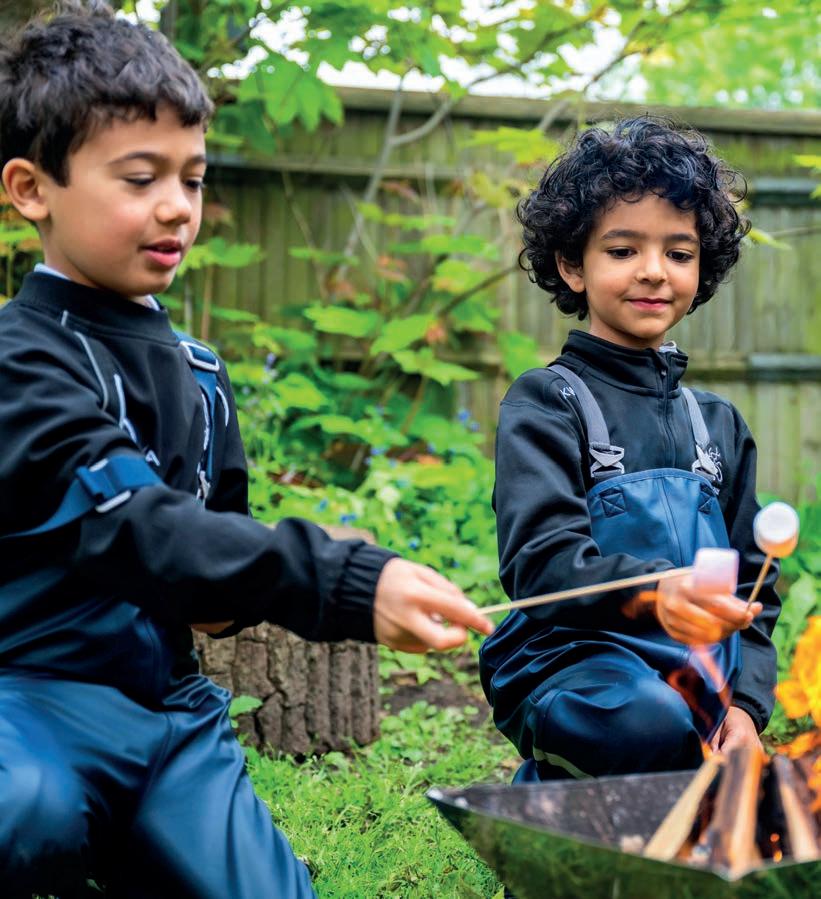
where there isn’t a clear right or wrong answer. These spark open discussions and encourage critical thinking, helping children to see that the journey of figuring things out is as important as the solution. By exploring di erent viewpoints, they also learn to embrace uncertainty and recognise the value in trial and error.
Teachers model this mindset by openly demonstrating how they handle their own mistakes and learn from them, reminding pupils that nobody is perfect. This gives children the confidence to step outside their comfort zones and keep going, even when things get tough or go wrong. In PSHE lessons, resilience is a regular theme, helping each child recognise their strengths and celebrate their progress.
The concept of a growth mindset is also introduced, teaching that just because something feels hard now doesn’t mean it will always be that way. This helps pupils to approach challenges with patience and
“A ‘TRYER’ MENTALITY IS MODELLED THROUGH STICKY QUESTIONS – WHERE THERE ISN’T A CLEAR RIGHT OR WRONG ANSWER”
determination. Achievements are celebrated via regular assemblies, where pupil successes, both in and out of school, are shared with the school.
Beyond the classroom, outdoor learning environments – including forest school sessions – o er even more opportunities to build resilience. From climbing trees to using tools for woodwork, Nursery and Reception children engage in ‘risky play’ which fosters independence and a can-do attitude.
The Kew Collee Prep team note that praise, reward, and recognition are
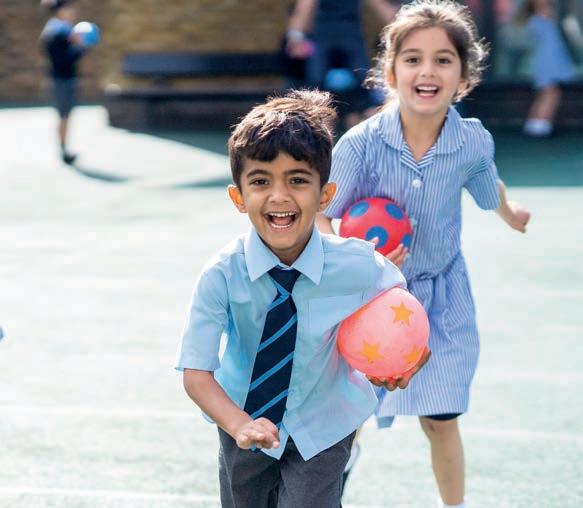
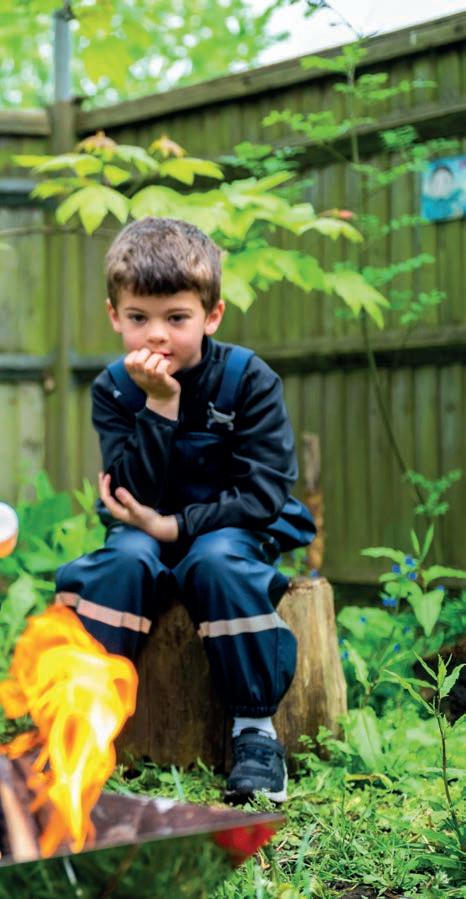
essential to helping children push beyond their perceived limits. Positive feedback, house points, and awards celebrate not only top achievements but also the e ort it takes to overcome hurdles. With problem-solving, sports, and mindfulness embedded within the curriculum, pupils have the tools needed to be resilient and confident learners.

At The King Alfred School (KAS) in North London, Head of Lower School Karen Thomas says we adults need to resist our natural tendency to protect the children in our care at all costs as it’s not in their best interests. “It does little to equip them with the tools and strategies they need to live healthy, happy lives,” she says. “Understanding what to do when faced with adversity is woven into the fabric of our educational provision,” she adds. “We place as much value on how we learn as what we learn.”
The KAS approach is that a shared language and an expectation for children to review themselves as learners is key to developing e ective learning dispositions, including resilience. “By helping children identify, understand and expect the feelings we get when something challenges us, we start to disperse the mystery of the
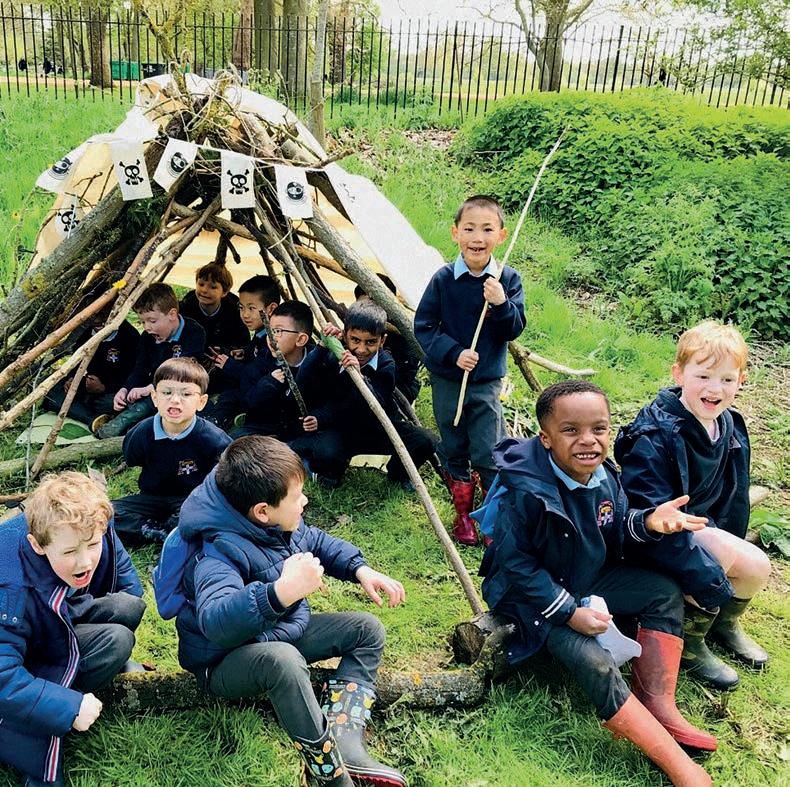
“CLASSROOM TALK OFTEN REFERENCES ‘BOUNCE-ABILITY’ – HOW DO WE GET BACK UP AFTER SOMETHING IS TOO DIFFICULT?”
learning process, allowing children to be curious and brave rather than afraid when they are not immediately successful.”
The concept of “productive struggle” is introduced to the youngest children as an important indicator that learning is happening. In the Early Years, for instance, resilience is also addressed through books – KAS favourites include Tilda Tries Again, After the Fall and Yes You Can, Cow. Together, teachers and children analyse characters’ emotions and actions from the safety of the story corner and this helps pupils to make links to their own learning experiences.
“Classroom talk often references ‘bounce-ability’ – how do we get back up after something is too di cult? We teach the children the science of learning – how their brain can grow and strengthen when
they take risks, learn new skills, solve problems, and make mistakes,” says Karen Thomas. “We talk with children about having a growth mindset, sca olding their approach to challenge with a positive mental attitude.”
Above all else, helping children become resilient relies on teachers and caregivers really knowing each child. “When we know their di erent strengths, experiences and levels of confidence, we are able to provide the right level of challenge at school in terms of the learning experiences we design,” says Karen Thomas “We help children to identify when something is too easy, too hard or just right, so that they can exercise their ‘resilience muscle’ safe in the knowledge that that we will be there to champion their e orts, to cheer them on or to o er a helping hand.”
Perseverance is a key School value here at Bickley Park,” says Headmaster Tom Quilter. “We aim to model and promote the benefits of a growth mindset, embracing the concept that failure is a key part of success. Imagine, if as babies, we gave up the first time we fell? We would never learn to walk. Some of my favourite assemblies, centre on the theme of learning to pick ourselves back up.”
The Bromley prep and pre-prep loves to remind children that it’s not that they can’t do it, they just can’t do it yet. “We are determined to make sure that we identify, nurture and celebrate every child’s strengths and talents. By finding that spark – ensuring e orts are rewarded and then celebrating achievement – we see selfesteem snowball,” adds Tom Quilter.
The curriculum is framed around what are known as the Four Quadrants of Learning – Academics, Sport & Outdoor, Arts plus Community. “Together they arm our pupils with skills for life – a love of learning; the ability to communicate confidently; the desire to contribute meaningfully to society and to show initiative; resilience, teamwork and the confidence to take risks.”
Sport & Outdoor is especially key to developing resilience and confidence, with sport sitting alongside a Forest and Adventure School programme. “We aim to foster teamwork and leadership skills, whilst developing independence and the ability to manage risk,” adds the Head. “And we believe in sport for all – for example, ensuring that all pupils are exposed to healthy competition and can represent the school throughout their time with us.”
The Adventure School programme builds on forest school sessions and sees all children in Years 3 -8 taking part in residential trips which focus on progressively demanding skills and challenges – from camping in the Peak District and the South Downs to a kayaking adventure along the Cornish coast.
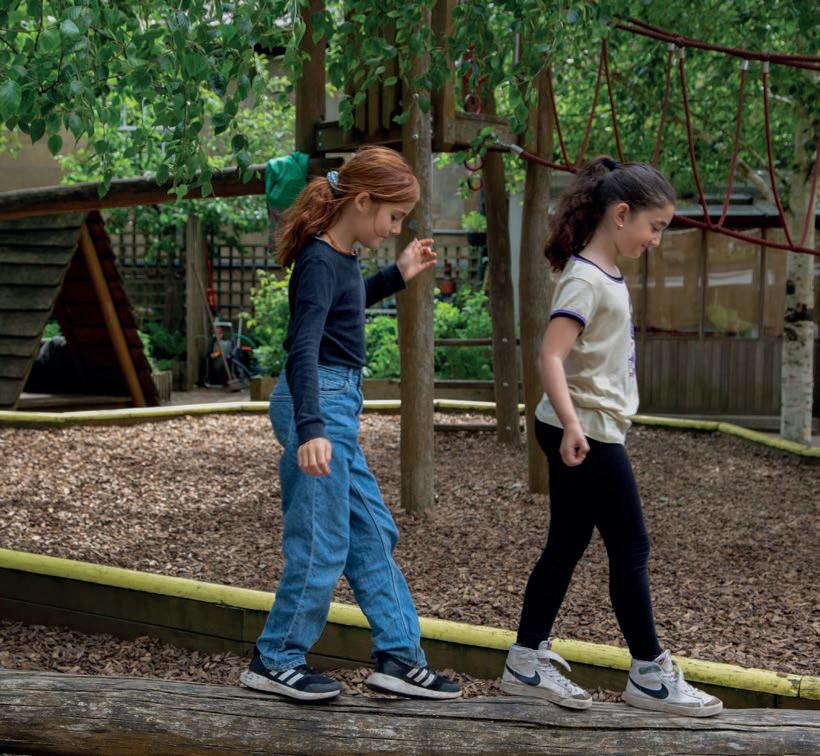
In all of these adventures, Tom Quilter believes it’s important to foster a culture where pupils recognise the importance of supporting and looking out for others. “We foster kindness, inclusion and respect in everything that we do,” he says. “We pride ourselves in being a kind school that celebrates and embraces diversity.”
At CCCS in Oxford, the boys are encouraged to ‘give things a go’, says Deputy Head (Pastoral) Nick Harrison. “From a young age through lessons, assemblies and play times we try to instil the belief that giving things a go and getting them wrong is much better than shying away from di cult situations. Our teaching sta are careful not to discourage our pupils from raising their hands during lesson time, even if they think they are wrong.”
There’s a new enrichment programme at the prep, which helps to reinforce this by giving boys the chance to take part in activities they wouldn’t normally do. “Our hope is that, through this programme, we can continue to
“IF OUR PUPILS FOCUS ON TRYING THEIR BEST, RATHER THAN THE BEST MARK, THERE IS NO CEILING TO THEIR LEARNING”
increase our boys’ resilience and increase their opportunities to explore activities they might enjoy and find challenging.”
Alongside enrichment, PHSE is used to help guide pupils to understand their strengths and weaknesses. “We find this an invaluable process that enables them to enjoy the experience of being good at something alongside the challenge of improving at something else,” says Nick Harrison. Sport and wellbeing are a big part of school life, despite the school’s city central location. “We make sure our pupils know that they are in a privileged position to be able to play on such wonderful playing fields (Christ Church Meadows) and take part in woodland activities whilst still being in the heart of Oxford.”
Pre-Prep pupils have dedicated Woodland School lessons, now being introduced through to Year 8 as part of enrichment. “We are able to reinforce key messages that help to build resilience and help with their general wellbeing,” adds Nick Harrison.
In common with many schools, there’s a focus on e ort-based praise. “We firmly believe that if our pupils focus on trying their best, rather than achieving the best mark, there is no ceiling to their learning. We find this attitude often leads to more resilient children and ultimately excellent results when testing in a more formal manner.”
CCCS is also a small school, with a family feel, so children are known. And it has a linear pastoral system, where older children visit younger classes, especially during Form time. “We find this ‘buddy system’ gives boys the opportunity to speak to a range of ages and helps them to feel included and nurtured at every level.”
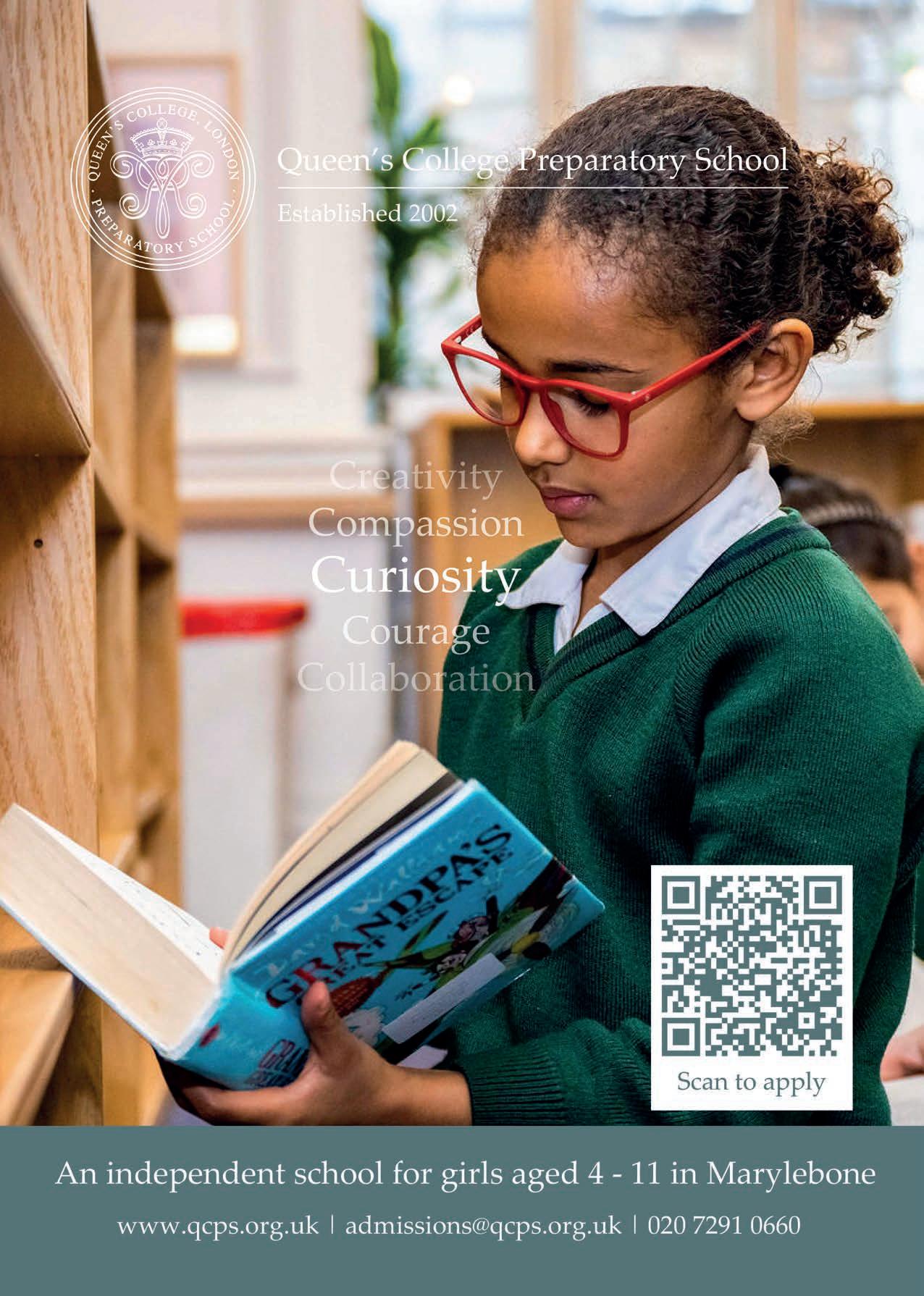
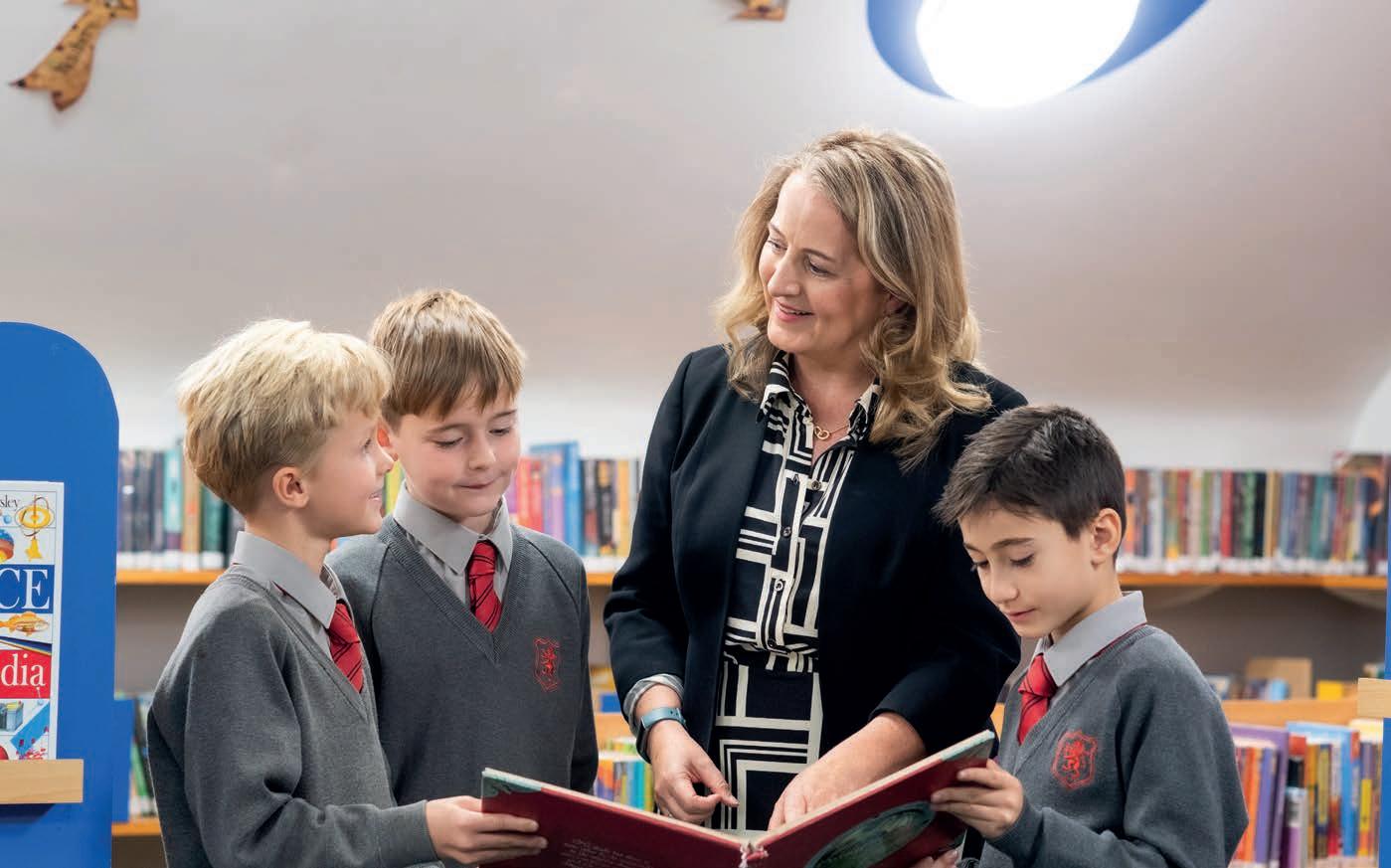
An outstanding prep school for boys aged 7–13.
At Shrewsbury House, we are committed to delivering an exceptional education that nurtures independent, curious and passionate learners, preparing them for success in a changing world.
We warmly invite prospective families to explore the magic of Shrewsbury House. Meet our Executive Head, Joanna Hubbard, recently recognised as Tatler’s Best Head of a Prep School and discover how her leadership, alongside our dedicated staff, creates an environment where pupils thrive.
We are incredibly proud to see our son flourish at Shrewsbury House. He goes to school with excitement every day!” – Parent
Book your visit:
registrar@shstrust.net
020 8399 3066
107 Ditton Road, Surbiton, Surrey KT6 6RL www.shrewsburyhouse.net
Toby
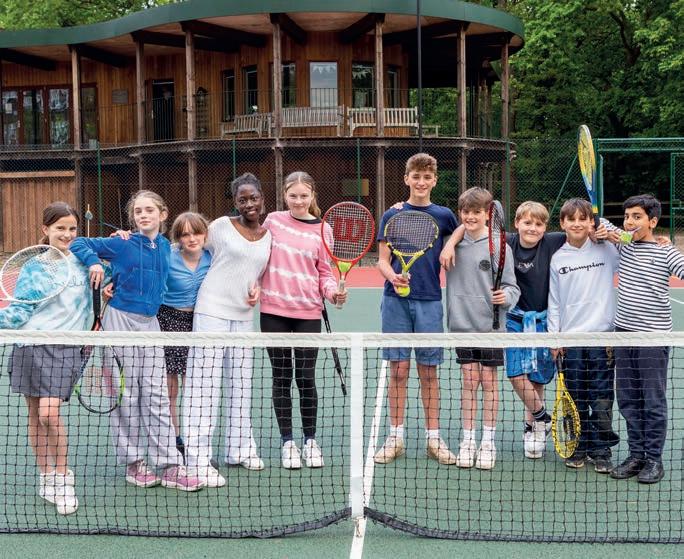
Boarding at school is an extension of family in a vibrant home away from home. Although you can never quite achieve being a child’s home, it is the next best thing. Boarding at prep school o ers the academic and pastoral support that any parent would while making sure children have a really great time and feel comfortable and safe in their surroundings.
The most important thing that boarding o ers children is time. Full and flexi boarding models both give greater time in the evenings and at weekends for pupils to be involved in a wide range of interests, with the aim of becoming well-rounded characters. Rather than being stuck in a car commuting to school, they are enjoying various enriching opportunities. Such a boarding experience will ensure that pupils leave as confident, independent, personable, adaptable and caring young people who are equipped to make the most of their talents.
Boarders benefit socially and culturally through a variety of fun after-school activities. These can range from traditional sports like cricket, and football to less traditional activities such as Laser Quest, stonemasonry, flag football and Airfix model making. They also benefit through the day-to-day experiences that come from living in a boarding community.
Pupils who board also reap the rewards of extra academic opportunities, such as guided preps from experienced teachers, revision clinics with heads of department and group work with their peers. However, most importantly in today’s world, boarders get the chance to develop resilience and hone their decision-making skills. This comes through the provision of ‘gently guided’ independence that helps them learn how to manage workloads, look after themselves (and others) and handle academic and social challenges, while encouraging them to have respect for others and to enjoy being part of a team.
“Boarders get the chance to develop resilience and hone decision-making skills through the provision of ‘gently guided’ independence”
Another more practical factor has also brought about a more recent resurgence of interest in boarding. In a progressively more frenetic world, the day-to-day juggling of school run, overseeing homework and ferrying o spring to out-of-school clubs can be a challenge for even the best organised working parents.
Families who had previously ruled out boarding for sensible we-all-want-tobe-together reasons are equally wary of turning their young people into latch-key children or commuters – or seeing them harried through the evening routines in a flurry of stress. This is certainly part of the appeal of the flexi-boarding model o ered by schools such as Cranleigh Prep.
Parents see the potential for having the best of both worlds. Indeed, families who had initially been worried about missing out on their child’s upbringing routinely comment to us that flexi-boarding has actually improved the family dynamic by removing so much of the day-to-day angst, allowing proper quality time at the weekends.




TOBY BATCHELOR Head of Boarding Cranleigh Prep School
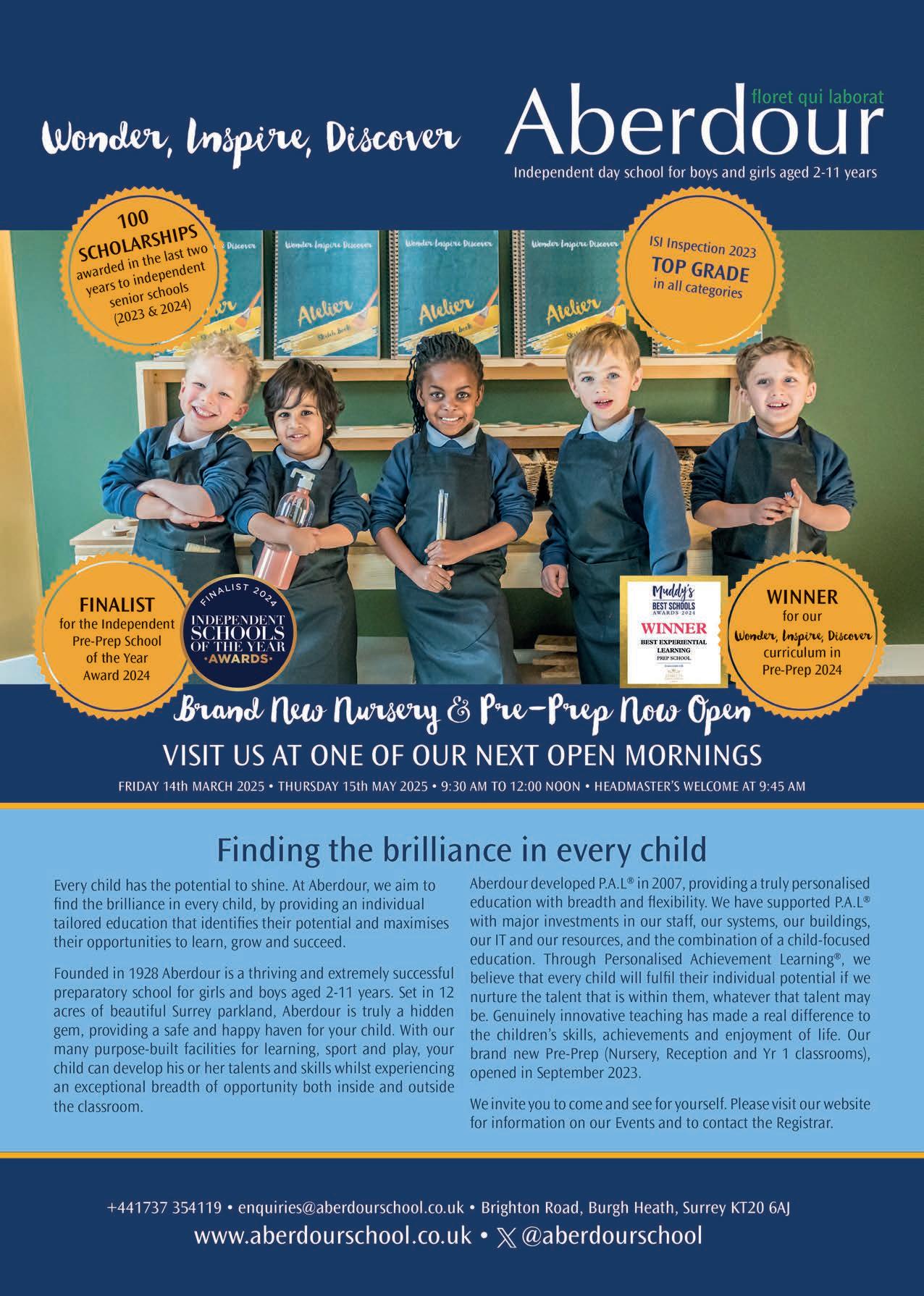
Jacqui Sadler, Librarian at St Catherine’s Prep School, Bramley, on the huge value of reading – for pleasure, for understanding our world, and for success
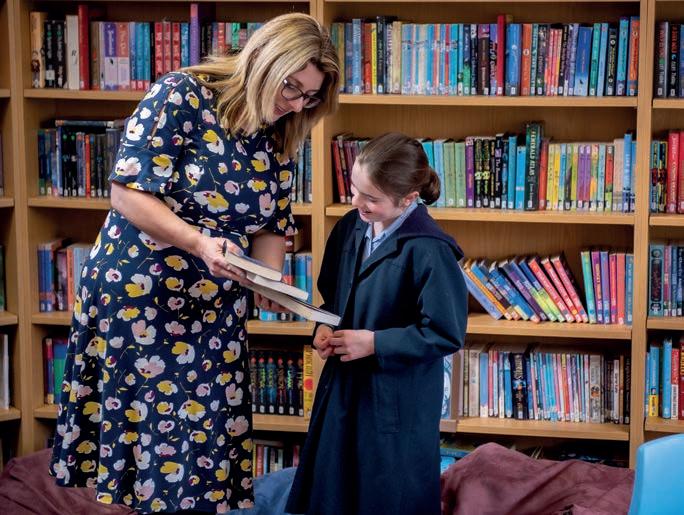
It is no surprise to my friends and family that I ended up in a career surrounded by books. For as long as I can remember, books have always been hugely important in my life. I have fond memories of picture books being read to me every evening at bedtime and knew the words of my favourites by heart. My childhood was filled with Enid Blyton, Roald Dahl, then later Judy Blume and the Sweet Valley High series.
St Catherine’s Prep library is an incredibly special place. Not only is it a bright, comfortable space but it is also full of the latest books written by exceptional authors such as Robin Stevens, Onjali Q. Rauf and M.G. Leonard – just a few of the authors who represent the golden age of children’s literature we are fortunate to be living in today. There is something for every child’s unique interest and preference. Every class in the school, from Reception to Year 6 has a regular library session weekly where they have the
opportunity to read books, share their favourite authors and learn information skills to assist with research projects.
Throughout the school, the girls have the opportunity to shadow various book awards. Most recently, the girls have entered The Royal Society Children’s Science Book of the Year award, a crosscurricular programme which aims to encourage and inspire young readers to explore a variety of science topics – from ‘Stardust’ to ‘a Bug’s World’ and ‘Deadly and Dangerous animals’. A number of year groups review and discuss these books before voting for their favourite. A wide variety of extracurricular clubs on o er – including Poetry, Current A airs and Book Groups – explore topics and challenge the girls to address and consider new perspectives.
As part of the school’s leadership programme, girls in Year 6 can volunteer to become library monitors. And, as part of their role, the girls listen to our PrePrep girls read. They also give support
“Reading is a superpower for children – it helps them to understand the world around them, their own feelings and the feelings of others”
with the running of extracurricular clubs, participate in assemblies, and introduce and lead discussions with visiting authors. The library hosts several annual events, which are always met with great enthusiasm. These include World Book Day celebrations, Book Fairs, National Poetry Day, NonFiction November and book swaps.
We know that reading is a superpower for children’s brains. Not only are they learning new words and meanings to develop a broader vocabulary, reading helps them to understand the world around them, their own feelings and the feelings of others. Reading brings children comfort, confidence, relaxation and fun, as well as increasing their concentration. The joy of reading stories is so important for knowledge and understanding, and we know it can help enormously with academic success.
It is never too early to read with your child. Not only does it develop a special bond with them, it helps their language skills, empowers their imagination and builds creativity. For some expert recommendations, the top five favourite books of the St Catherine’s Prep School girls in Year 3-6 are, in no particular order:
• Percy Jackson (series) by Rick Riordan
• Ruby Redfort (series) by Lauren Child
• Murder Most Unladylike (series) by Robin Stevens
• Wonder by R.J. Palacio
• Matilda by Roald Dahl.
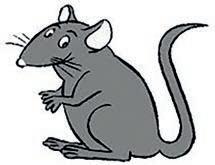
We have a feisty hero to get behind in How To Be A Revolutionary, a story about family dynamics, finding your passion and rats – lots of rats
LIBBY NORMAN
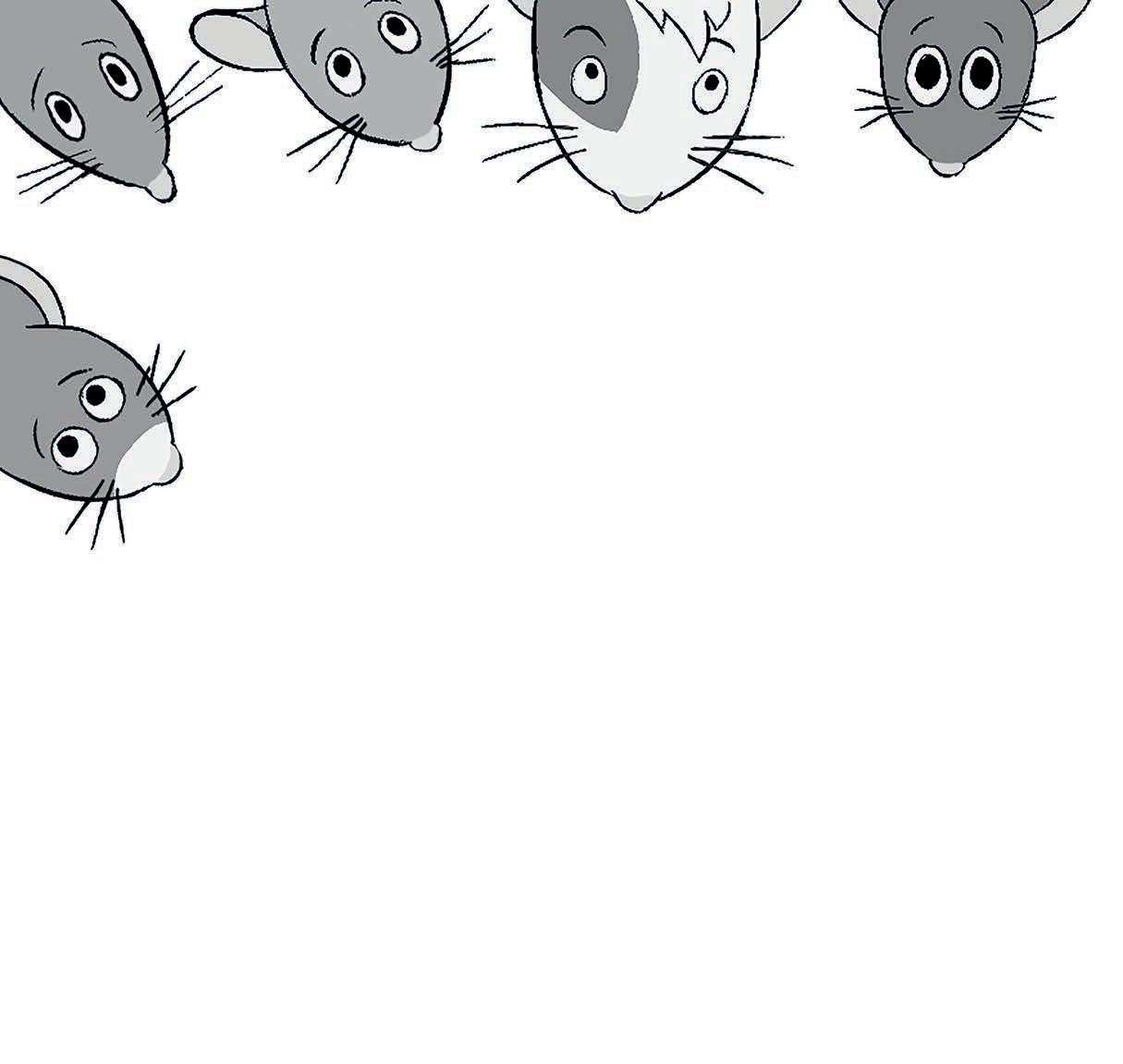
Panic not, How To Be A Revolutionary is not a book encouraging middle-grade readers to go on strike. But it was inspired by Lucy Ann Unwin’s election campaign experience back in 2019. She went into a home being used as a makeshift HQ, one of many volunteers “stomping in and out of the house” to refuel while on the campaign trail. There were hand-drawn signs on all the doors to direct volunteers. And in the downstairs cloakroom, she saw a child’s loo seat stowed neatly near the door. “I had no idea children were even there,” she says. “Their home was being taken over, so was it exciting or was it scary?”
This set her thinking about the child’seye view of adult politicking, but also what it feels like to have your home overrun with strangers. The day after the election, she had a book title and the seeds of an idea.
Home life is certainly ba ing for How To Be A Revolutionary’s central characters Nat
and her little sister Lily. Their father is busy campaigning, while their mother is staying away from home. Getting parents o the scene is a recurring dilemma for children’s authors. “It is the classic challenge,” says Lucy Ann Unwin. “To write a story you need your main characters to have agency. You need them to make decisions and to direct their own course of action.” Here, parent removal is done deftly, and in a way that feels very real. These parents are not entirely absent, but they are preoccupied – indeed, you could say a bit flaky.
That leaves Nat, 11, looking after Lily, aged just seven, for a lot of the time – with
“For a lot of child readers this is everyday life – to not see it within fiction would be a disservice”

the only comfort and companionship coming from her beloved pet rat Captain Furry. “We really try hard as parents,” says Unwin. “But life throws curve balls and parenting can be really hard. I think a lot of kids out there have slightly rubbish parents sometimes. If children are constantly


“One of the reasons Nat can get away with a lot is because she loves her sister so much”
reading books about all these parents that are completely absent or totally perfect they might like to see a reflection of reality and know that it’s still OK – we can still find ways to muddle through together.”
Muddling through is Nat and Lily’s day-today routine. Not only is Mum at Grandma’s house without them, but there’s this lady from the campaign group, Kali, who is at their house a lot. We see the complexities of adult relationships through a child’s eyes and, while it’s not the full picture, it’s troubling.
“The need for routine and certainty and reassurance is hardwired into a kid’s brain, and I think in a lot of children’s fiction we try to shore that up and give them reassurance. But life doesn’t play by those rules,” says Unwin. “For a lot of child readers this is their everyday life so to not see it within fiction would be a disservice.”
It’s against this backdrop of muddling along that Nat decides she wants to ‘change the world’. She enlists advice from one of the campaigners, the kind and wise Bernard (a character Unwin envisaged as a Gandalflike figure). He responds to Nat’s request by drawing up The Revolutionary Code. His laudable set of guidelines on how to change the world range from wearing big boots whenever you can to standing up for what’s right and listening to others.
Point 9 on the code – Make mistakes: but take responsibility for them – is central to the plot. Inspired partly by a school project but also by her own passion for rats, Nat requires money to complete her delightfully dotty scheme to help people love rodents, one furry at a time. It’s a well-meaning plan to distribute pet rats to the people, but she gets carried away and ‘borrows’ her father’s credit card. She compounds this by implicating his friend Kali in the cash disappearance (thereby breaking Point 2, Always tell the truth). All ends well, after Nat confesses. And even the chaos that occurs when the rodents multiply unexpectedly – a very funny side story – is resolved.
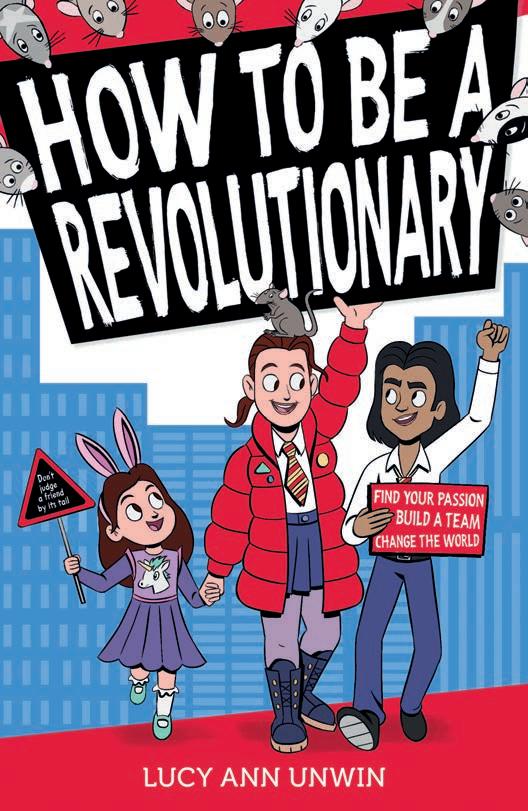
While Nat’s actions over the credit card move her into the plot slot generally reserved for baddies, it’s impossible to do anything but warm to her e orts to hold family together. “One of the reasons Nat can get away with a lot is because she loves her sister so much,” says Unwin. “You already know that she’s good because of Lily.”
Another reason we know she is sound is that she has rock-solid friends in Annalise and Kali’s son Avinash.
Without delivering too big a plot spoiler, there is no fairytale ‘back to normal’ ending. “I really don’t want to underplay the impact on Nat and Lily,” says Unwin. At the end, home is a calmer and happier place and Nat’s progress through The Revolutionary Code has helped her to recognise something important. “She wants to change the world,

but she can’t face change at home. And she has to accept it – that was really central.”
Unwin says she had no idea of the huge attachment some children have to certain stories until she had two daughters and watched them read books they love again and again – that has definitely informed her approach to writing. “Books need to have lots of layers to them for rereading.”
While it’s too soon to know if How To Be A Revolutionary will pass that test and join the well-thumbed favourites on her wider readership’s shelves, it has passed the first (and harshest) test. Her nine-year-old daughter has devoured it three times so far.
How To Be A Revolutionary by Lucy Ann Unwin, is published in November (UCLan Publishing, £8.99).
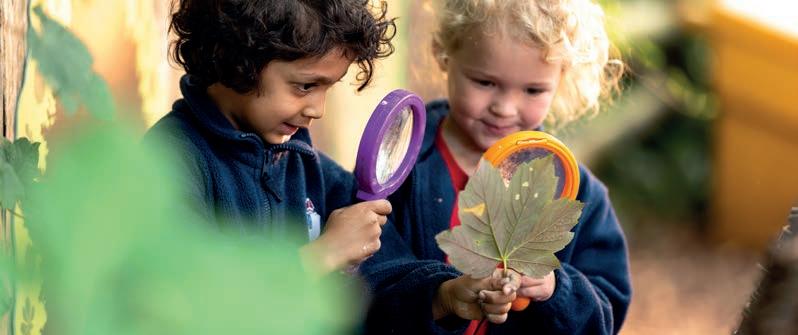

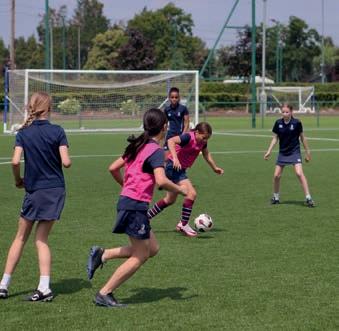

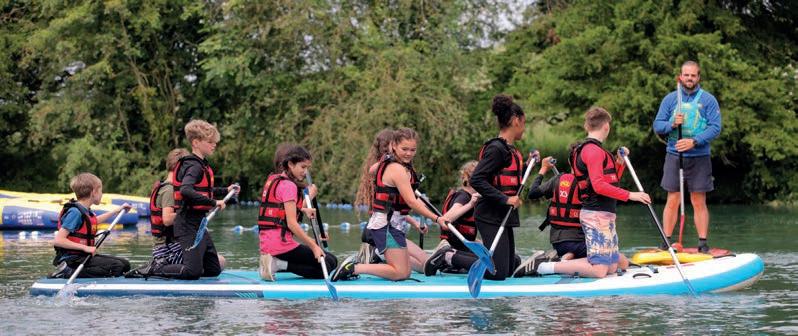
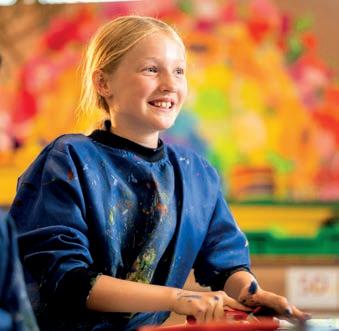






Streatham & Clapham High School on the benefits of all-through schools – especially for girls
When choosing a school, parents face many decisions, including the type of educational structure that best supports their child’s growth. One model that has gained recognition for its holistic approach is the all-through school, where children progress seamlessly from early years to senior school within the same supportive environment.
This continuity o ers numerous benefits, particularly for girls. In an allthrough setting, the transition between educational stages becomes a less daunting prospect. Children remain within a familiar community, where teachers, peers and learning styles are consistent. This stability allows students to build strong, trusting relationships, fostering a secure environment where they can focus on personal and academic growth.
In addition to providing continuity, singlesex and all-through schools such as ours o er an environment tailored to the needs of girls. Research indicates that in singlesex settings, girls are less constrained by traditional gender stereotypes and are more likely to pursue subjects typically viewed as masculine, such as mathematics, physics and engineering. They feel empowered to take
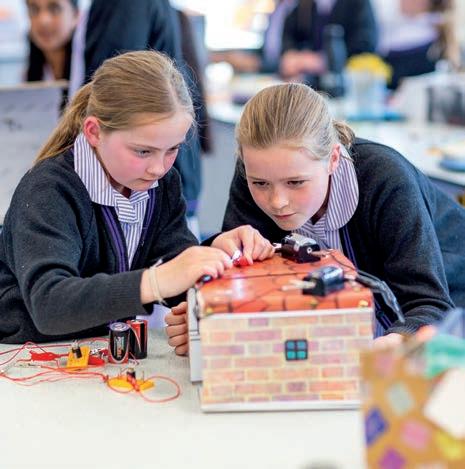

risks, innovate and develop a broader range of skills without the social pressures often present in co-educational environments.
Single-sex schools can provide more opportunities for leadership and personal development. In co-ed settings, girls often face subtle pressures to conform to gender roles and may not step into leadership positions or engage in open discussions. By contrast, the single-sex model is designed to maximise these opportunities.
At Streatham & Clapham Prep School, our curriculum is crafted to support continuous intellectual and personal development. Emphasis is placed not just on what pupils learn, but on how they learn, ensuring they are equipped with skills that go beyond the classroom. This includes exposure to a wide range of subjects and activities, from the creative and scientific to the social and technological.
Our thematic approach to teaching encourages girls to draw connections between their studies and the wider world, cultivating critical thinking and problem-solving skills from an early age. As pupils progress, they are gradually introduced to specialist subject teaching, ensuring they are well-prepared for the rigorous and focused learning that senior education demands. This step-bystep increase in complexity helps to smooth
the transition between di erent stages, reducing anxiety and boosting confidence.
All-through schools provide a unique opportunity to foster long-term personal development. Being part of a cohesive community throughout their formative years helps girls to develop a strong sense of identity and belonging. They grow up in an environment that values them as individuals and supports their growth.
Ultimately, the choice of an all-through school, particularly one that is single sex, o ers parents the assurance that their daughters will be nurtured in an environment designed to challenge and inspire them. It’s not just about academic success – it’s about creating future leaders who are wellequipped to navigate the complexities of the world with confidence and integrity.




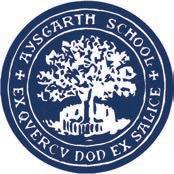
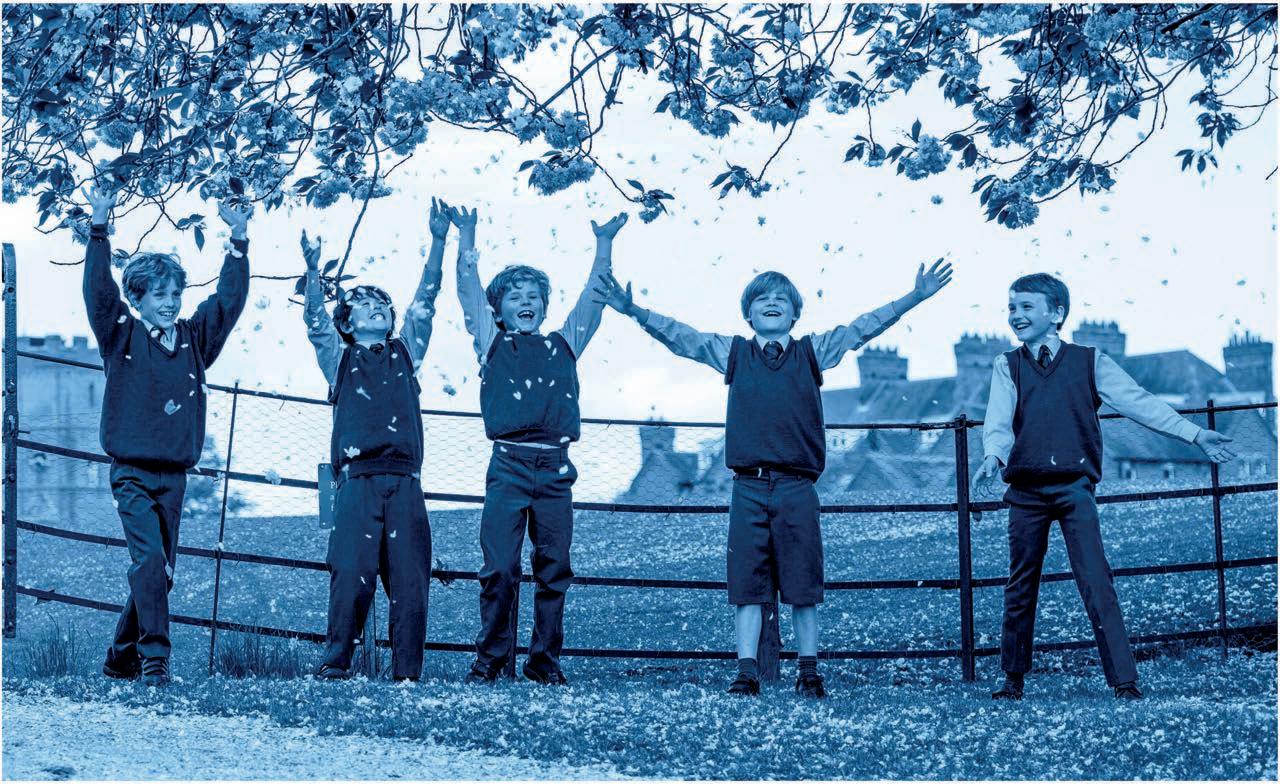







Jason Tait of TASIS England on the ways in which schools can teach children and young people how to have healthy relationships, for life
In 2021, a sixth of children had a probable mental health disorder, and referrals to NHS mental health services rose by 33%. This, alongside recent anonymous testimonies of sexual harassment culture and school exclusions – mainly due to bullying –highlight major issues facing children and teens. Some 90% of children have a smartphone by senior school, according to Ofcom, increasing their risk of harm.
The statistics show systemic issues and also a significant communication gap between young people and adults in accessing early help and support. One critical issue is to understand that child-on-child relationship issues often occur beyond adult supervision, frequently involving their online and social lives outside the school setting.
Within the new inspection framework developed by the Independent Schools Inspectorate (ISI), Section 23 emphasizes pupil voice and wellbeing. This includes encouraging schools to adopt a comprehensive and contextual approach to safeguarding, based on an understanding of the relationships that children have within peer groups – at school, online, and in their community.
The work of social researcher Dr Carlene Firmin MBE highlights how safeguarding systems should best respond when young people come to harm. This framework advocates a shared culture of safety for everyone outside of the family involved in the child’s wellbeing. There’s a strong focus on prevention of future harm by helping young people form healthy relationships.
Child-on-child relationship issues that occur in social settings, both online and o ine, are often perpetuated by a ‘snitch culture’, where bystanders either support the harmer or remain silent to avoid becoming targets themselves.
TASIS empowers students with skills to manage peer relationships and to dismantle both fear and unhealthy power dynamics – within or beyond school. Our Values In Action Program works to foster independence and personal
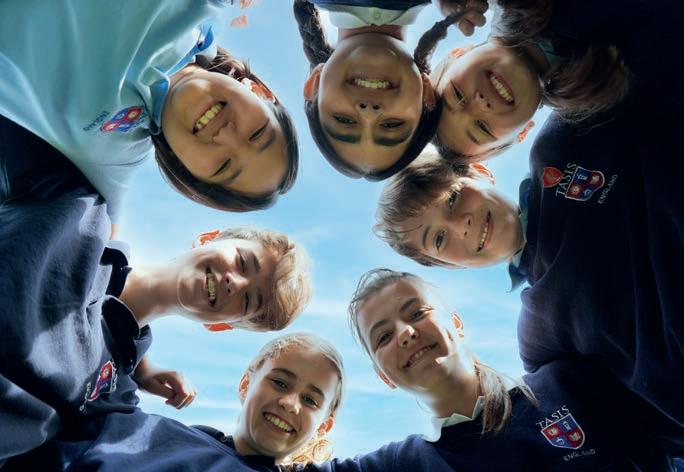
“Teaching students to be advocates, active bystanders, and restorative practitioners creates a safer community”
growth in relationships by promoting principled thinking, compassion, and openmindedness. It focuses on three main areas.
• Compassionate Through Advocacy This means speaking up for others and making your voice heard on important issues. TASIS encourages students to advocate for themselves, their peers, and their values.
• Principled Through Active Bystanding Students are taught the ‘four Ds’ (Direct, Distract, Delegate, Delay) to safely intervene as Active Bystanders.
• Open-Minded Through Restoration By bringing together those harmed and those who caused the harm, the incident can be discussed and addressed.
This approach emphasizes respect, responsibility and repair within a culture of accountability and healing.
Teaching students to be advocates, active bystanders, and restorative practitioners creates a safer and more inclusive community. This is vitally important because the relationships that our young people make during their formative years influence what they expect from relationships as they grow into adulthood. By modelling and teaching this positive approach – and showing what healthy relationships look like – we have the opportunity to reduce the risk of future harm for children and young people.


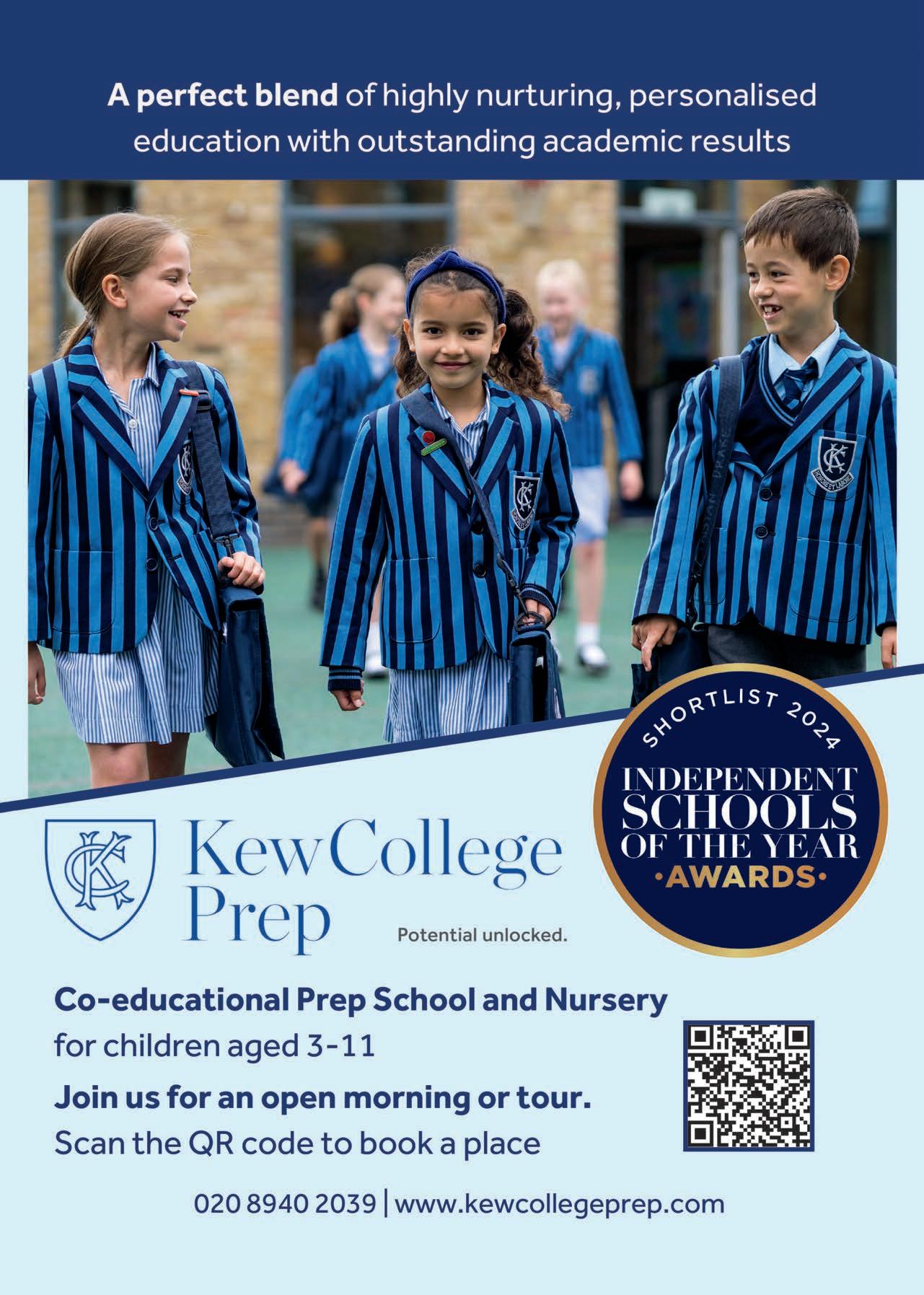
The Principal of Queen’s Gate on why we need to teach girls to talk up their achievements, not talk themselves down
Go on, I dare you.”
The 11+ interview candidate pauses, and then breaks into a smile. In her hands are the gymnastics medals she has brought to show me – our standard starting point to o er our young visitors the chance to begin on familiar ground. I’ve just asked her if she’s good at gymnastics, and she’s given a shy little shrug. Her Head has warned me just how anxious she is – unnecessarily so as the girl is visibly terrified.
“You see,” I’ve just explained, “at Queen’s Gate, we take pride in our successes. We own our achievements. So, if you are good at gymnastics, you should say so”. The girl breaks into a grin and concedes that yes, actually, she is an accomplished gymnast. Nerves dissipate, and the rest of our conversation passes like a dream –smiling, laughing, articulate, confident.
Thanks to writers like Sheryl Sandberg and Mary Ann Sieghart, we are no longer oblivious to the mindsets and behaviours that women unwittingly deploy – to our own detriment. We are familiar with the oft-quoted statistic that a man will apply for a role when he has 60% of the required characteristics, while women hold o until they have 100%. We know how easily women slip into grindstone adjectives (hardworking, committed, diligent) to describe themselves. That is at least a small improvement on ‘I had great mentors’ or, worse still, ‘I was very fortunate’ when complimented on an achievement.
It’s a hard thing to fix. Owning one’s success, declaring one’s capability, is but a small step away from bragging, a behaviour we are taught from childhood is undesirable. Though by ‘we’, once again I mean the female of the species. To quote Sieghart: ‘They [men] have been socialised from childhood to blag, to boast, to speak up and self-promote, while girls have been penalised for exactly the same behaviour’. It’s true that unfettered selfaggrandisement is unappealing. Timing, context, tone, balance – all are crucial. But
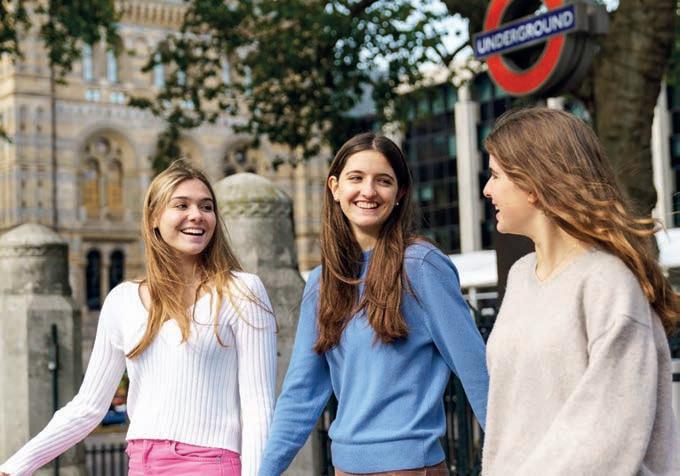
“Owning one’s success is but a small step away from bragging, a behaviour we are taught is undesirable”
if we don’t start teaching young women of the future to start railing against excessive modesty, how can we ever expect them to go o into the world ready to e ect the change we wish we had already seen. At Queen’s Gate, we are tackling this head on by encouraging our girls to take pride in their achievements and to feel safe in stating their successes. We talk about this in assembly, referencing moments like Miley Cyrus standing on stage at the Grammies, defiantly challenging the audience with the question “why are you acting like you don’t know this song?”


WALLACE Principal Queen’s Gate School
We apply the same thinking when pupils reflect on their own progress, asking them to identify the steps that have brought about a positive outcome. We discuss it when speaking with the girls one-on-one, such as with a recent Oxbridge candidate who had listed that her application process would include an interview if she was lucky, rather than because of her own success in the admissions test and her strong academic profile. We do, of course, remind our girls to apply this principle with caution. As exam papers are returned, we ask them to be mindful of those who may not be feeling as buoyant. We insist on being able to laugh at ourselves. We take responsibility for our mistakes. Our hope is that by promoting these behaviours when our girls are young, they will carry them on into their adult life and continue the fight against the gender inequality that remains so persistent –and so pernicious. So, to the women reading this, if you are good at something, please say it. Go on, I dare you.
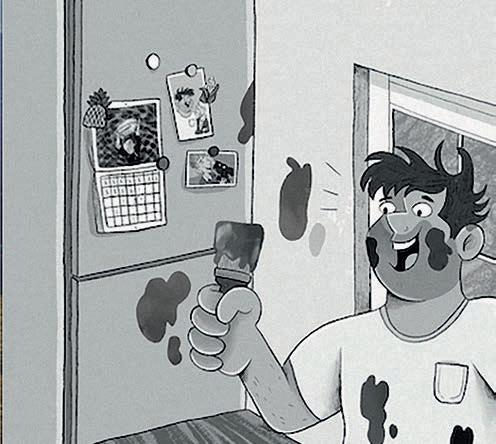
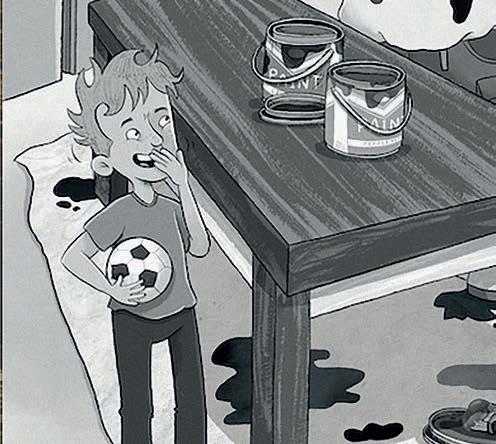

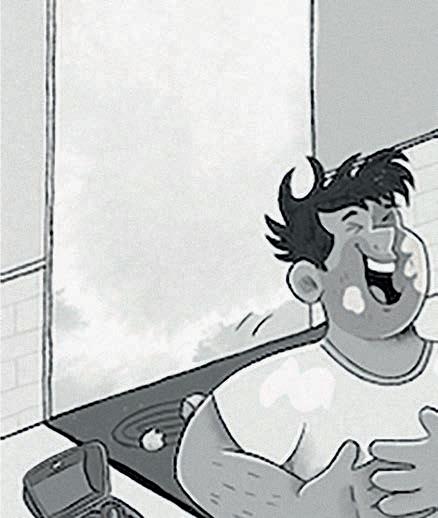
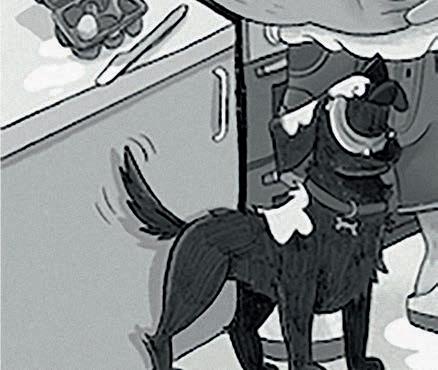
Celebrated Ireland rugby international Donncha O’Callaghan was inspired by his own track record of embarrassing scrapes for the plotline of his new novel
Well, he may be a rugby legend – part of the Six Nations Grand Slam of 2009, with four Lions caps and 17 seasons for Munster under his belt – but Donncha O’Callaghan is also celebrated among those who know him for disasters on the domestic front. So, when it came to a subject for his new novel, he had plenty of material. In fact, you could say that Disaster Dad is art imitating life.
“I’ll be honest with you,” he says. “It is more truth than fiction. That was probably the idea for it.” He is refreshingly frank about the fails that punctuate life o the pitch – and says his children relish that side of him. “For all of my life, I’ve managed to get into embarrassing situations. And in the adult world people tell you: ‘come on and grow up’. Since my kids have arrived, they see the absolute joy in having an embarrassing dad.
“I know it will come, the day when they turn purple and run away from it, but at the moment my own kids have probably heightened my sense that it’s OK to be a little bit silly, to get things wrong – to meet them on their level,” he says. “Embarrassing things happen, and when they see them happening to you they learn it’s OK to laugh at yourself,
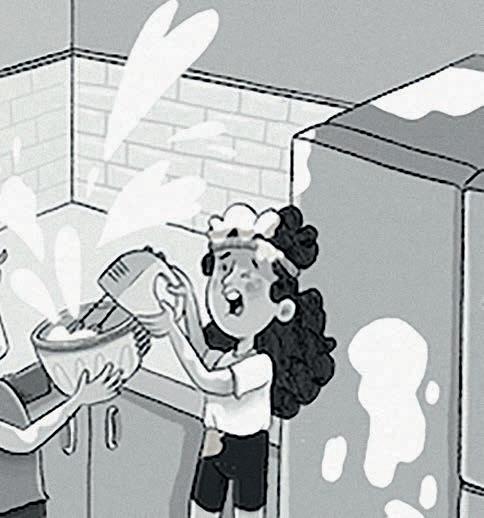
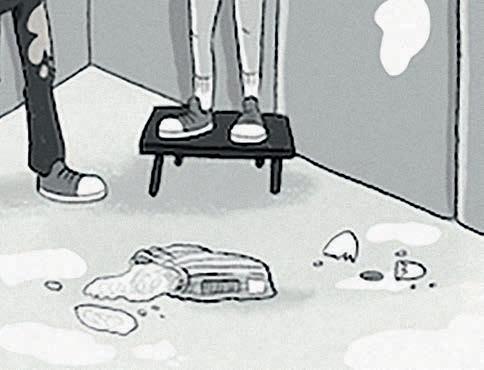
to get things wrong, and we all do it.”
Disaster Dad distils that into a comic romp of a read. Narrator Finn is son of a rugby-playing father who is – to put it mildly – challenged by the practical side of life. Mum is the capable one, so when she goes on a trip to Boston and leaves dad in charge of Finn, Emma and Carl the dog for a whole seven days, it’s not a question of what can go wrong, but how much, how often, how bad. From the smudged and illegible master plan (which had everything required to make it through the next seven days in one piece) to a wild kitchen decorating plan, it’s a comedy of fails. Then there’s Operation Birthday Surprise. While Mum intervenes by text from Boston to beg Finn to ensure his dad doesn’t build the treehouse she made the mistake of saying she wished she’d had
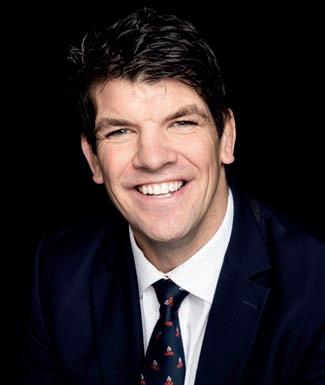

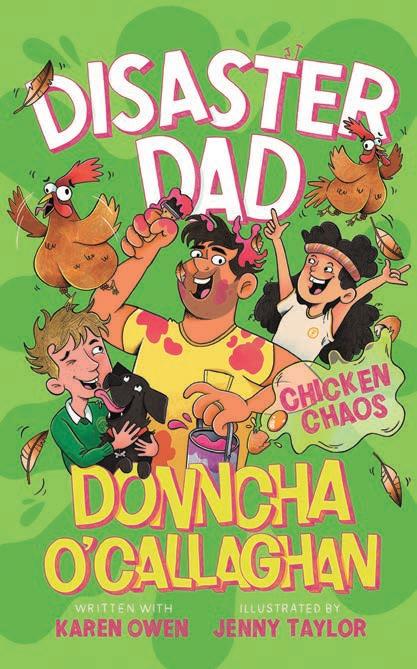
as a child, she does return to a garden full of chickens – something she never ever yearned for. As she whispers to Finn in the airport arrivals hall: ‘You survived!’. While the child characters are not their own brood – Donncha and Jenny O’Callaghan have three daughters and one son – that spirit of ‘in it together’ in Disaster Dad is definitely something carried over from real life. “We’re kind of run like a team,” he says. “Jenny and I call the shots, but we have their backs as well.”
While O’Callaghan’s rugby career gave him a place in Ireland’s hall of fame, and he attracted yet more fans as an RTÉ 2fm breakfast show presenter and on TV show Ireland’s Fittest Family, he believes that the really important heroes and role models for children are those closest to them.
“Of course I wanted to play for Ireland, but it wasn’t an aspiration,” he says. “I wanted to be like the boy who won the Senior Cup, who was only maybe five years older. If you’d told me I’d play for Ireland I’d have said: ‘I can’t get there’, but I thought I could make the school team.”
Similarly, his own children have been just as excited about a recent Irish schools’ hurling competition as the Olympics. “It’s not that far away – it’s the age group up.”
Of course, as children of a rugby great,
there’s sometimes the expectation that the junior O’Callaghans will be sporting standouts – but that’s never their father’s expectation or hope. “I just want them to go out and have fun and enjoy it,” he says. As to whether he’d encourage them to try for the world of elite sport, the answer is yes –but with a caveat. “Of course, if you want to make it in sport, great, but you’ve got to be a champion too at school, in your work.”
His own children are of an age where they can laugh about the things that go wrong – and now particularly enjoy setting their dad up for an embarrassing fail. That’s good – he says – it’s important for children to understand that getting it wrong is nothing to worry about. “You don’t want to shield or guard them – there’s a big bad world out there as well – but there’s also the importance of making it light and making it fun and making a brilliant childhood.”
Donncha O’Callaghan is happy to be the butt of the comedy in Disaster Dad, but he also knows that humour can help children pick themselves up and learn to try, try again. “Be resilient, always back yourself,” he says. “That’s a kind of mantra around our house. Give it a go, back yourself. If you fall short, fair enough, but we always encourage them to have a go.”
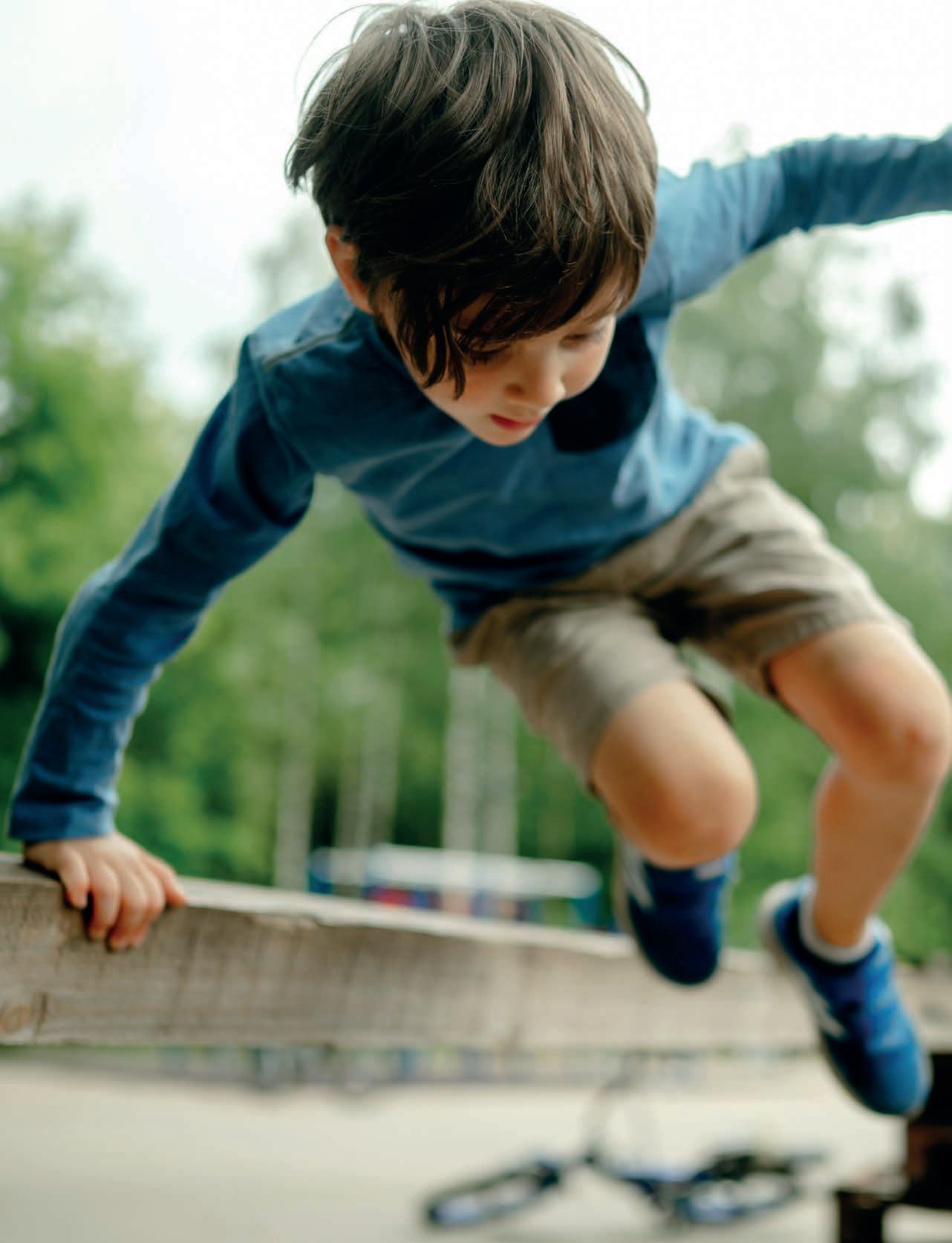
“They won’t see it as work, they won’t see it as exercise, they will just see it as fun, and they’ll want to do it over and over again”

Parkour is fun, and with a focus on individual physical and mental challenge, which is why it’s a brilliant activity for children
Mention parkour to most people and the first thing they think of is crazy stunts across rooftops in TV adverts or the classic James Bond
chase scene that opened Casino Royale The second thing they think is: ‘That looks dangerous’. But think again.
Now recognised o cially as a sport in the UK, parkour is becoming increasingly popular for children from primary years up. And, says Dan Edwardes, founder of Parkour Generations, it has an excellent safety record. “Statistically, parkour is way down on the risk list compared to most traditional sports. In fact, injuries per 1,000 hours is lower than almost any traditional sport.”
Edwardes was a UK pioneer of parkour, which is, in simplest terms, the discipline of freely moving in and around your space. While the roots of parkour can be traced back to everything from martial arts to obstacle courses, the parkour we know now is widely acknowledged to have developed in the Paris suburbs in the 1990s. It’s still a big deal there – in fact, a parkour
torch bearer was part of the opening ceremony of this summer’s Olympics.
While the stunts on TV are undeniably cool, this is not how parkour is taught to children. It’s a logical step on from play. Watch any group of toddlers to teens in a playground and you will see an almost obsessive compulsion to clamber up, around, over and through things. “Our birthright as human beings is to be very physically literate and very adaptive movers, and so all parkour is doing is tapping into that natural desire to move and play and giving it a little bit more discipline and focus,” says Edwardes.
While Parkour Generations’ work ranges from advising on stunts and sequences in film to training serious practitioners, its grassroots-level arm is central. It has worked with schools up and down the country and internationally since 2005, training teachers, leading sessions and also designing and supplying parkour equipment and courses for indoor and outdoor facilities.
It’s also behind the London Parkour School in Docklands, a centre specifically for the under 16 age group. This opened just after the pandemic and now hosts children from all over London. The school even runs micro parkour



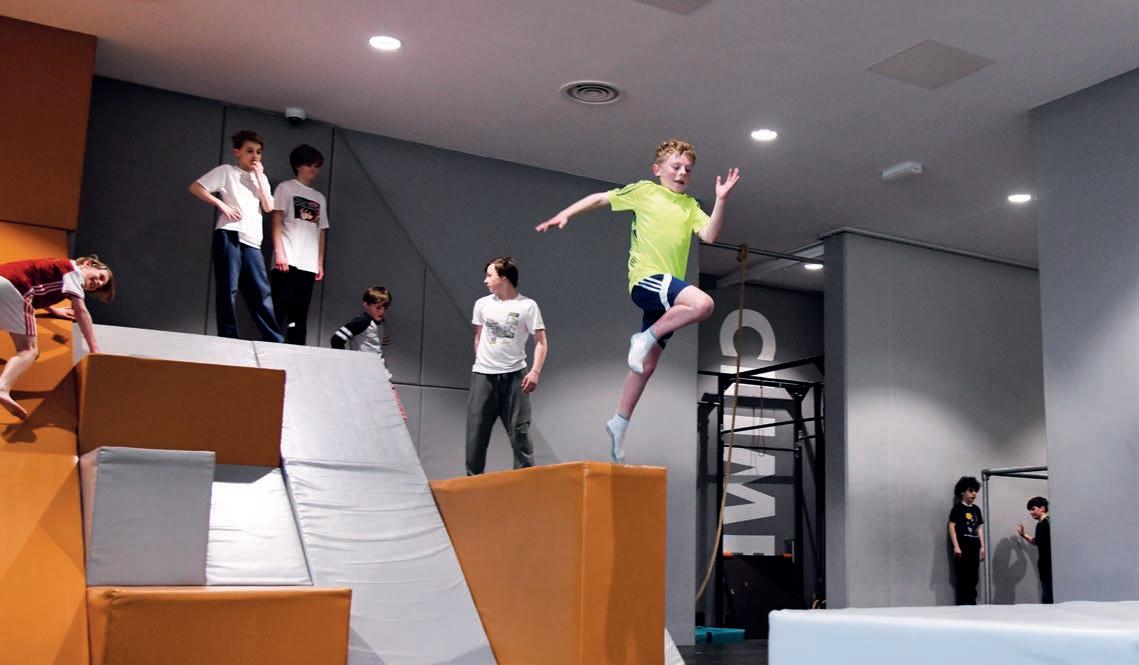
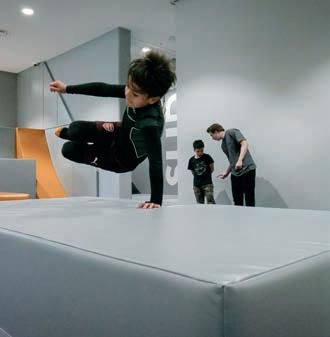
sessions for tots from six months. More centres are now being planned across London and other UK cities.
Parkour is a brilliant way for children to let o steam because it combines elements of play with physical and mental challenges. “About 25% of all play is what’s called locomotor play. So, if you leave kids alone, at least a quarter of their time will be spent in very physical, very active play,” says Edwardes. “If you catch them early and you encourage them to move, and you make movement easier for them and more fun, they are much more likely to stick with it.”
So how does parkour work when you’re teaching it to a lively bunch of kids? “A lot of people might think that we get them to focus on parkour techniques but actually, especially when they are young, there’s not a lot of technical instruction. That’s not
a good way to get kids moving. The better way is the constraintled method, which is basically to give them some parameters,” he says.
This might be an obstacle course to complete as fast as possible then tag a teammate, or a task where they have to stay o the ground (a lava-style game). “They won’t see it as work, they won’t see it as exercise, they will just see it as fun, and they’ll want to do it over and over again,” says Edwardes. “As a teacher, that’s done your job for you – you don’t need to motivate them, they’re very happy to do that all day!”
It’s a style of movement that is both natural and empowering, as children test their own limits and learn to use the space presented to them. Along the way, they are developing strength, agility and coordination, but also thinking skills as they learn to judge risks, appraise situations and find practical solutions.
One other reason parkour is so appealing to children is that it’s not about competing to win. “It’s trained in groups, and it’s got a hugely strong community base and a social aspect to it, but it’s a solo skill,” says Dan Edwardes. This gives it real advantages over traditional play-to-win sports. “About 50% of kids don’t have much interest in competitive sport. But equally, the kids that do have a competitive streak also enjoy parkour because it is so challenging.”
“Parkour develops strength, agility and coordination, but also thinking skills as children learn to judge risks and fi nd practical solutions”
Schools are receptive to parkour – when you talk to any sports lead these days, they are more focused on establishing lifelong habits of activity than on trophy cabinets. That said, parkour helps with both objectives. “Sports are fantastic in their physical development, but they are quite specialised in their movement skills,” says Dan Edwardes. “It’s better to give a kid a broad based, general physical literacy when they are young. If they’ve got that they can adopt any sport they want for the rest of their life.” And the breadth of movements involved builds body resilience, something that Edwardes believes can help guard against injuries.
As to whether this will ever become an Olympic competition – probably not in the short term. Not that this matters to most children. For them, this is supercharged fun, with playful tests that build both confidence and a greater understanding of their own body’s amazing capabilities. For that reason alone, parkour is a brilliant addition to the sports roster.
* parkourgenerations.com
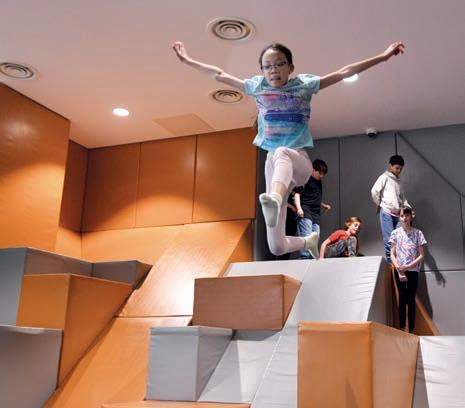


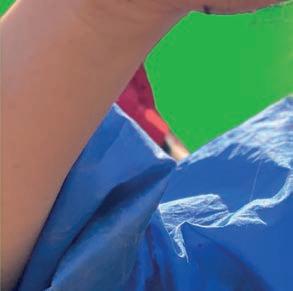
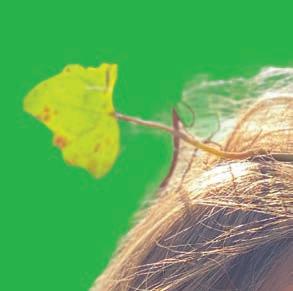
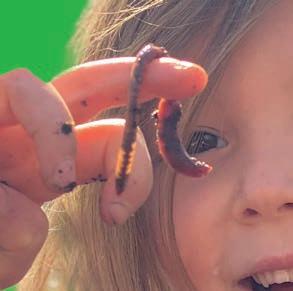
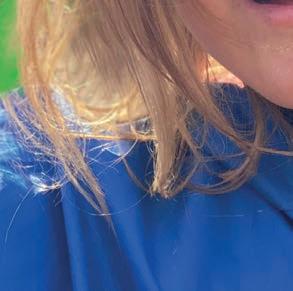


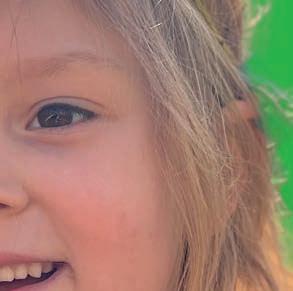
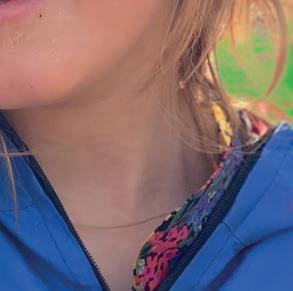
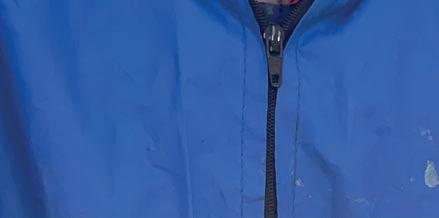
Your child’s primary years are fundamental in shaping not just what they become, but who they become.
King Alfred School has over 120 years of experience of designing joyful learning experiences which give each child the space they need to discover and develop their passions, to embrace challenge and reflect on their achievements.
Our creative curriculum inspires children because they do it
through experience, through play, through genuine interest; we nurture an eagerness to know more and encourage greater depth of understanding. We have high expectations for our children and give them the freedom to explore and grow - all within a structure which lets them develop at the pace which is right for them. The results speak for themselves; happy, confident children who love to learn.
Find out more about the school, or book to attend an open event at www.kingalfred.org.uk
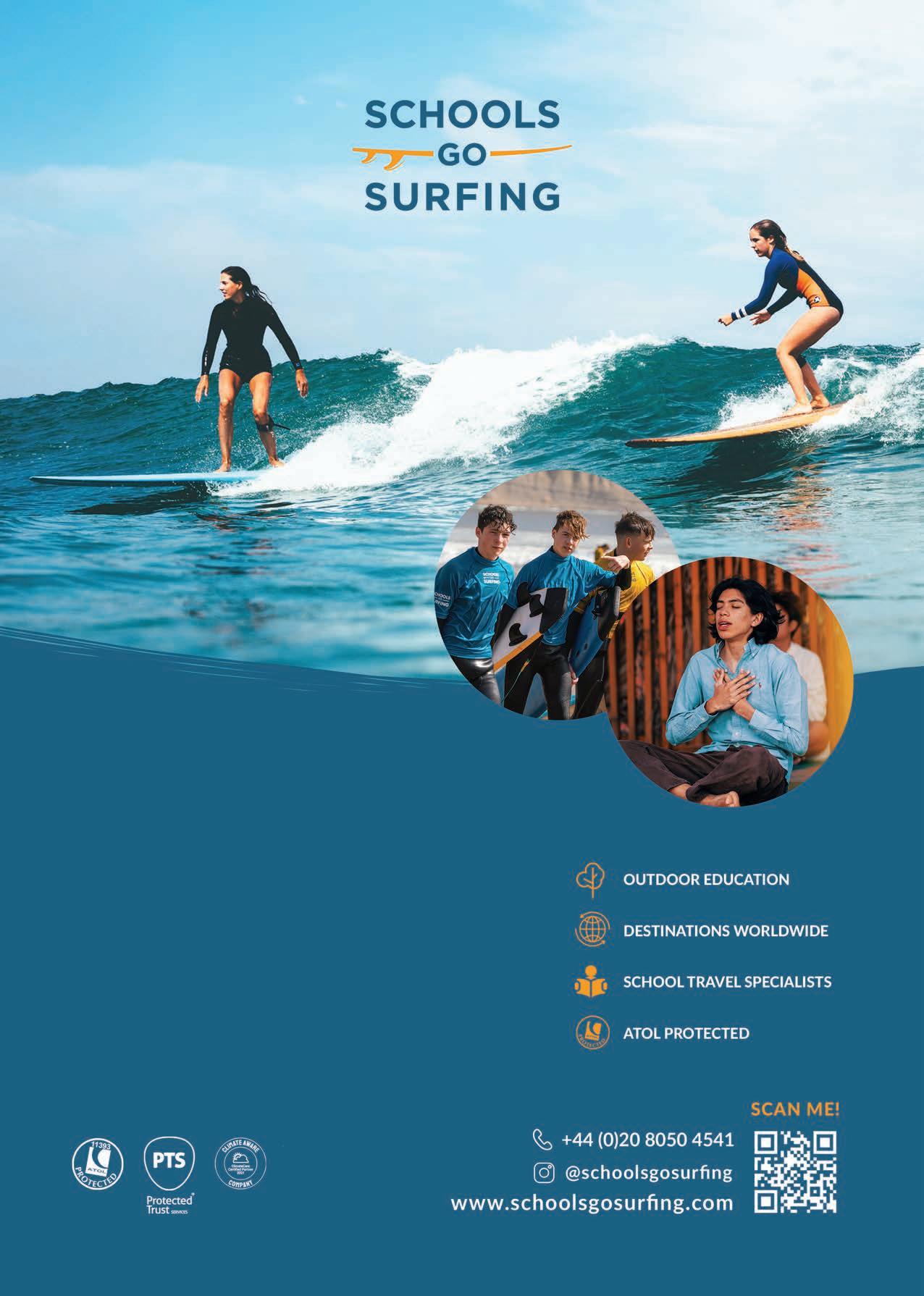
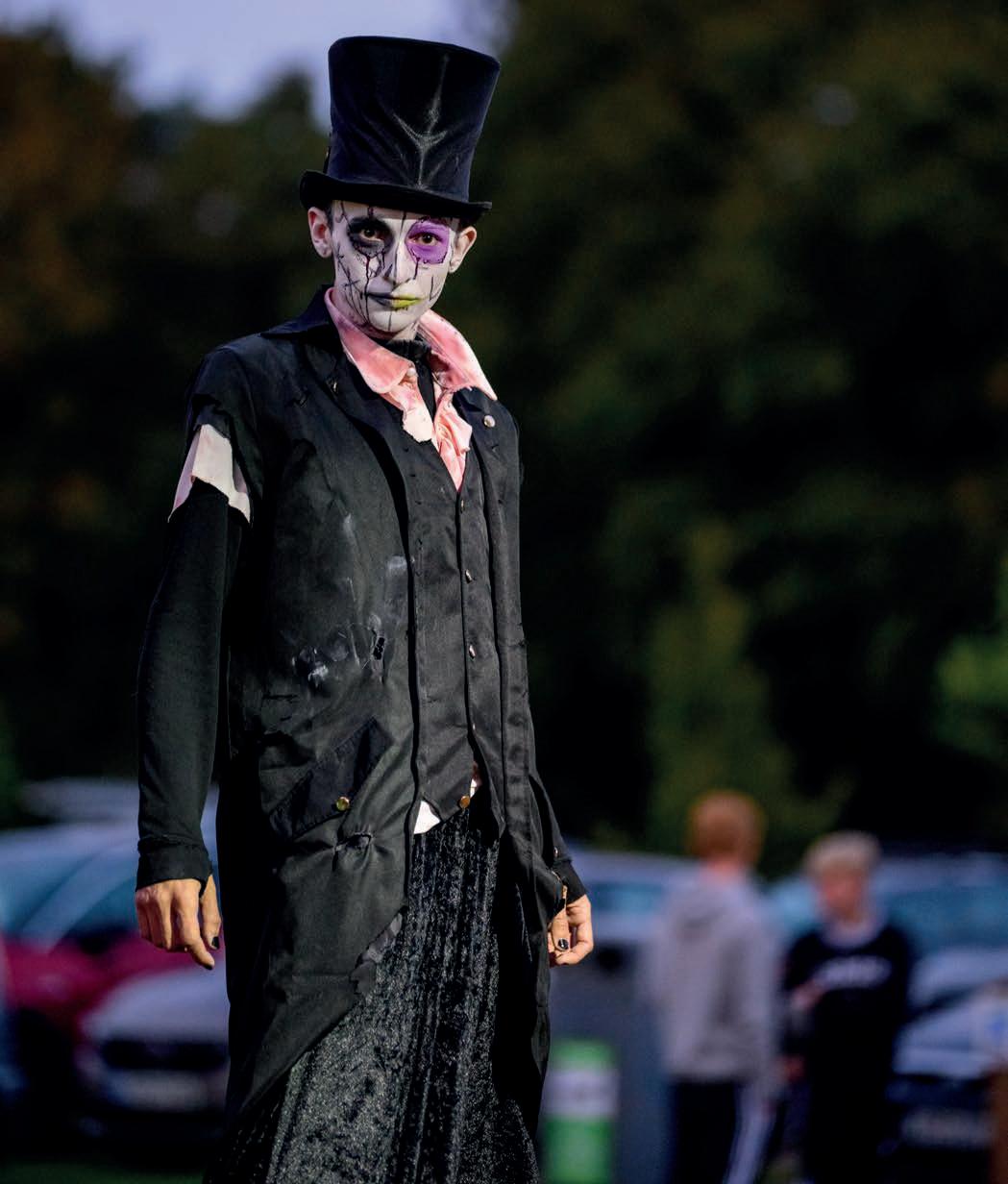







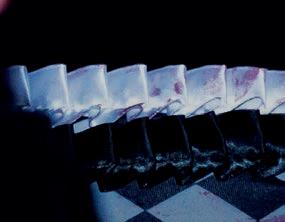
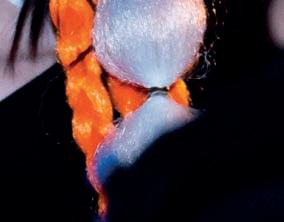
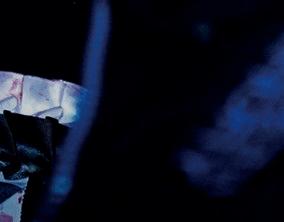




The quest to make us carry on screaming for a whole Halloween month is deadly serious. We head to PrimEvil to discover what goes into a great fright night











By day, the sleepy village of Lenwade is home to dinosaur adventure park ROARR! But come October, the Jurassic vibe turns spooky. Light Halloween stu for the little ones up to 4:30pm, but once the sun sets all hell breaks loose for PrimEvil.
The fact that this Halloween attraction lies in the ancient Norfolk parish of Great Witchingham is pure coincidence. The fact that owner Martin Goymour is a lifelong Hammer House of Horror fan is not. He had the space on site, and some great experiences visiting scare attractions in the US, where Halloween is a very big deal. These two facts convinced him there could be an audience right here at his adventure park. It started small in 2010 and has grown year on year, with many return visitors.
These days, alongside all the regular sta , it employs some 130 scare actors for the production. Paid roles are also available to local college students keen to further professional stage makeup skills, and there's a hardworking professional head of wardrobe brought in for scare season. Martin Goymour maintains his
stake in the underworld goings on, appearing on his Segway in the master of ceremonies role of Skullmore. The park manager and his co-lead on PrimEvil Ben Francis is Lofty the clown –an occasional role these days as he's too busy supervising the action.
Ben Francis is an interesting case study of the lure of PrimEvil. He came here as a visitor in the year it opened, returning the following year as a scare actor. "I did this alongside a quite intense community charity position," he says. He found it a brilliant foil to his day job. "I couldn't really do any anger management with the community, so I'd come to PrimEvil, dress up as a clown and shout. It really is the best therapy." He became more involved as each year passed. "After a particularly bad board meeting, I came to PrimEvil and Martin said: 'you're obviously not happy so come and work for me'." It's impossible to know how many of the cast of 130 or so scare actors sign up for the stress release benefits, but su ce it to say there are teachers, police o cers, doctors, paramedics and even an elected council o cer among them – also a full mix of ages. "We have one lady who has done it for years who is in her late 70s and is an amazing storyteller. She's always on the
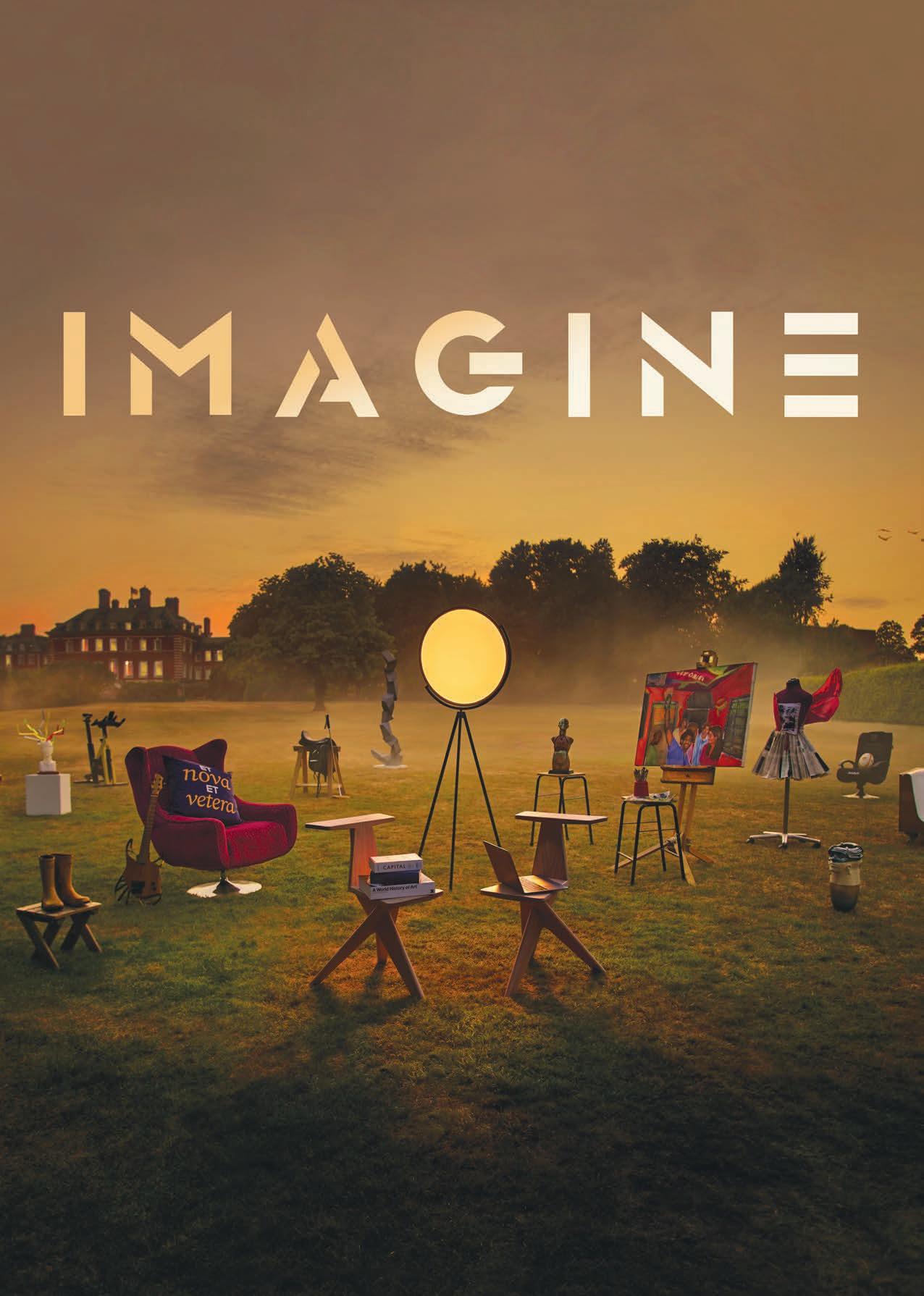
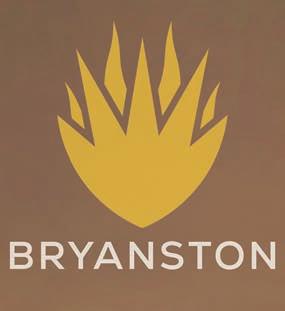
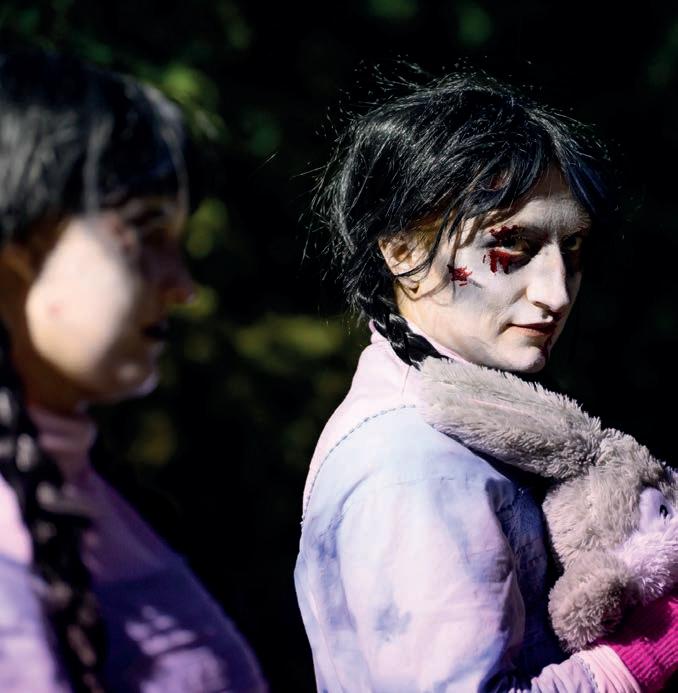
door of an attraction setting the scene with people and is on her feet all night, giving the same energy, but in a di erent way, as those running around." It is clearly addictive. Around 60% of scare actors return every year. It would be higher but for the high number of teenage scare actors. They add a talking-point paid job to their CVs before heading on to university.
Auditions are serious, but also inclusive. "There is a place for everyone," says Ben Francis. The first test is physical acting –watching people move. "We compare that to Goal Defence or Goal Attack in netball. It's that kind of attacker role in a sport where someone changes direction but always knows where they are going and what's around them – is aware of their space."
Then they test for speaking parts, getting people to recite something random (a recipe or pop lyrics) in PrimEvil style. "That will then show to us who are the confident speakers, the confident storytellers." These are the scare actors able to answer back to guests and weave a spooky tale or two. They also audition for group leaders and for those people who excel at making a lot of noise –the potential scary clowns. So what about the shy types? "We can dress you as a ghostly child and put you in a corridor. You don't make eye contact, you just shu e along next to people," says Ben Francis. "You don't have to do anything – that will scare some people."
It certainly does, and a lot of training surrounds the art of 'safe scaring'. While you might assume that's protecting guests from your scariness, it's actually more about protecting yourself from fight rather than flight responses when someone is seriously startled. For the scare actors, there's always a small risk of someone overreacting or inadvertently lashing out. "It's about training our actors to be able to step back, to not get in people's faces, to recognise when a guest has had enough and to then focus somewhere
else," says Ben Francis. What's important is ensuring that guests' haunting experiences are always positive and fun.
Unlike many big scare attractions, PrimEvil has a family friendly focus –welcoming guests from 12+ if they are accompanied by an adult. This makes it especially important that terror is pitched at the right level. That is down to training for scare actors – who work in teams of two, with experienced hands paired with rookies – and clever design of the attractions.
"The quote we have on my o ce wall that we work to is: 'The oldest and strongest
emotion of mankind is fear, and the oldest and strongest kind of fear is fear of the unknown'," says Ben Francis. "With all of our cues, they are in the strategic places –you can hear what's happening ahead of you in the maze, but you can't see anything. Then you'll have the circus cue. You do see that you are going to be chased by two clowns with chainsaws because you've seen everyone run out being chased. But then you've got that anticipation of when it's going to happen to you." Classic Hitchcock tactics remain as e ective as ever. In fact, Ben Francis says every year they get some guests who manage just one haunt before heading for sanctuary in the well-lit food and entertainment area. We can't all be Ghostbusters.
Ben Francis says the team find teenage girls are not the biggest screamers and not the easiest to scare. Usually, a female group will have a real mix of responses – often there's one who makes it clear she just can't be bothered. But teenage boys are a di erent proposition entirely. "As soon as one screams, they all scream because it has been allowed in their group. Teenage boys are the best!"
PrimEvil runs at ROARR!, Lenwade, Norfolk until 2nd November. 12+ and adult tickets from £28. primevil-scare.com
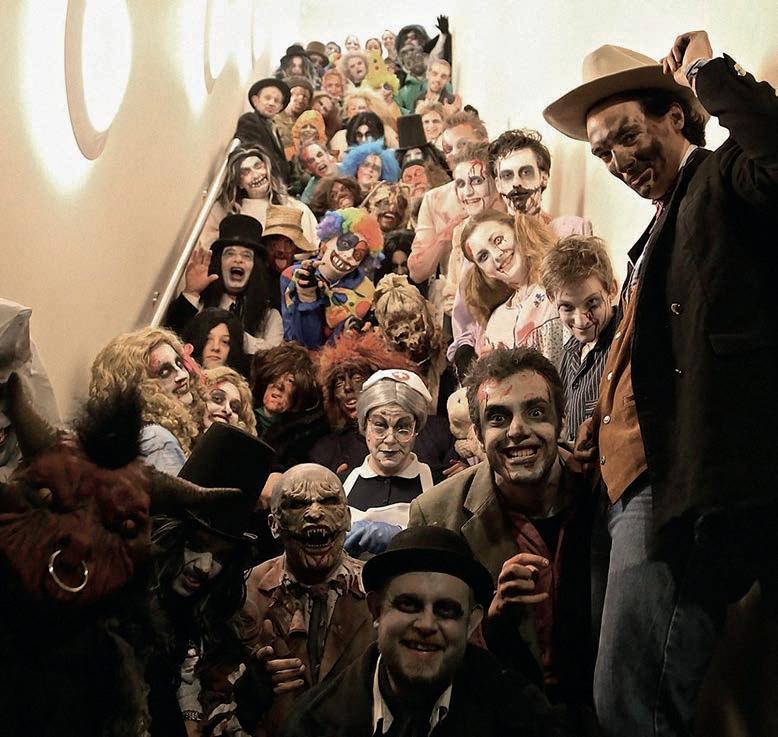
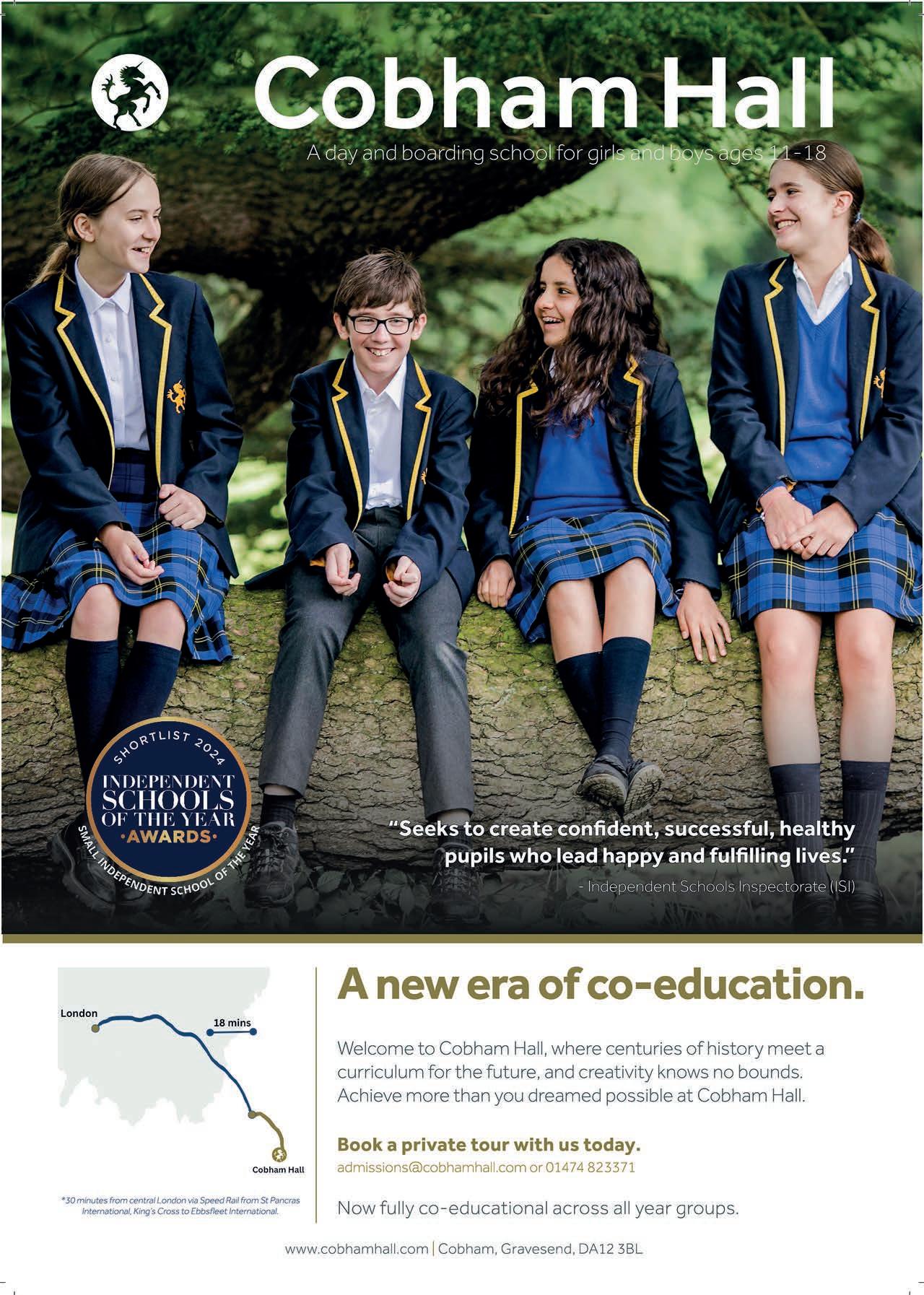


ghouls and spooky trails to pumpkin patches and wizarding lairs, haunting activities for all the family around Halloween
Grandaddy of UK Halloween attractions and a must-see for ghoul lovers, Tulleys Farm near Crawley, West Sussex describes itself as the largest scream park in Europe. Expect a full complement of zombies, terror clowns, maniacs and spooks in the attractions, and with a Haunted Hayride round the farm for those who prefer to view ghosts at a distance. The Fest is unveiling three new scare attractions for 2024.
Dates: Until 2nd November
Entry: 16+ recommended and must be accompanied by an adult Tickets: From £39.95 shocktoberfest.co.uk
Legoland Windsor Resort is marking the Halloween season with a whole army of pumpkins, along with a Monster Street party suitable for the very youngest ghost watchers. There's a Monster Jam Show at Heartlake City Harbour, plus the usual array of fun rides and a good selection of spooky themed shows. Overnight stays and golf passes also available.
Dates: Until 3rd November
Entry: All ages; children under 90cm tall free Tickets: From £29 legoland.co.uk
A PYO institution near Hatfield Broad Oak, Hertfordshire, Cammas Hall Farm o ers more pumpkin and squash varieties than you can imagine. Extra attractions in the daytime include an erupting 'pump-cano', Halloween characters and a family-friendly Wicked Walkway. You can also buy tickets for the maize maze. By night, it transforms into Cammas Hall Farm Resurrected, with 'Dead Legends' tribute acts – BYO torch.
Dates: Until 31st October
Entry: All ages; under 2s free
Tickets: From £5 daytime; £8.50 child, £10.50 adult nighttime cammashall.co.uk
There's year-round wizardry at Hogwarts, but with extra features for Harry Potter fans around Halloween. Film sets are dressed for the occasion, with spooky hand-carved pumpkins decorating the Great Hall. Expect a procession of Death Eaters and the chance to learn duelling techniques in the Defence Against the Dark Arts classroom. New for this year are Dementors, who will be found lurking in the Forbidden Forest.
Dates: Until 9th November
Entry: All ages; under 4s free Tickets: From £53.50 wbstudiotour.co.uk
There’s a spooky vibe at the Tower year round, but for Halloween there's a focus on notorious figures imprisoned here. Watch a haunted chess game on the South Lawn or explore the Tower’s astronomical past. Menacing decorations deck the grounds.
Dates: 26 October-3rd November
Entry: Halloween activities included Tickets: From £34.80; child from £17.40; under 5s free hrp.org.uk

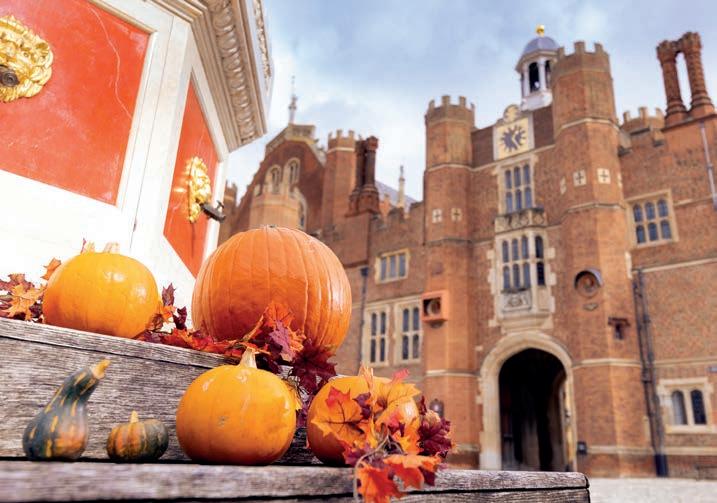
While FEAR is renowned for scaring adults, Avon Valley Scream Park has added in a family-friendly daytime event this year so under 16s can enjoy fun minus fear overload. It includes four of its most notorious scare attractions –lightened up for a mixed audience – along with fairground rides, fire shows, street performers and street food.
Dates: 26 October and 31st October
Entry: Under 16s must be accompanied by an adult
Tickets: from £12.50 fearscreampark.co.uk
There's something for all age groups at Alton Towers' annual Scarefest celebration, from Trick O' Treat Town and the interactive Amigos in the Afterlife for families to Altonville Mine Tours and a new live-action scare maze, Compound, for the 12+ age

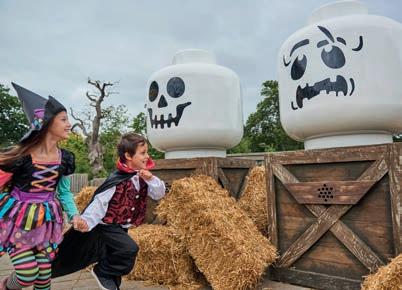
group. Daz Games: Panic Reloaded is a major draw for teens, as is the chance to enjoy rides in total darkness.
Dates: Until 3rd November
Entry: All ages; free for children under 90cm tall
Tickets: from £37 altontowers.com
Once an o cial residence of Henry VIII, Hampton Court Palace is steeped in legends about ghostly goings on – most notably the Grey Lady (Tudor servant Sybil Penn) who is said to haunt the halls, along with a couple of hapless royal wives. You can visit The Alchemist’s Apothecary to see a brew of sinister potions and venture into the cobwebridden Spider’s Lair, deep in the palace’s wine cellar. Expect Halloween-inspired installations and eerie sound e ects as you travel back through history.
Dates: 26th October-3rd November
Entry: All ages; Halloween activities included in price
Tickets: from £27.20; children from £13.60; under 5s free hrp.org.uk
York claims the mantle of Europe's most haunted city, so takes spooks extremely seriously. The Yorkshire Halloween Festival – including market, craft activities and talks – is taking place on Parliament Street from 24 October to 1st November. There are activities right across the city, but for serious scare action head to York Maze. Hallowscream is strictly for adults, while Hallowtween is designed for families with children too old for trick or treating and features four scare houses, plus live stage shows and funfair-style attractions.
Dates: 26th October-31st October
Entry: 10+; must be accompanied by an adult Tickets: from £17.95 yorkmaze.com and visityork.org
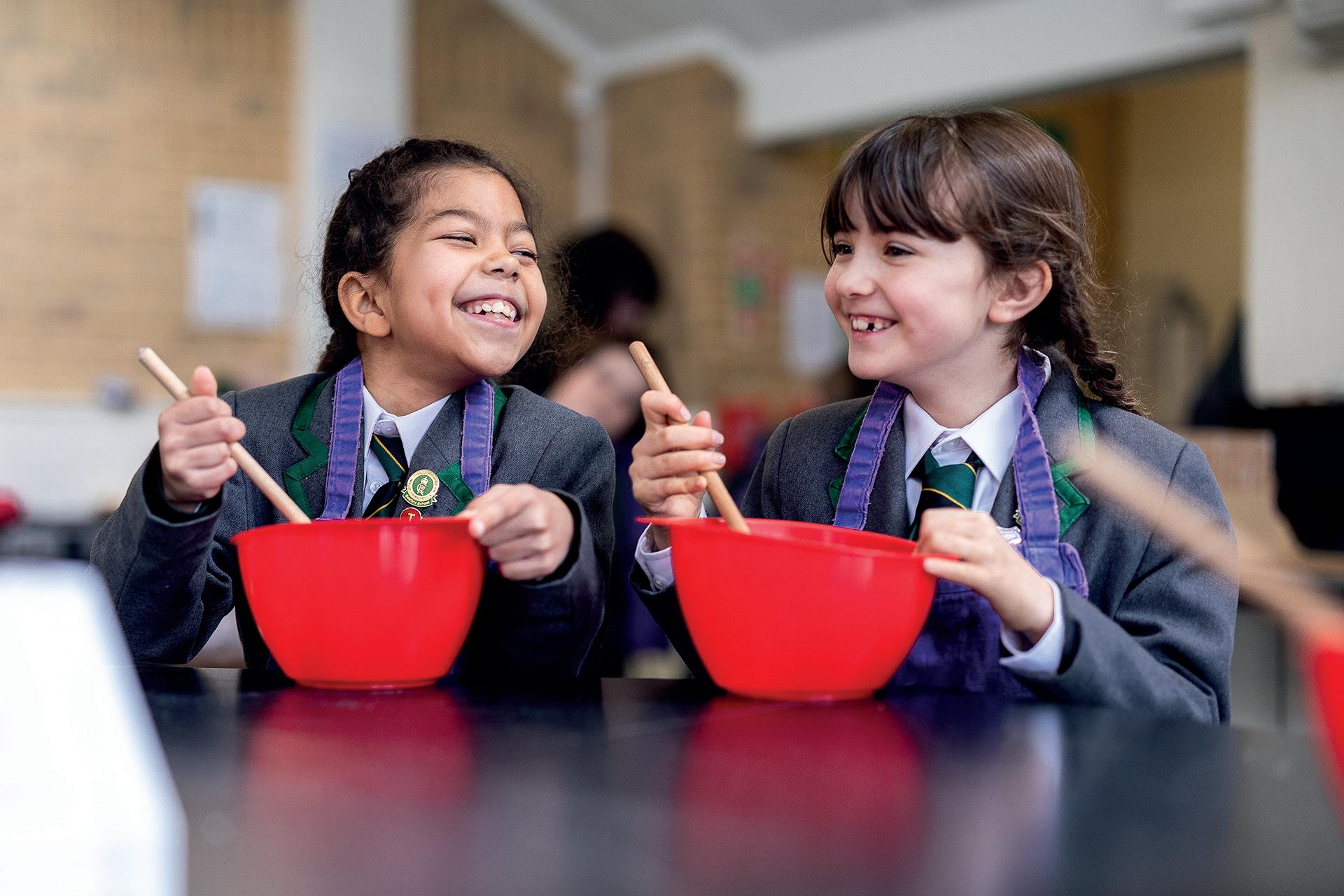
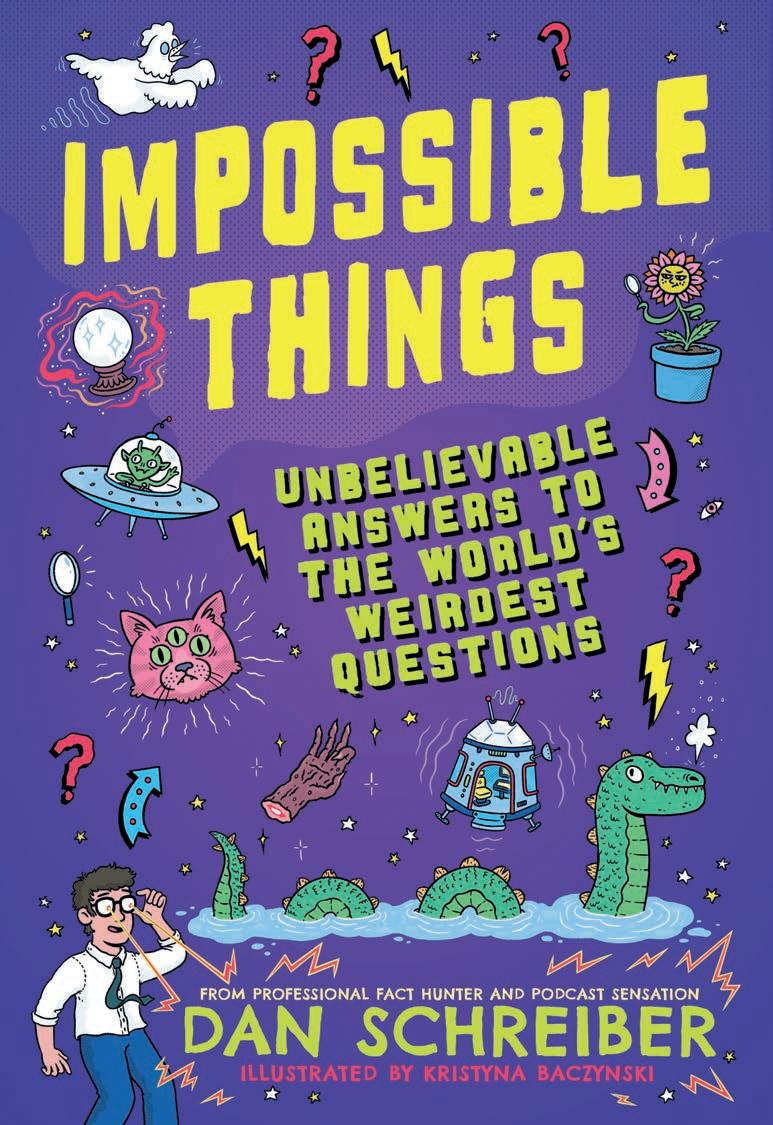
Dan Schreiber’snew book for fact lovers is informative and fun in equal measure – perfect for inspiring young investigators of the weird and wonderful




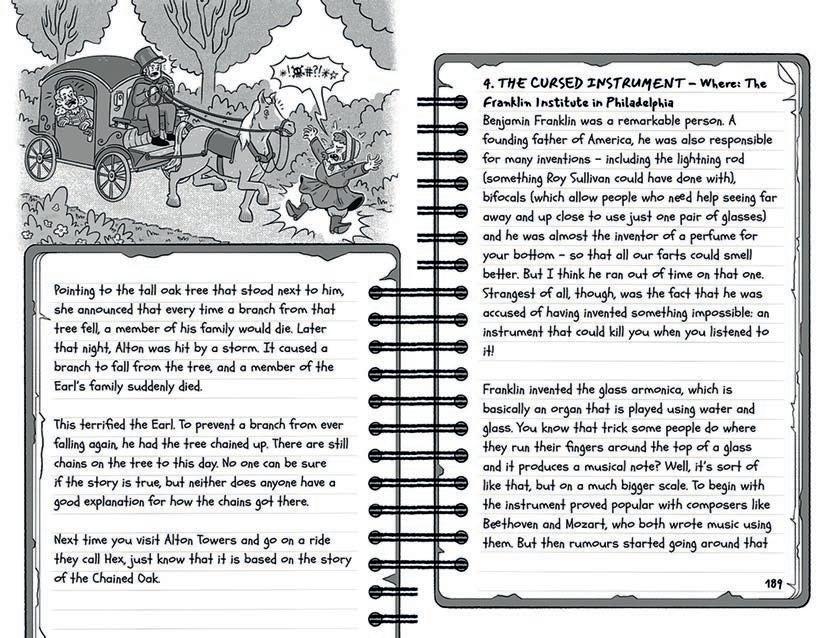



When you’ve been a QI elf for as long as Dan Schreiber, you have a head full of fascinating facts, strange nuggets and unsolved mysteries just waiting for brilliant investigators to dig deeper. Impossible Things is a distillation of some of this treasure, perfectly pitched to engage super-curious young minds. When Schreiber started scoping the book, he knew there was vital ground to cover. “I wanted to go for the biggies: ghosts and UFOs and cryptids – Big Foot, and so on,” he says. “And then it was thinking, ‘what are the conversations I loved having as a kid?’”
Time travel was one obvious one, so too were bizarre happenings. “Experiences that people have where often other people will say, ‘oh grow up, stop thinking about that’.” So, if Impossible Things can be distilled down to one thing, it’s a call out to young readers to keep that ungrown-up thinking going.
Becoming an ‘Impossible Investigator’ requires an open mind and the right tools –and that’s where the Yogibogeybook comes in. The name was inspired by the Yogi Bogey Box Schreiber read about in James Joyce’s Ulysses (there, it’s a box of kit used by ghost hunters). He loved the name so much he repurposed it – so the Yogibogeybook
is the place where strange findings and o beat investigations can be noted down.
“It’s a very Fortean idea logging these things,” he says. “The reason I’m really happy with that conceit is that it allowed me not to encourage an absolute belief in absolute facts about ghosts or UFOs, but to say: ‘we don’t know, but that doesn’t mean it’s not important to write it down’. It’s a good way of not dismissing – a middle ground to say that you’re allowed to be curious about this, you’re allowed to be interested.”
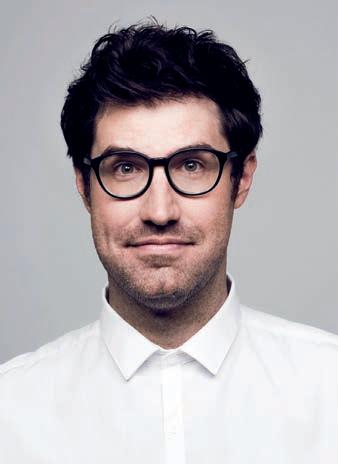
Chapters start with an adventure he has been on or a mystery that has intrigued him. Notably, this includes a story about a ghostly glass levitation the young Dan Schreiber and family experienced in a Tibetan hotel. He says he’s not what you’d call a ghost believer, but then again... “It’s what I call the soft rock, the impossible thing that has happened to you that you can’t explain.”
There were other strange childhood happenings, not recounted in the book, that prepared the young Dan Schreiber for tuning into the weirder aspects of life. Growing up in Hong Kong, there was a regular babysitter who would tell tales of epic proportions. She claimed to have a stick that could stop tornados and typhoons and said she had been kidnapped by aliens as a child.
“Not one told us it wasn’t true,” he says.
But the open-minded approach served him well. Thanks to what he calls “so many random relevant coincidences”, when Schreiber arrived in the UK, aged 19, to stay with his aunt in Oxford for three weeks he had the career opening of a lifetime. His aunt had shown one John Lloyd round BBC Radio Oxford (she was only co-opted at the last minute because her boss had gone out on a lunch). She worked on local programmes at the time and had no real idea who John Lloyd was. In passing, she told him her nephew heading over from Australia was looking to break into comedy, then asked if he had any tips. Lloyd





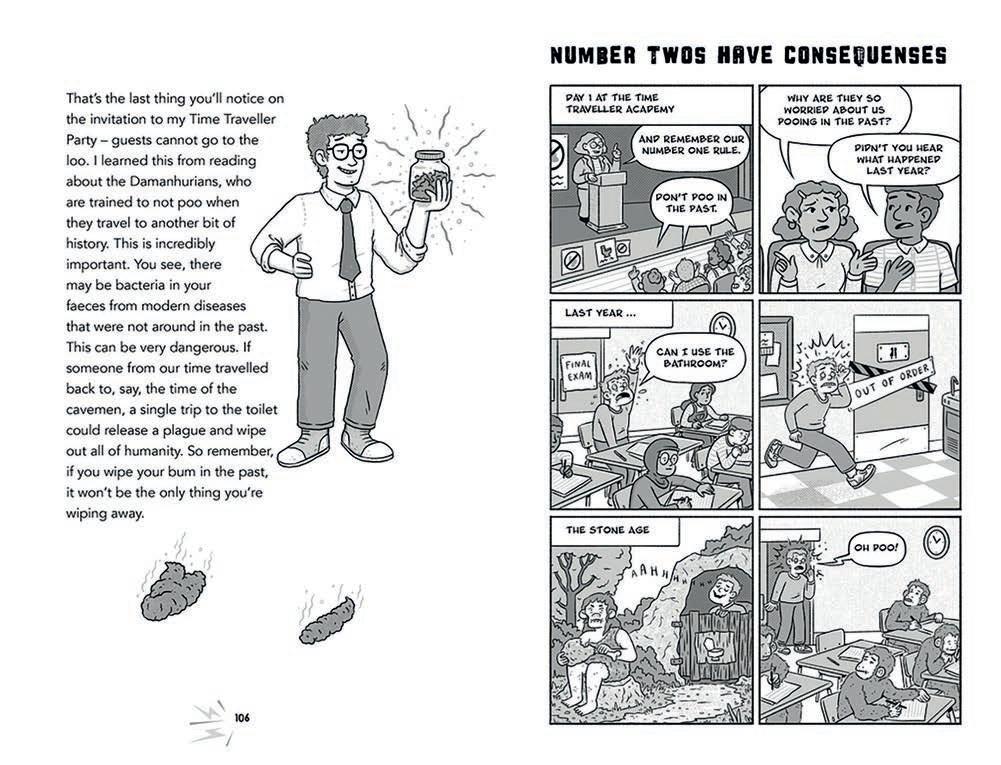

It’s a very Fortean idea logging these things – a middle ground to say that you’re allowed to be curious about this, you’re allowed to be interested



passed on his phone number.
There was an extraordinary run of happy coincidences when Schreiber met Lloyd that sealed his destiny as a QI elf. Schreiber had just finished at a Rudolph Steiner school in Sydney and Lloyd was thinking of sending his son to a Steiner school so wanted to know all about the teaching approach. Schreiber had been living in the very suburb of Palmy (Palm Beach, Sydney) where Lloyd had collaborated with Douglas Adams on The Meaning of Li . Schreiber happened to have this same book in his bag because it was his favourite read – he’d brought it along for Lloyd to sign.
“And then the last thing was, he said, ‘so what do you want to do in life?’. I said: ‘I grew up in Hong Kong and I speak Mandarin. I want to move over to China and be a stand-up comedian in Mandarin’. He almost fell o his chair because he’d literally just come from a meeting where he was talking about pitching a show looking at Chinese stand-up and he was trying to find a Westerner who spoke Mandarin well enough to present the show over there. He
said: ‘Well, clearly the universe has said we should work together’. That’s not how he does general QI hires, by the way. It’s a rigorous process of seeing if you know facts and all that stu !”
Dan Schreiber has been involved in successful fact-sharing shows ever since. Alongside QI, there’s the podcast No Such Thing As A Fish – now in its tenth year and on tour in the UK before a sell-out date at Sydney Opera House in November. More recently, there’s We Can Be Weirdos, exploring the wilder beliefs of those who have influenced the course of human history. There is also the Radio 4 show The Museum of Curiosity. That’s a particularly satisfying happenstance. On the day John Lloyd met Dan Schreiber’s aunt at BBC Radio Oxford, he was pitching QI as a radio show. That never happened – it was destined for TV. Eight years on, Lloyd and Schreiber went back in together and – with Richard Turner at the BBC – finally brought what they consider to be its rightful heir, The Museum of Curiosity, to our airwaves.
Coincidences get a look in in Impossible Things – within a chapter called ‘Are we all actually living in a giant video simulation?’ These and other crazy-butfascinating trains of thought are perfect open-ended debates to stimulate discussion and investigation. As Dan Schreiber sees it, these ‘what ifs’ are the ideas we need around the dinner table. “It’s a much better conversation than something boring about a bill that’s come in. It just reminds you, ‘isn’t it good to be alive – it’s exciting’.”
In the epilogue of Impossible Things, there’s a quote from the experimental British actor, writer and producer Ken Campbell. He liked to counsel his young daughter Daisy never to believe in something, but rather to suppose that something could exist. “Suppose is a much better way of approaching things,” says Schreiber. “That’s what the book is – it’s how to be a supposer.”
Impossible Things, by Dan Schreiber, illustrated by Kristyna Baczynski, is published by Hachette Children’s Group, £12.99.
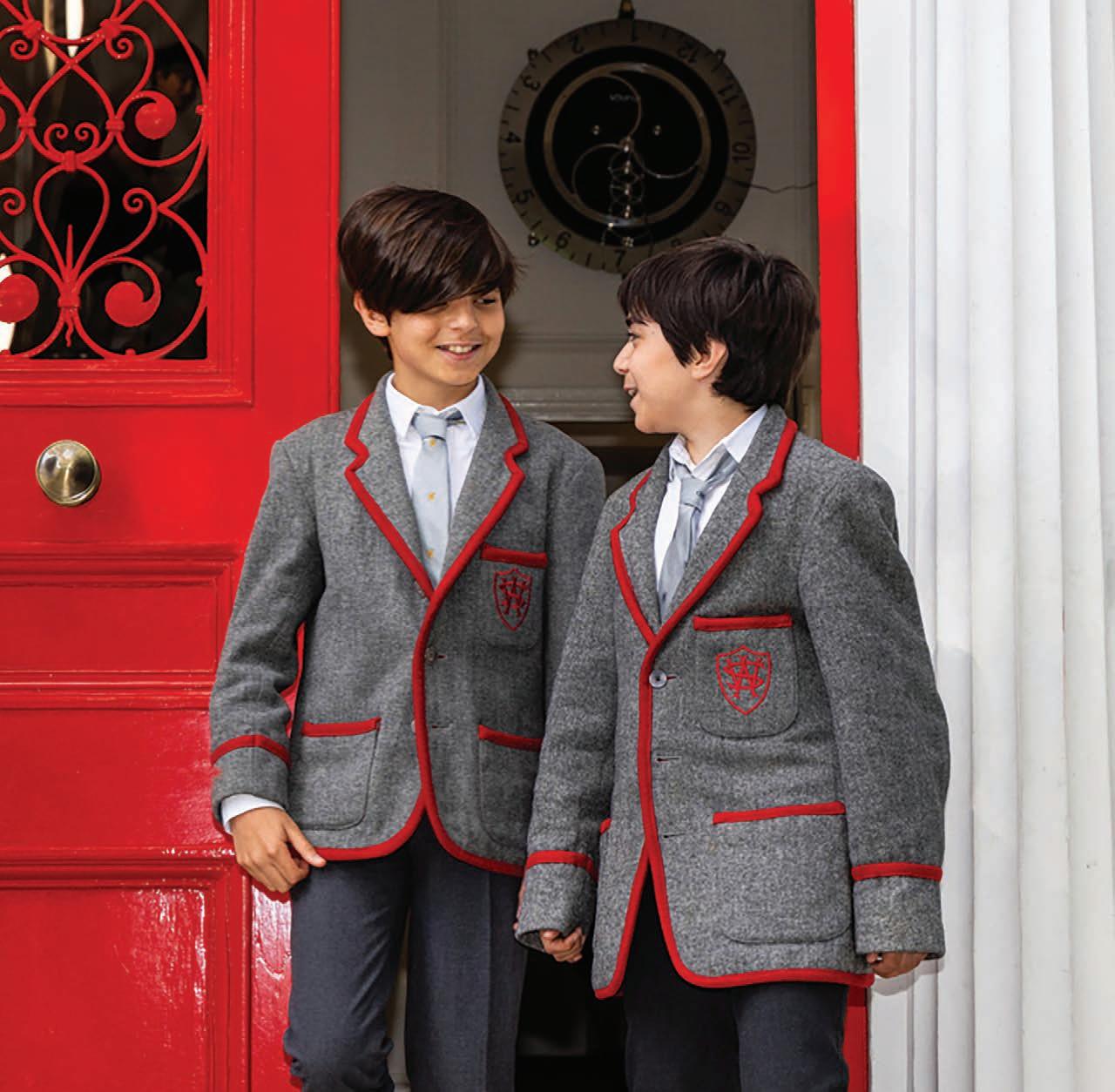
Wetherby Preparatory School, in central London, is an independent day school for boys aged 7 to 13. Known for providing exceptional education and pastoral care, the school has a proven track record in preparing boys for entry into the top Senior Day and Boarding schools in the country.
www.wetherbyprep.co.uk
9+
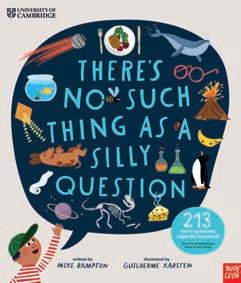
by Mike Rampton
illustrated by Guilherme Karsten
UNIVERSITY OF CAMBRIDGE & NOSY CROW, £18.99
Written with input from the boffins at University of Cambridge, this factpacked read delivers burning questions – 213 of them – all answered by experts. From finding out if dinosaurs could sneeze and why fizzy drinks go flat to learning who first invented underpants and how we decide what time it is. Also, intriguingly, the scientific verdicts on the worst smell in the world and why dogs spin around before going to the toilet. Big and important mysteries one and all, packed into a lavishly illustrated, fun and really useful hardback manual for young knowledge hunters.
From a journey across the African Diaspora and a backstage pass to Kew to drawing dinos like a pro and exploring the world of sport, great books for autumn
by Steve Roberts & Joel Stewart
HACHETTE
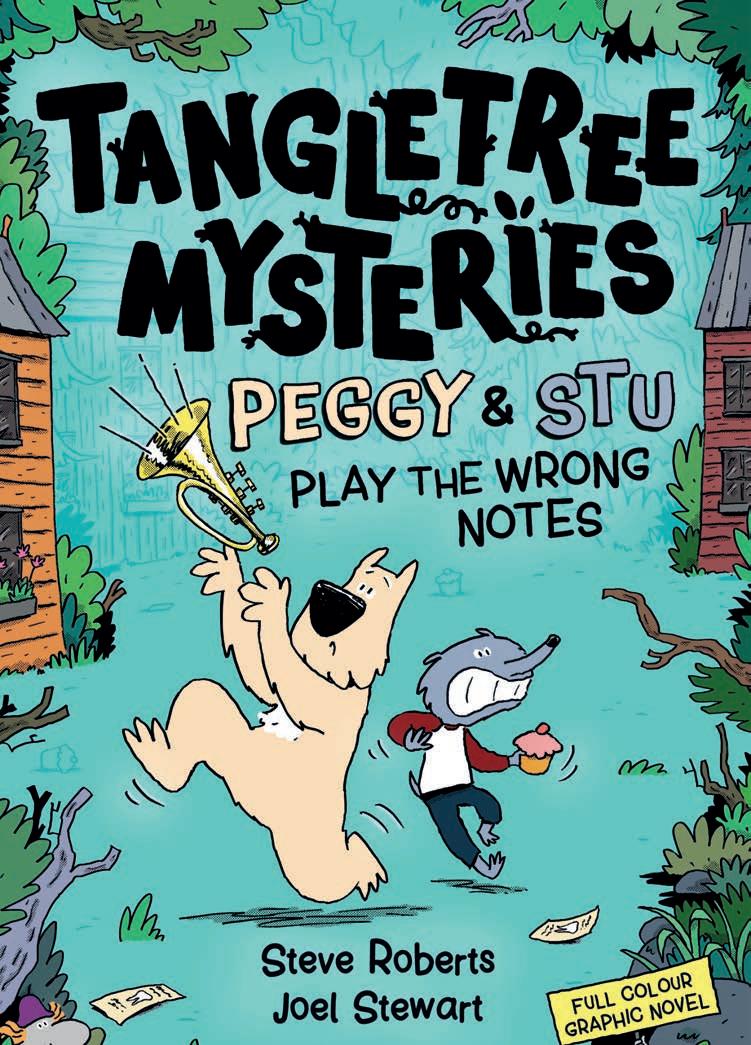
Peggy the detective dog and Stu her shrew sidekick return for the second in this graphic novel series designed to appeal to young readers who love stories told through pictures. In the first of a double mystery, the residents of Tangletree are getting ready for their spring dance when the trumpet player's instrument develops a life of its own and runs away into Tangletree Woods. The second story, Cake Crimes, involves a pop-up bakery selling irresistible cakes that cause terrible toothache. Enter one mysterious pop-up dentist...
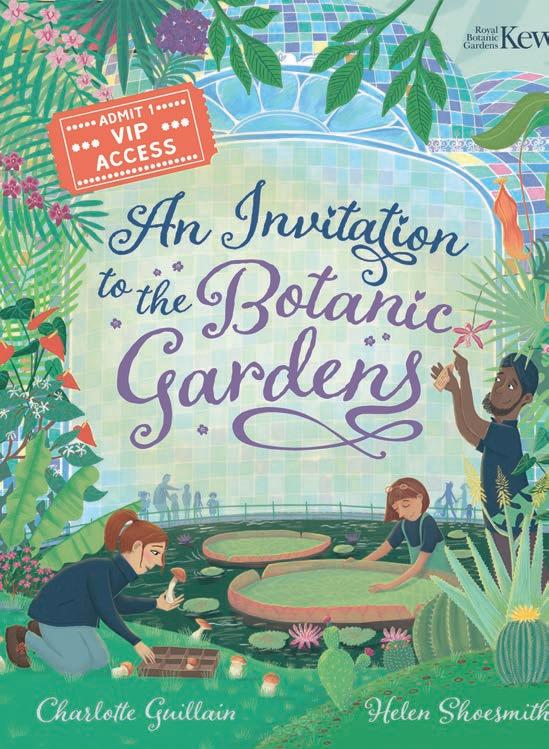
by Kerri Cunningham UCLAN PUBLISHING, £9.99
The Lancashire-based writer and artist has created her first children's book of illustrated poems. Divided into the four seasons, it celebrates all the special things the year brings us, from kite flying, Bonfire Night and crisp walks to spring lambs, Easter eggs and picnics when the earth warms again. Lovely illustrations bring each short poem to life, and 'things to do’ and 'joys of' spreads make this a great inspiration to keep on the shelf and return to again and again.
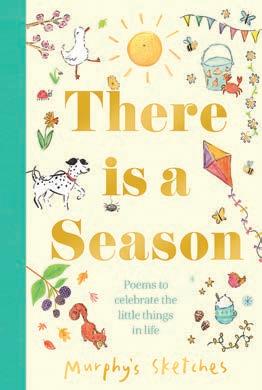
by Charlotte Guillain
illustrated by Helen Shoesmith HACHETTE CHILDREN'S, £16.99
This access-all-areas book explores the work of Kew Gardens. It takes in the glories we know in the Temperate, Palm, Waterlily and Carnivorous Houses, but also the specialisms of the lab, Herbarium, Fungarium and Seed Bank. There's even a spread dedicated to Kew's Compost Centre. Helen Shoesmith's illustrations include three stunning gatefolds. It is also information rich, answering key questions on areas such as pollination, germination and plant DNA.
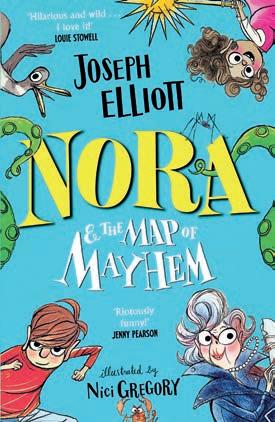
by Joseph Elliott illustrated by Nici Gregory PICCADILLY PRESS, £7.99
The Nora of this new adventure is a great-grandmother of style (retired florist) and more than a few secrets. So, when Autumn and Atticus are dropped o for the weekend, they don't get a sedate time with the GG. Instead, there's a threatening note pinned to the front door, followed by a mad dash to the coast. Then they and GG get embroiled in a series of adventures with revolting sea monsters and one extremely persistent goose.
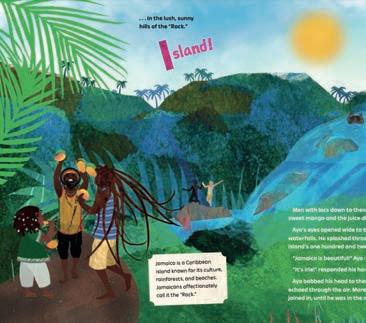
BAREFOOT BOOKS, £12.99
This large-format picture book for young readers describes the extraordinary journey of a young boy, Ayo, across the African Diaspora – an A-Z of people, cultures and events. Succinctly described, and with standout illustrations by Erin K. Robinson, Ayo finds out more about everything from Afro hair, carnival and kente cloth to Brazil's Quilombo community, soul food and Ethiopian empress Taitu (Taytu) Betul. There's a world map at the back so you can plot his journey. You'll also find out extra details about each element in a useful glossary. by Ain Heath Drew illustratedby Erin K. Robinson

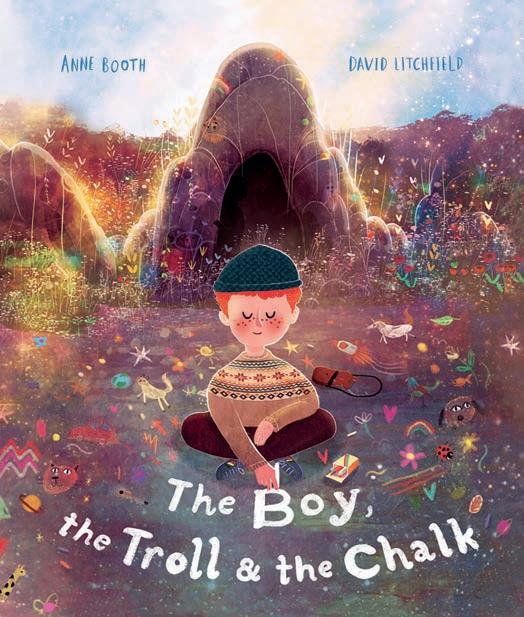
by Skye McKenna
illustrated by Tomislav Tomic HACHETTE CHILDREN'S, £12.99
The third in the Hedgewitch fantasy series is perfectly timed for Halloween and dark nights. Cassie Morgan is working towards her full Witch's Licence. But her latest task involves training a rookie to the coven who is not at all what she was expecting. There's danger, too, as the evil Erl King is tempting witches across the land to join him with promises of power – standing against him means danger. When she goes to help a cousin in Porthmorven solve a mystery, it turns into a battle to save its people.
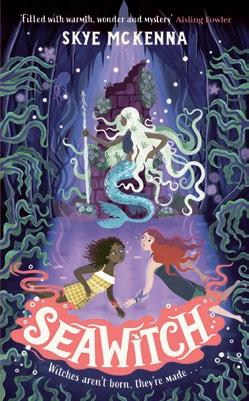
by Anne Booth
illustrated
by
David Litchfield
TEMPLAR BOOKS, £12.99
There's a mysterious troll in a cave in the park. He shouts to go away, and everyone does – except for one boy. He goes right up to the cave and draws a flower in chalk, colouring every petal but one and leaving a blue chalk behind. When he returns, the last petal is blue. The relationship develops day by day through drawings, and finally the troll emerges – and he's just a lonely boy David Litchfield's vivid illustrations bring this delightful story about kindness and friendship to life.
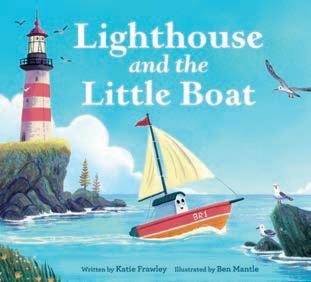
4+
by Katie Frawley
illustrated by Ben Mantle
QUILL TREE BOOKS, £12.99
This picture book centres on the relationship between strong, tall Lighthouse and a little boat called Brightness. Lighthouse prides herself on keeping everything in her radius safe and o ers to watch out for Brightness. But then the little boat gets curious and strays too far into the Dark Waters, getting caught up in a huge storm. With evocative illustrations, this is a compelling tale about a love that is strong enough to guide those in danger back to safety.
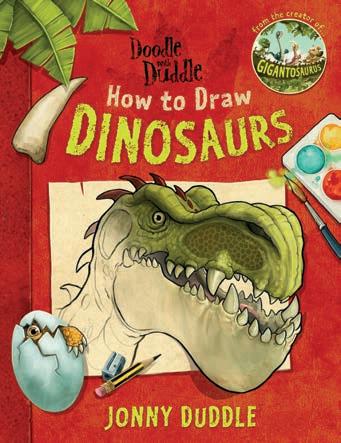
by Jonny Duddle
TEMPLAR BOOKS, £8.99
Jonny Duddle once taught art in the Kalahari Desert and has too many awards and credits in computer games and books to mention. And now he turns his talents to a clever book that will appeal to dino fans and artists alike. The book is pitch perfect on fascinating facts about a range of dinosaurs, their fossils and eggs. Visual and written information sits alongside easy-to-follow doodle guides, encouraging close observation skills. There's also a draw-yourown story section to inspire dino-creativity. It's a book to keep them busy for hours.



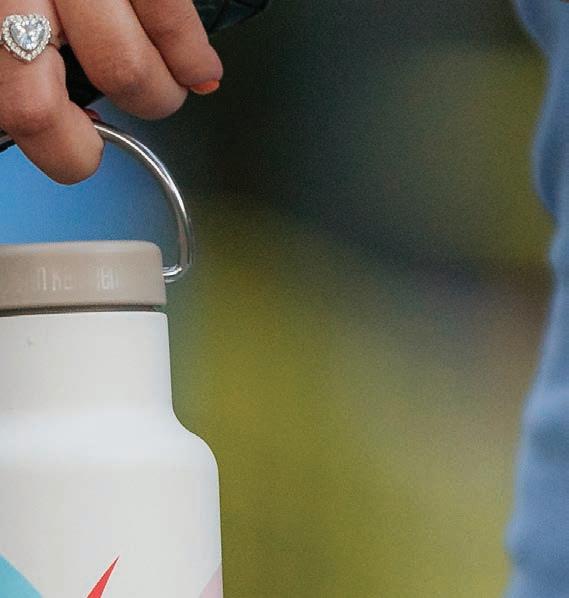
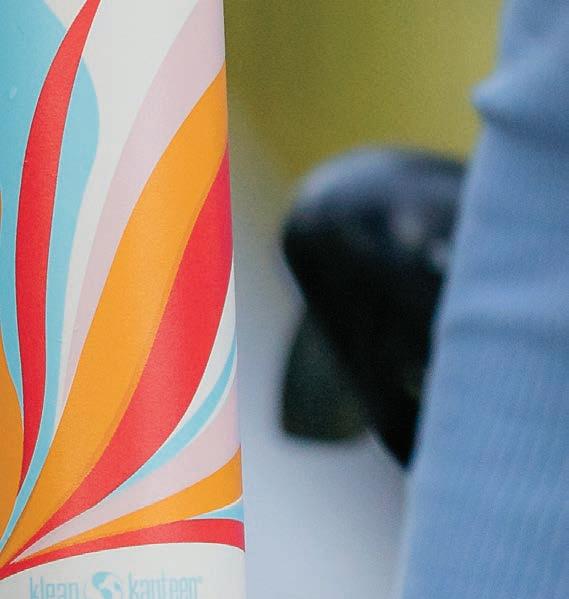

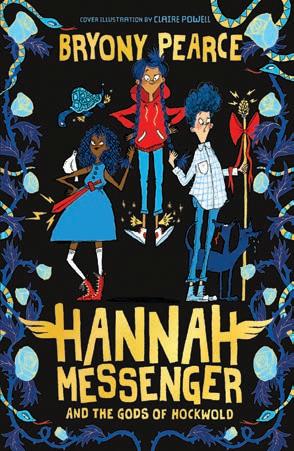
by Bryony Pearce UCLAN PUBLISHING, £7.99
With mustread YA novels under her belt, Bryony Pearce has now written a fantasy for middlegrade readers. Where do the gods of Olympus and their descendants retire?
Not a glorious Greek island, it turns out, but the sleepy English village of Hockwold cum Wilton. Busy with parish council, cricket pitch and pub, they have forgotten they are gods. Only Hannah Messenger, Zeus' greatgranddaughter, and friends know who they are, and they must come to the rescue when the gods' objects of power start to go missing.
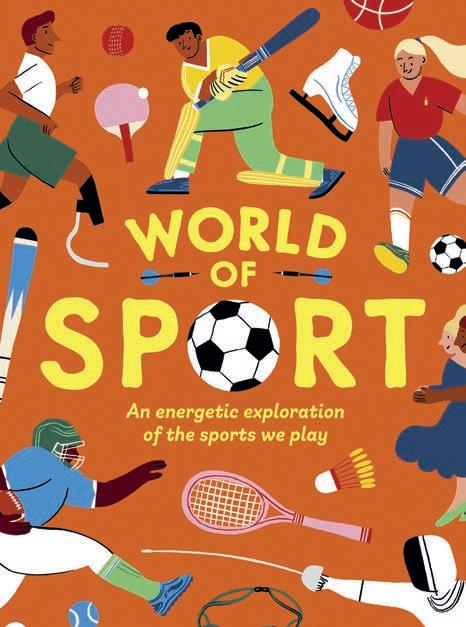
by Emma Carlisle
BIG PICTURE PRESS, £12.99
The author-illustrator of What Do You See When You Look At a Tree? has returned with another painterly picture book to delight young children and parents. Again, she tackles big themes through nature. Rivers can be fast-flowing, raging or calm, just like people. The nature seen in and around water is also described, from glittering kingfishers to short-lived mayflies. With themes of mindfulness and embracing change, there are also nature projects to try.
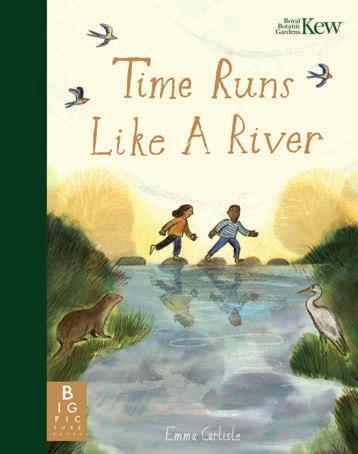
by
Lawrence Alexander illustrated by Violeta Noy TEMPLAR BOOKS, £14.99
Children may know about hockey, football and cricket, but what about Japan's kemari, the Basque game of pilota or wana, a sport played by the Noongar women of Australia? Lawrence Alexander has gathered these and many more fascinating ways to play to win. Alongside ball games, you'll find extreme sports, water and mountain pastimes and cool competitions on horseback. There's a good section on key disciplines, including track and field, and the long history of sports is also described.
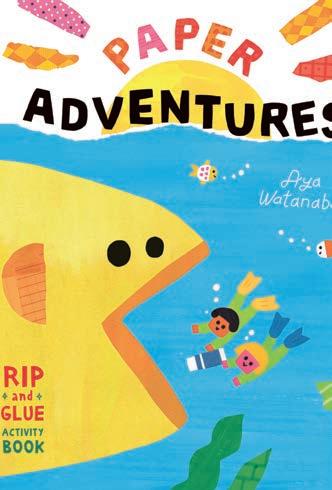
7+ by Aya Watanabe
TEMPLAR BOOKS, £7.99
We don't normally encourage children to rip up reading matter, but Aya Watanabe's engaging collage activity book does just that. There's a simple story at the front with plenty of space around the illustrations, and then pages and pages of colourful and patterned paper to rip out and glue back in to develop colourful artworks. It's a lovely approach to getting children reading – and creating pictures to tell a story in a unique way. There's a second book – Paper Stories –making this a delightful collectable series.


What’s the best way to go skiing with your kids? If your answer is “don’t” then I salute your strength of character to resist. If your answer is “there is no best way, it’s always exhausting” then, my friend, I have the hotel for you.
Alpenrose, one of five Familux Resort group hotels, is set in the Austrian Tyrol and it is the answer for a stress-free family winter holiday, and, frankly, at any other time of year.
We recently visited as a family of four, with our daughters aged nine and two. After only three days, none of us wanted to leave. Alpenrose has everything that each family member could want or need and they deliver it with joy.
We arrive to an e cient and warm welcome – they know exactly who we are – a glass of fizz for the adults and a personalised water
bottle and gummy bears for the kids. There’s a step at reception so that small children can see over the desk, and this is just a hint of the thoughtful touches to come.
Elsewhere, I’m usually apologetically asking for highchairs or a microwave, but Alpenrose has everything geared up for families. And I mean everything. Changing mats, nappies, wipes, bibs, colouring pencils at the table, rocking horses and games tables in the bar, cutlery and crockery, potties, buggies, baby monitor system, toys in the room, built-in bed guards. You name it (or forget it) and they’ve got it covered.
The room is huge, with a mini sink in the bathroom perfect for child-friendly cleanups, and the girls are exploring for at least 20 minutes before the usual snack demands. I call that a win. The room is spacious (the kids have their own room within the room) and has the comfiest beds we’ve slept in for a while.
We spend the first afternoon exploring the hotel – it’s worth taking your time over this. As
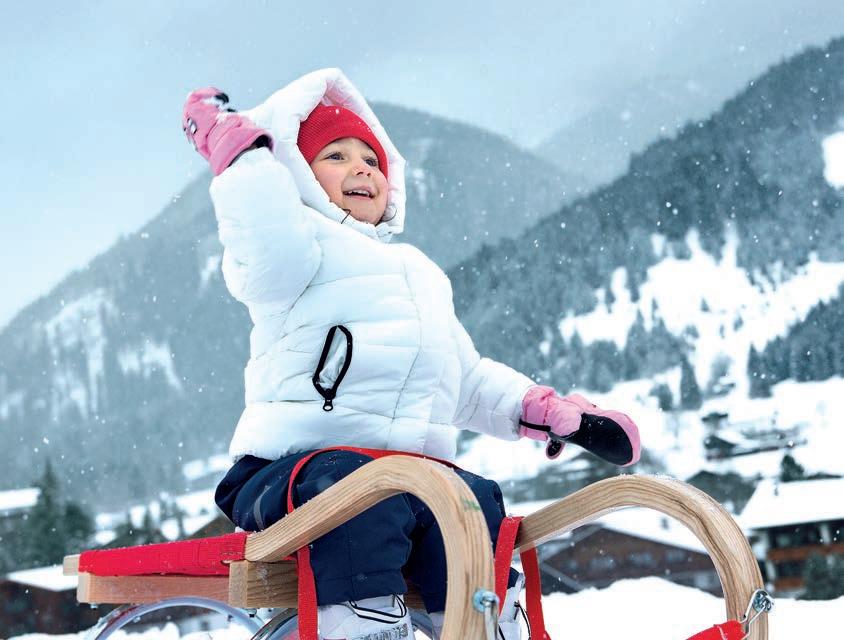
well as a beautifully equipped kids club (from six weeks to 10 years) there are the two pools (one with slides, naturally), gym, spa, a craft room, teen room, climbing wall, soft play, bouncy castle, basketball court, theatre… not to mention the indoor golf, go-karting and much more besides. In summer, there are incredible outdoor playgrounds, too.
Venturing outside, the main ski lift is just over the road – and while there’s a baby slope in the hotel itself (perfect for our two-year old) the nursery slope for lessons is about a 10-minute walk away. If you’re signed up to ski school (which you can do very easily at the hotel, naturally) they shuttle the kids in hotel minibuses. The ski shop is just next to the lobby too – so there’s no hassle over getting equipment – or where to stow it.
And while you still might not get a chance to ski alone with your partner, you’re going to have a better chance here than in most places. We only had trouble because our youngest (a nursery old-timer) refused kids club. And that’s ok – it is a family holiday after all.
Mealtimes at Alpenrose are a dream – laden bu ets for breakfast and lunch, with kids' options (sandwiches with smiley faces and a pancake machine) at all times, plus gourmet dinner for parents in the evenings. They provide bags to take snacks away and a snack and drinks station is there throughout the day. So, as with most ski holidays, you’ll probably leave feeling a touch fuller than when you arrived.
If you haven’t been to Innsbruck, tag on a night or two there too. This fascinating city is small enough to walk around and charming enough to satisfy


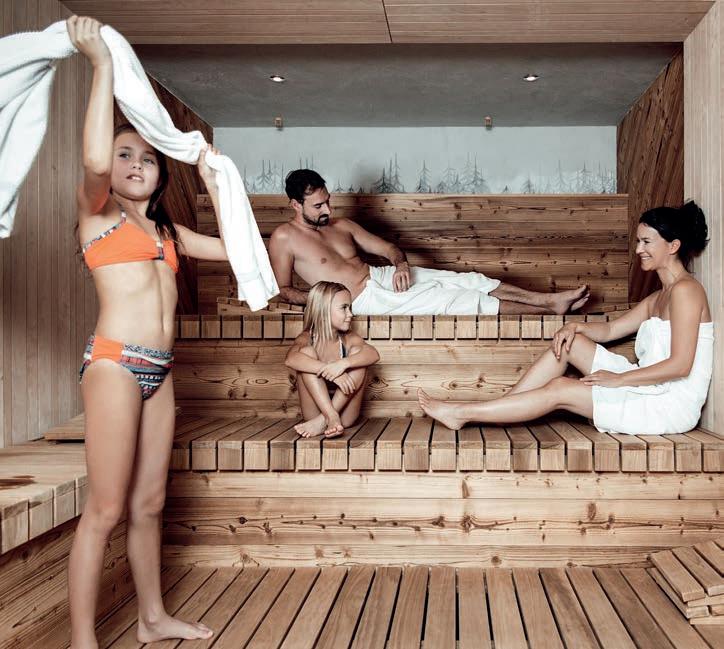
“THE MAIN SKI LIFT IS JUST OVER THE ROAD AND THERE’S A BABY SLOPE AT THE HOTEL ITSELF”
fairytale fantasies. We took advantage of the Innsbruck card which included all our transport and entry to Lumagica and the Hofberg Palace, and if we’d had more time we could have entered any of 20 plus attractions, including the famous ski jump, the Swarovski museum experience, and cable cars (one of which was designed by Zaha Hadid) getting you right to the peaks in minutes. There’s so much to see that we’ll definitely return.
In Innsbruck we had an XL Room, with space for all of us – urban-inn.com. We explored city attractions with the Innsbruck card innsbruck. info/en/sightseeing/innsbruck-card.html At Alpenrose prices start from EU650 per night for a family of four, for all-inclusive (that's breakfast, lunch, afternoon snack and dinner from the 4-course gourmet menu and non-alcoholic drinks). There is a 7-day kids' club from 8:30am to 9pm – separate for each age group, and with age-specific indoor and outdoor programmes. The hotel facilities include a wellness centre plus indoor and outdoor pools, children's pool with slides, pirate ship and toddler pool, extensive family activities and equipment, plus gym and fitness studio.
hotelalpenrose.at
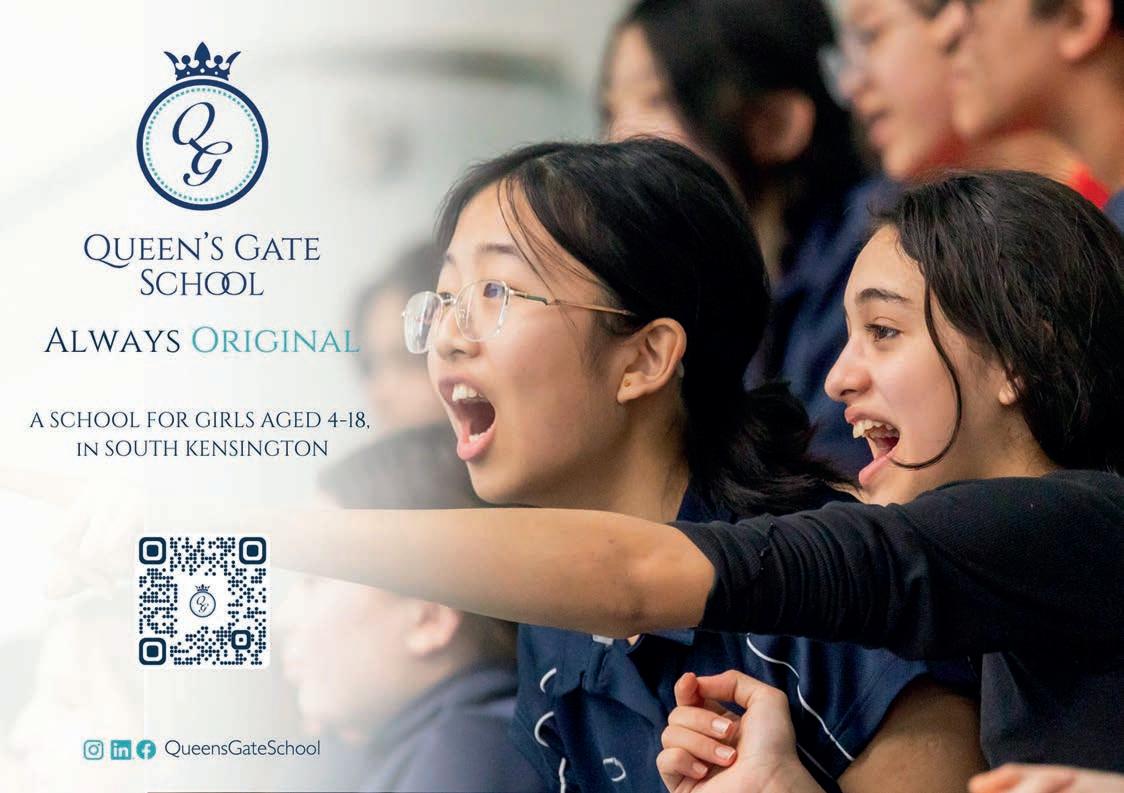
Boarding and day co-education for pupils aged from 7 to 18. Inspiring academics supported by a full programme of creative and performing arts, sport and activities.
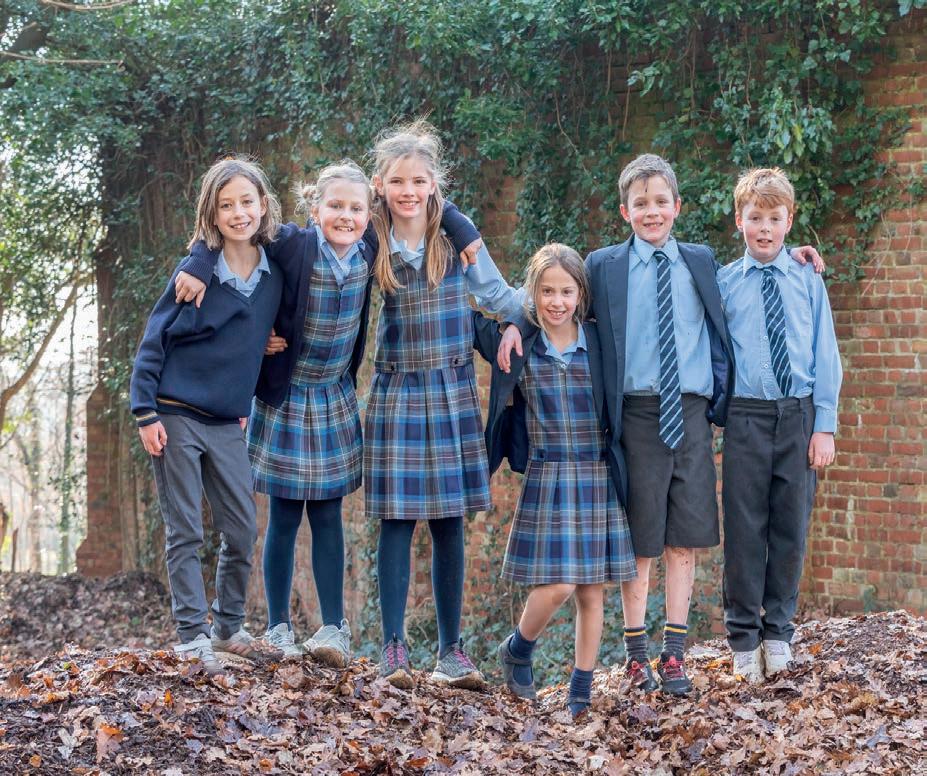
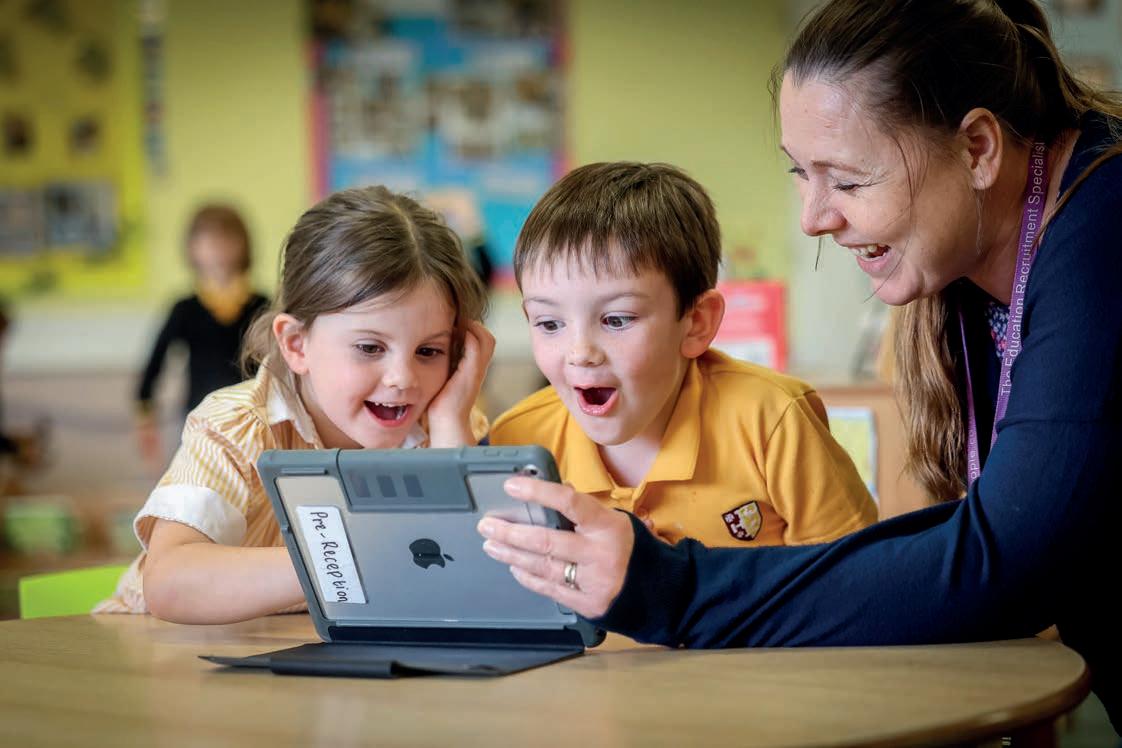



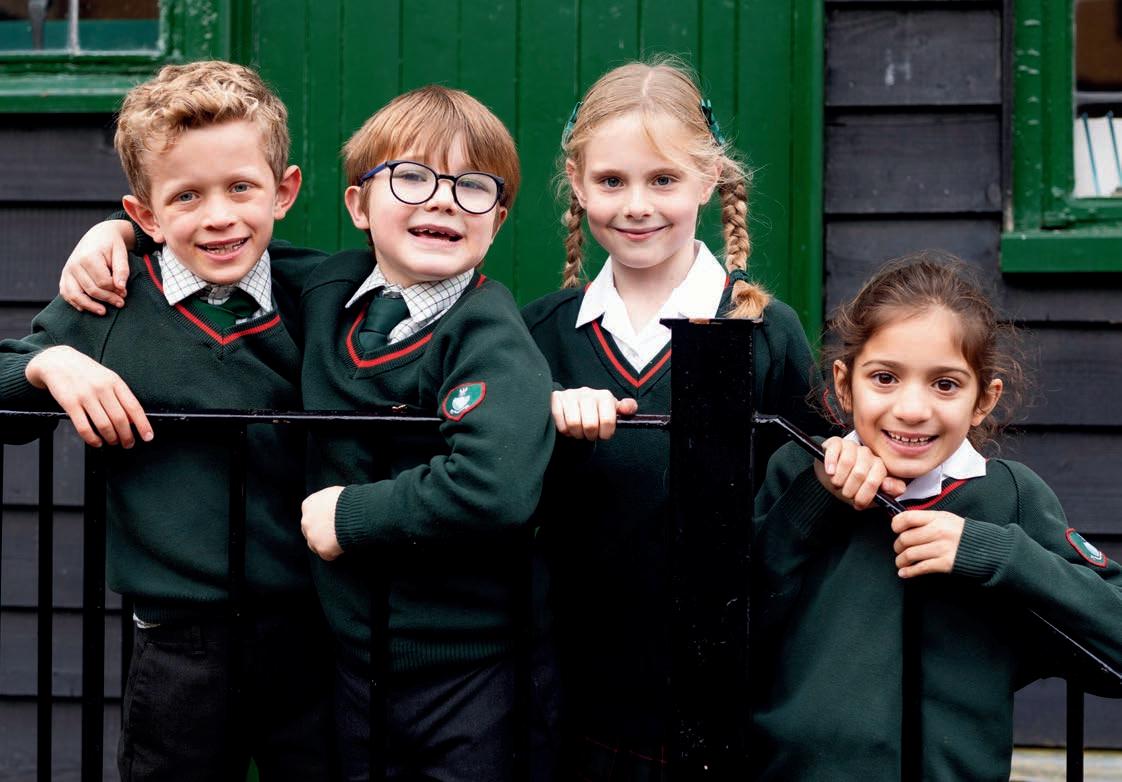



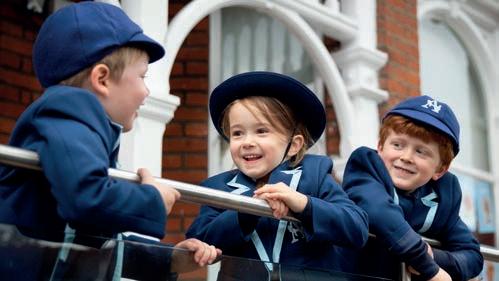

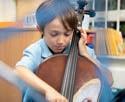
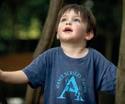
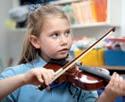

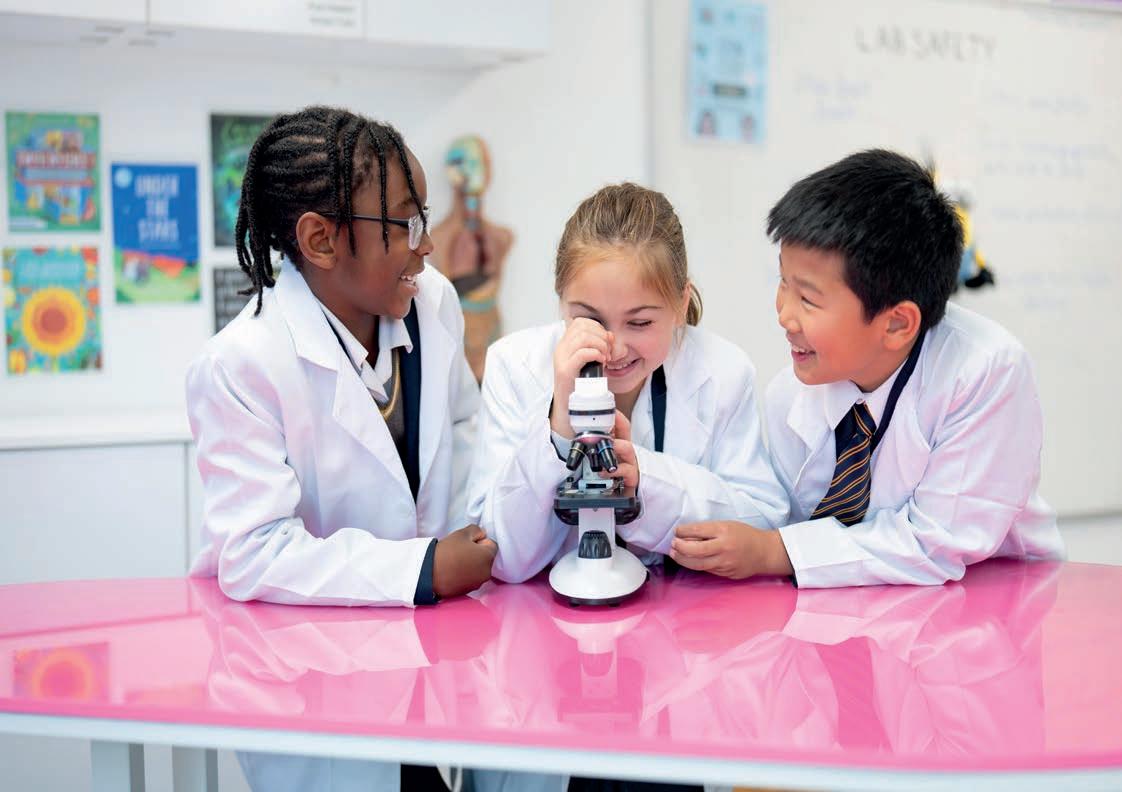



















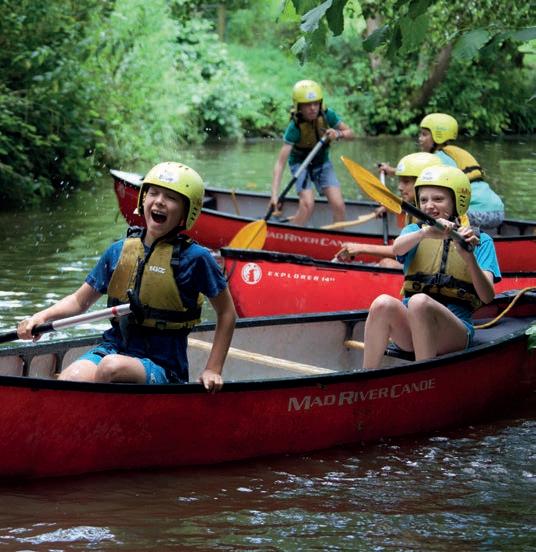
Bruton, Somerset, UK, BA10 0BA + 44 (0)1749 812 307 www.millonthebrue.co.uk

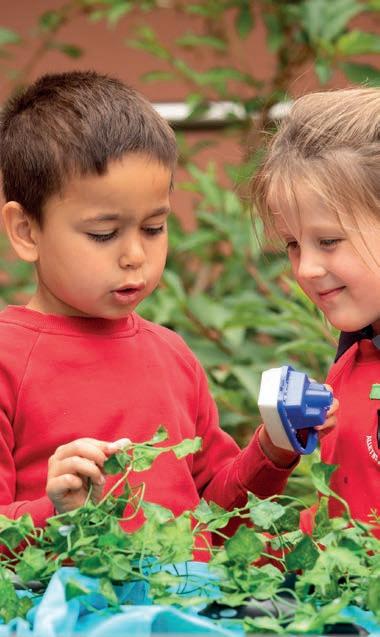


alleyns.org.uk



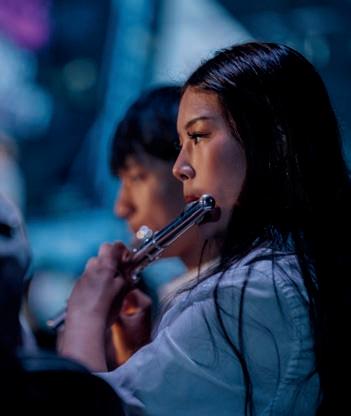




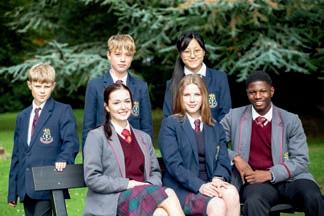


Outstanding facilities, an all-round education and endless opportunities await you at The Duke of York’s Royal Military School; students thrive and make outstanding progress academically. 85% of students achieved A* – C grades at A Level, and 95% of students progressed to university - 40% of which were Oxbridge and Russell Group. Students benefit from excellent teaching, a comprehensive curriculum, and a vast breadth of opportunities beyond the classroom. Our boarding school, open to 11-18-year-olds, offers highly


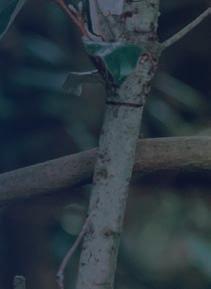




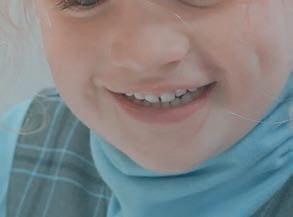



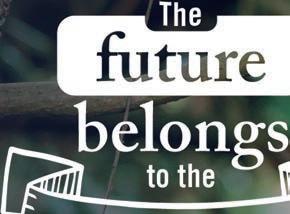








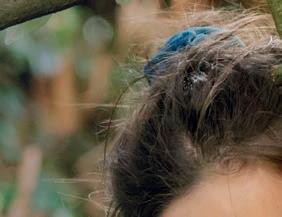
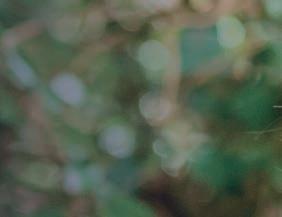


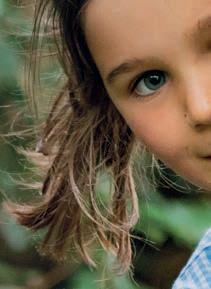











Bag, blazer, sports kit, is there anything they can’t lose? It’s one big frustration for parents, so here’s what you need to know
By RACHEL WEBB
The ritual of hunt the tie, shoes, trainers or blazer can sap the joy from even the sunniest morning and, let’s face it, it can be hard to stay calm when high-value or irreplaceable items have suddenly gone missing. Like all great cosmic mysteries, where some of kids’ stu ends up is never clear – but there are strategies to help parents keep property within the known universe.
Up to the age of about six, children are not constitutionally equipped to care about their stu . This is because they live in and
for the moment. With so much fun to be had playing, learning and exploring, that school jumper, tie or pair of socks is just one more casualty of a busy day of adventures.
The solution is, of course, labels. This doesn’t always work but the chances their uniform and other kit will return home are greatly increased. Make a point of tagging everything they wear or carry out of the house and get them involved in the creative task of choosing and labelling their favourite treasures.
Children are never too young to be nudged in the direction of caring for their property, so establish the good principle early. When
they are very young, this can be a ‘can you find?’ game, but as they grow the nudges need to be a little more robust. Making lists, leaving notes and doing verbal checklists all help enormously.
Establish routines of where they should put their things when they get home – shoes and bag by the front door, coat on the hook, school bag in bedroom, and so on. The combined checklist and ‘everything in its place’ approach helps to build children’s capacity to remember detail. This will also, hopefully, reduce the morning meltdowns and enforced games of hunt the left school shoe for the rest of your family.
It’s important to remember that some children are more organisationally challenged than others. Planning and sequencing tasks may, for instance, be an issue experienced by some children who have dyslexia. Whether or not there’s an additional barrier, patience, practice and planning ahead are strategies to help build the skills to get to and from school without losing or forgetting possessions.
There is a point where children need to recognise that losing property can have consequences. A child can’t get by without their school jumper, but perhaps they can wait a little longer or ‘save up’ for the smart toy or expensive new trainers they mislaid. It will certainly feel like a harsh punishment at the time, but sometimes these actions and consequences lessons are the ones that stick.
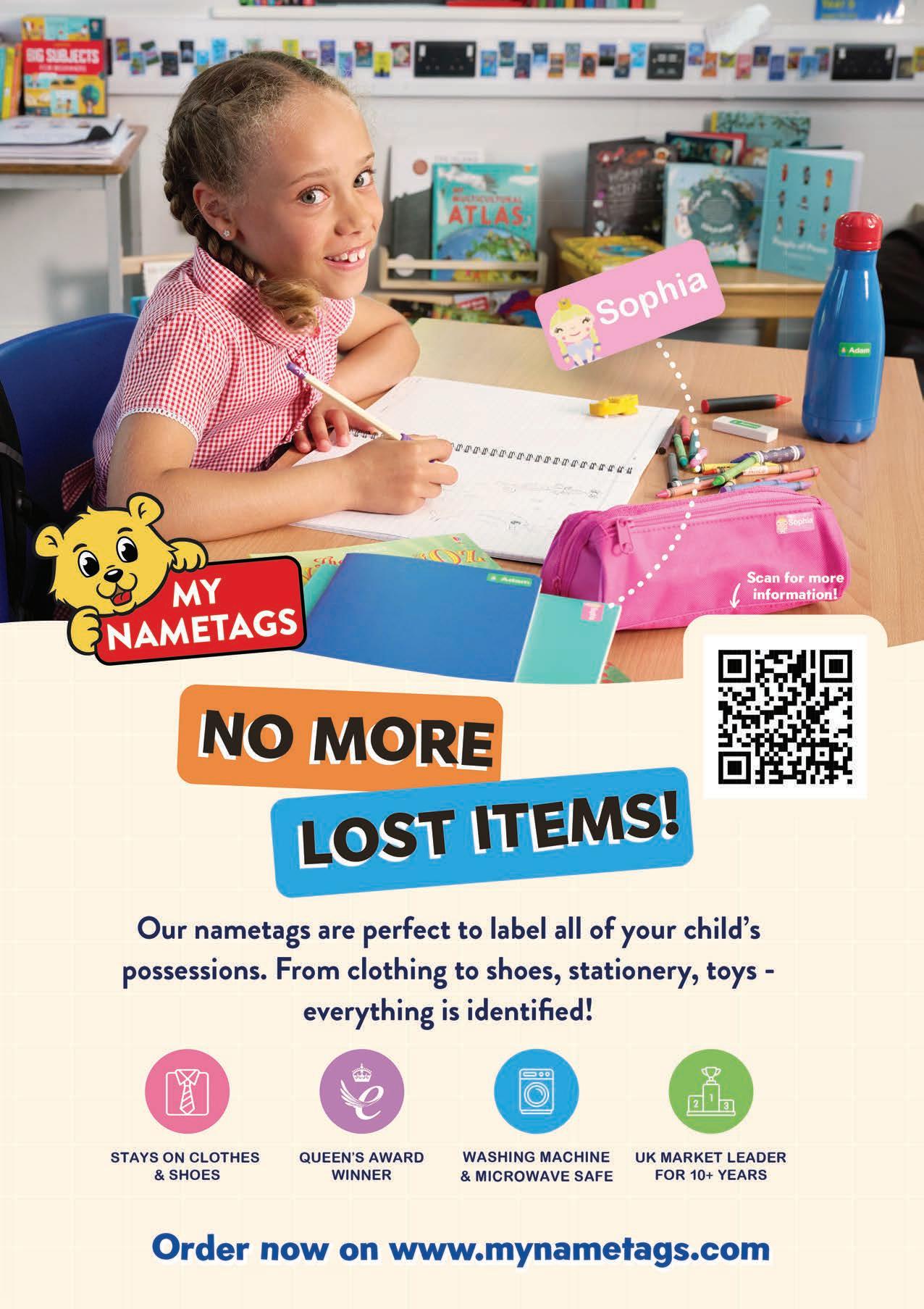
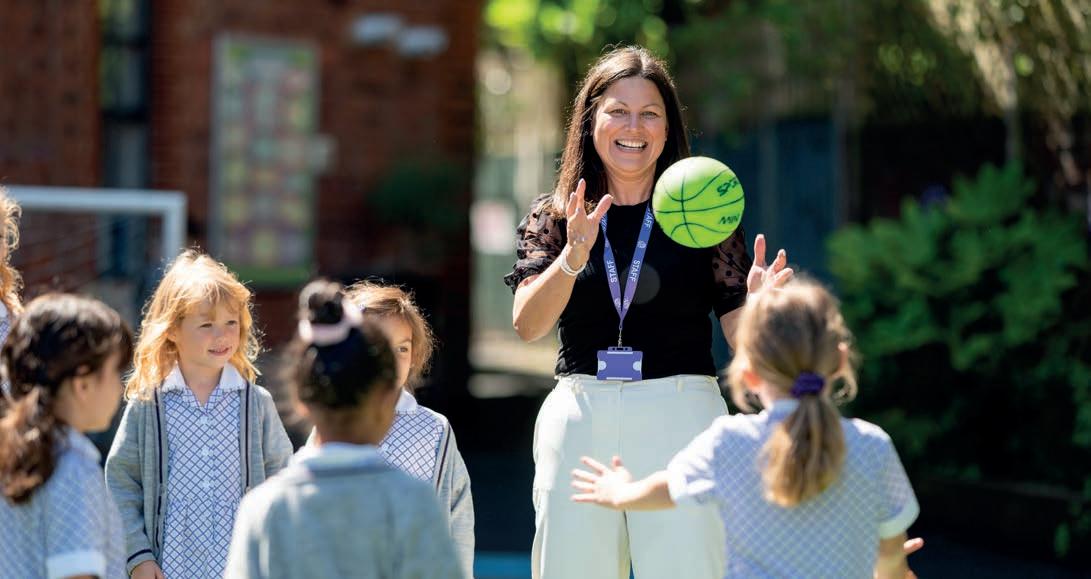

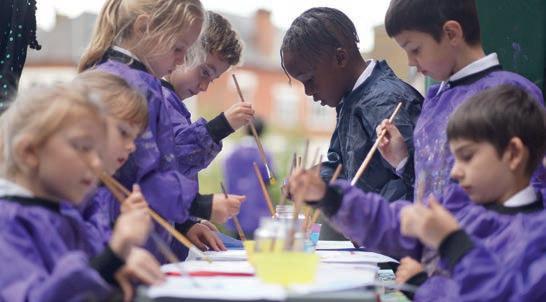
Visit our upcoming Open Morning Tuesday 26 November 2024 ‘We think Rosemead is defi nitely ‘one to watch’ as it carves out a specific niche in this corner of London’ - Good Schools Guide 2024
